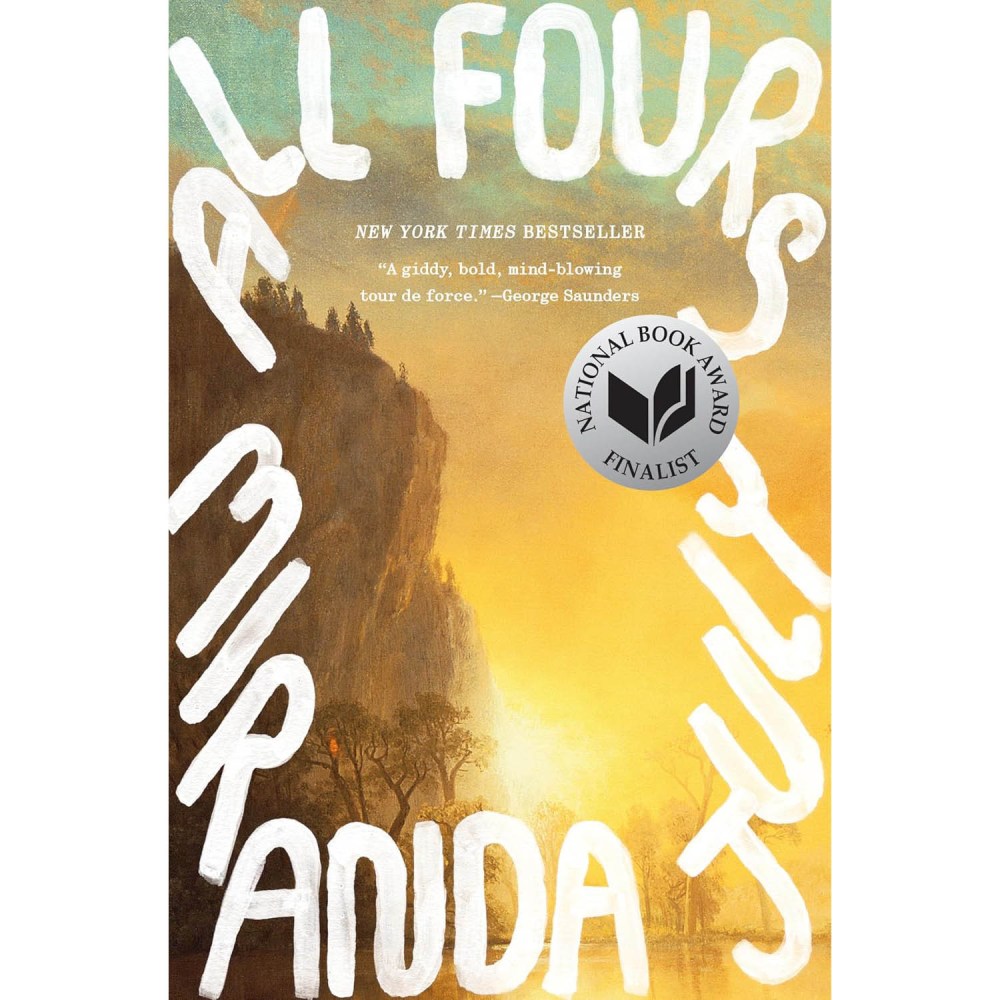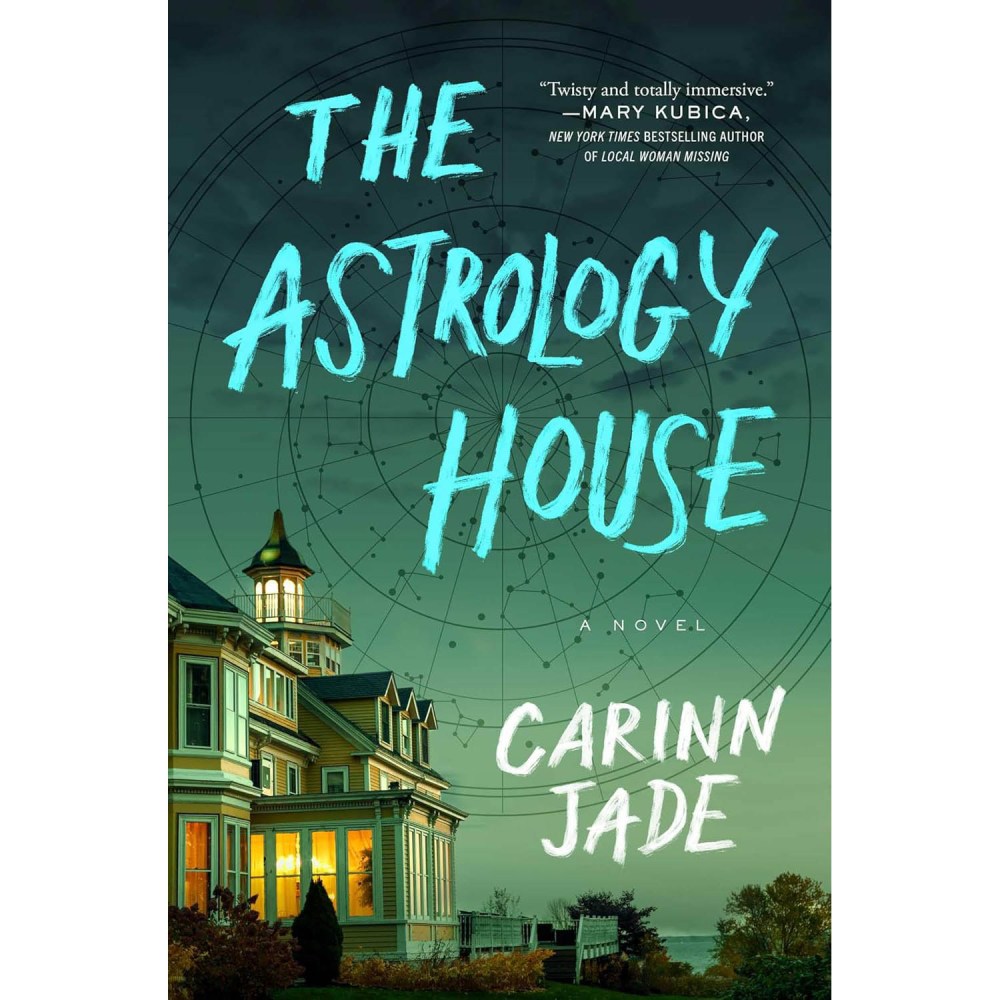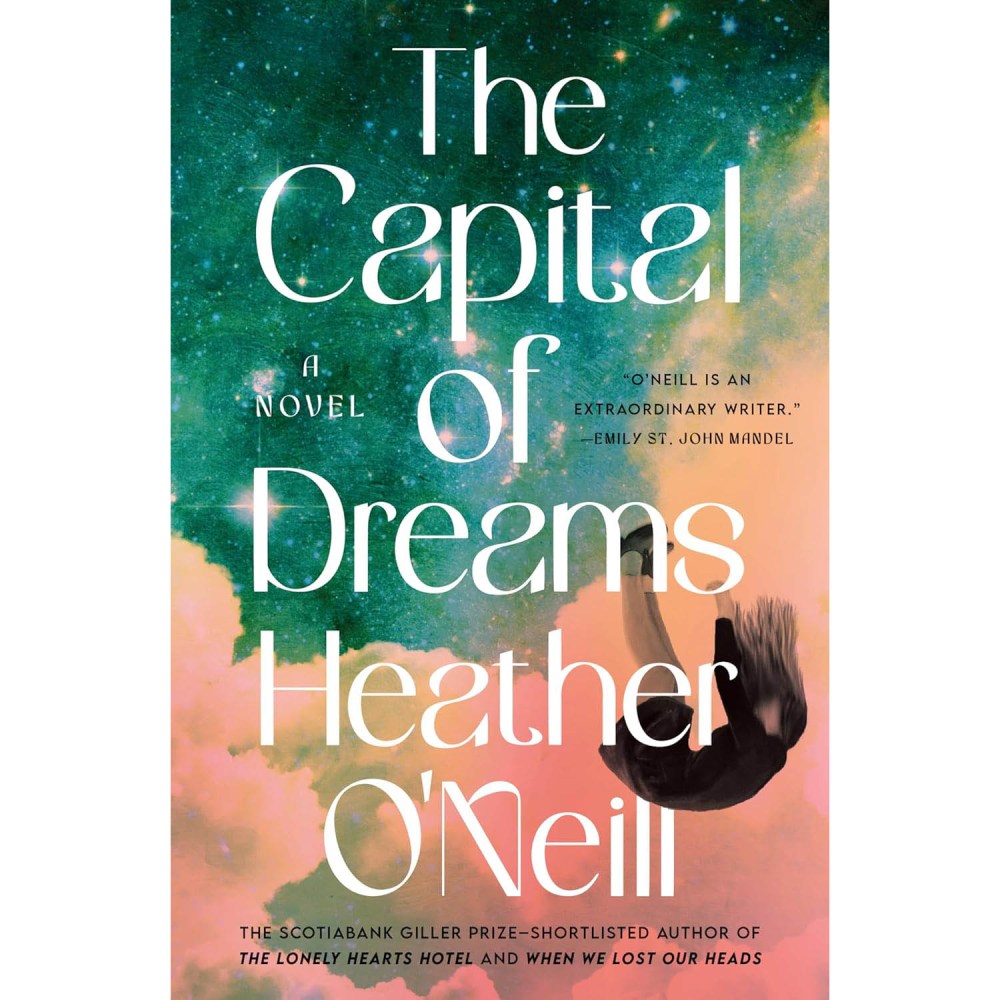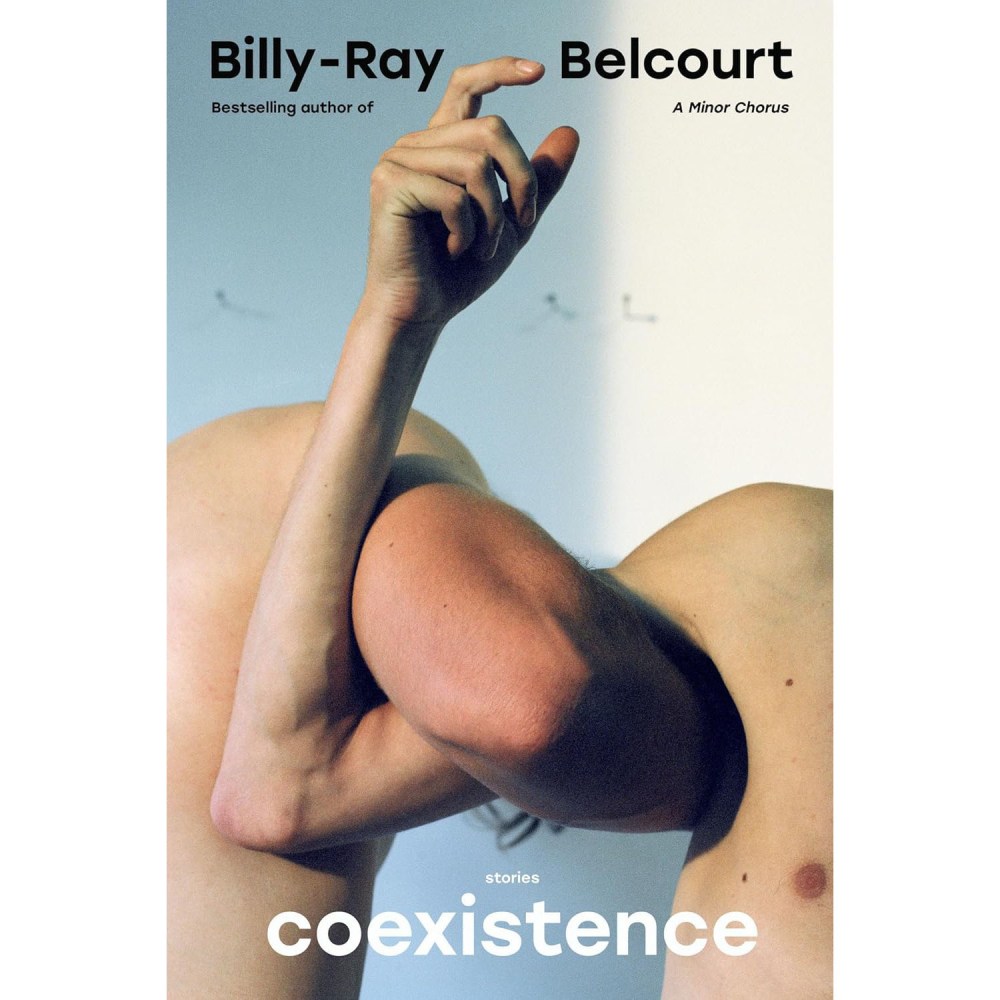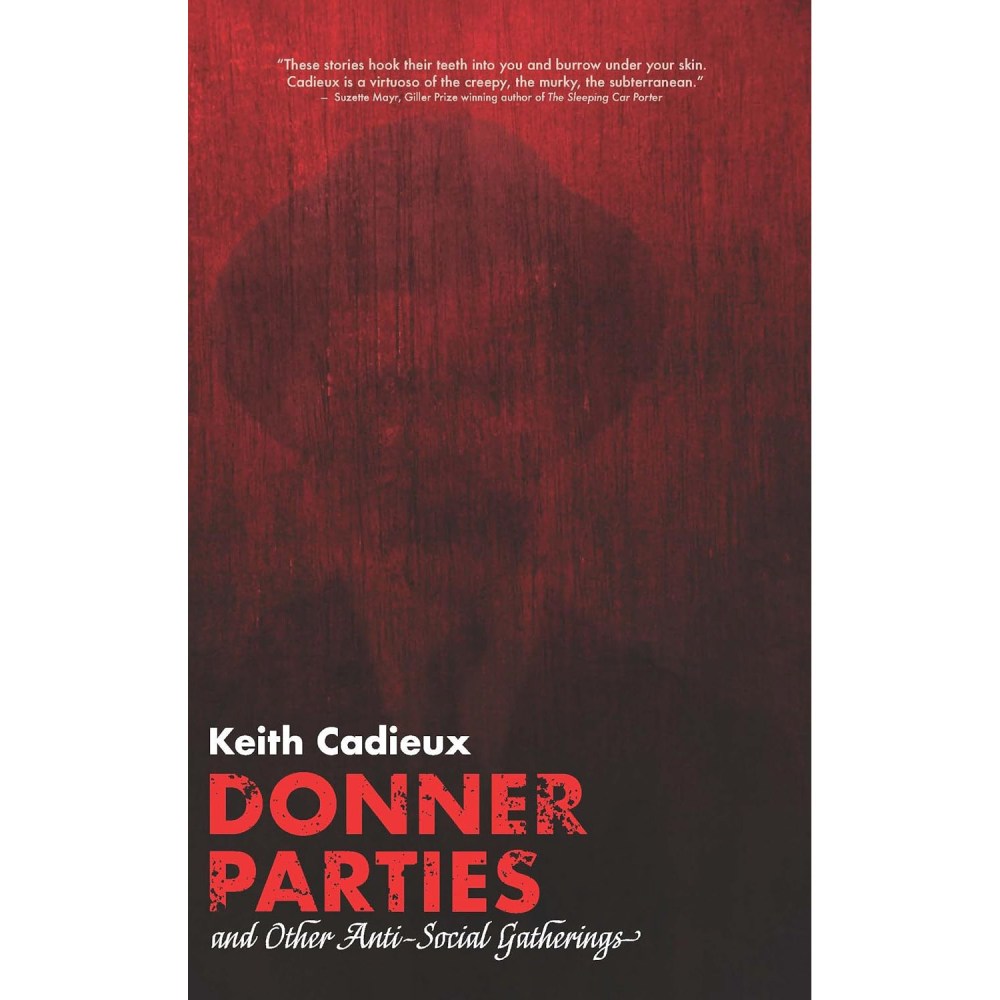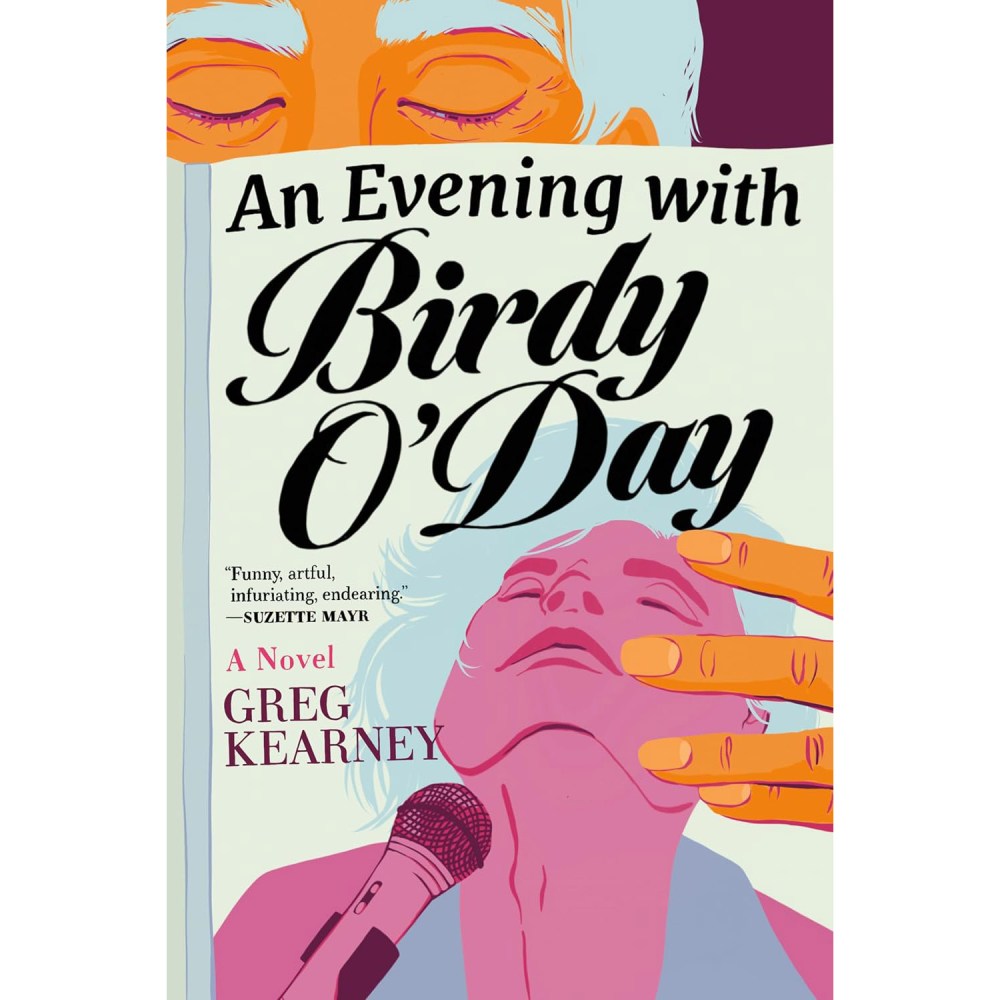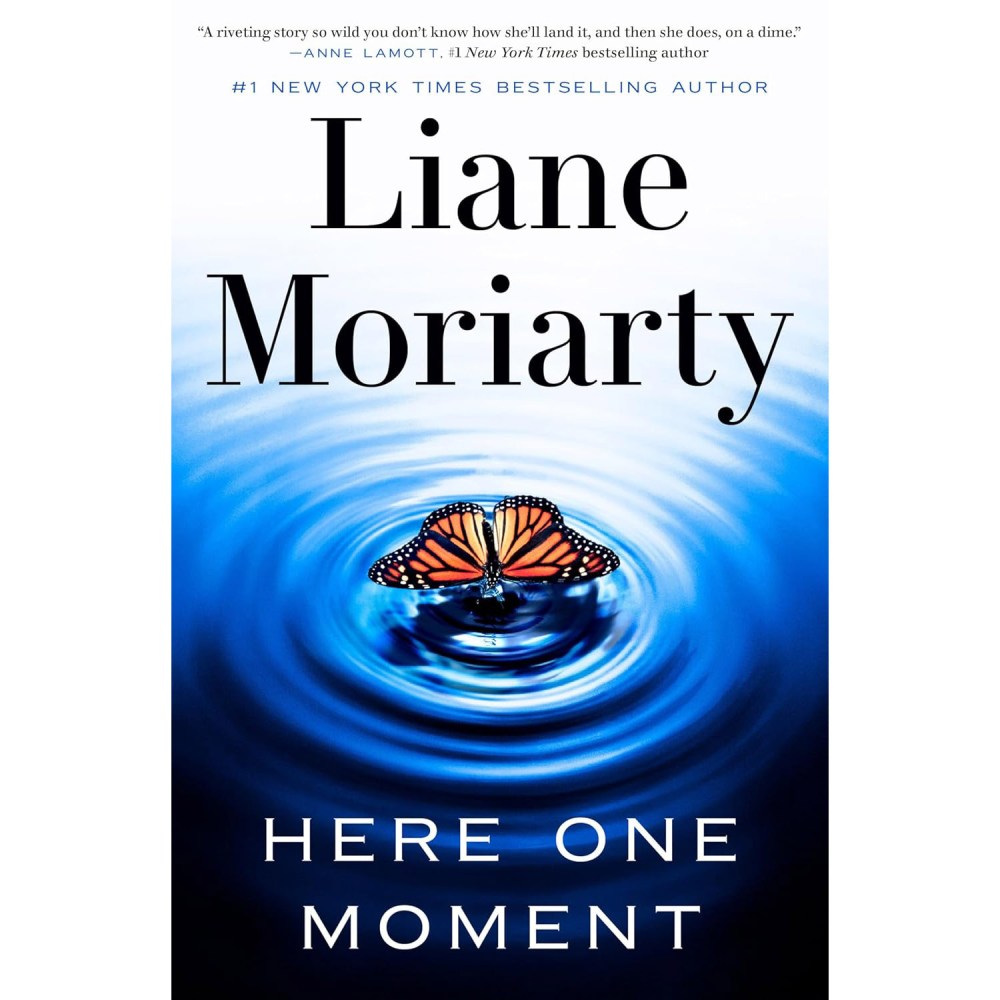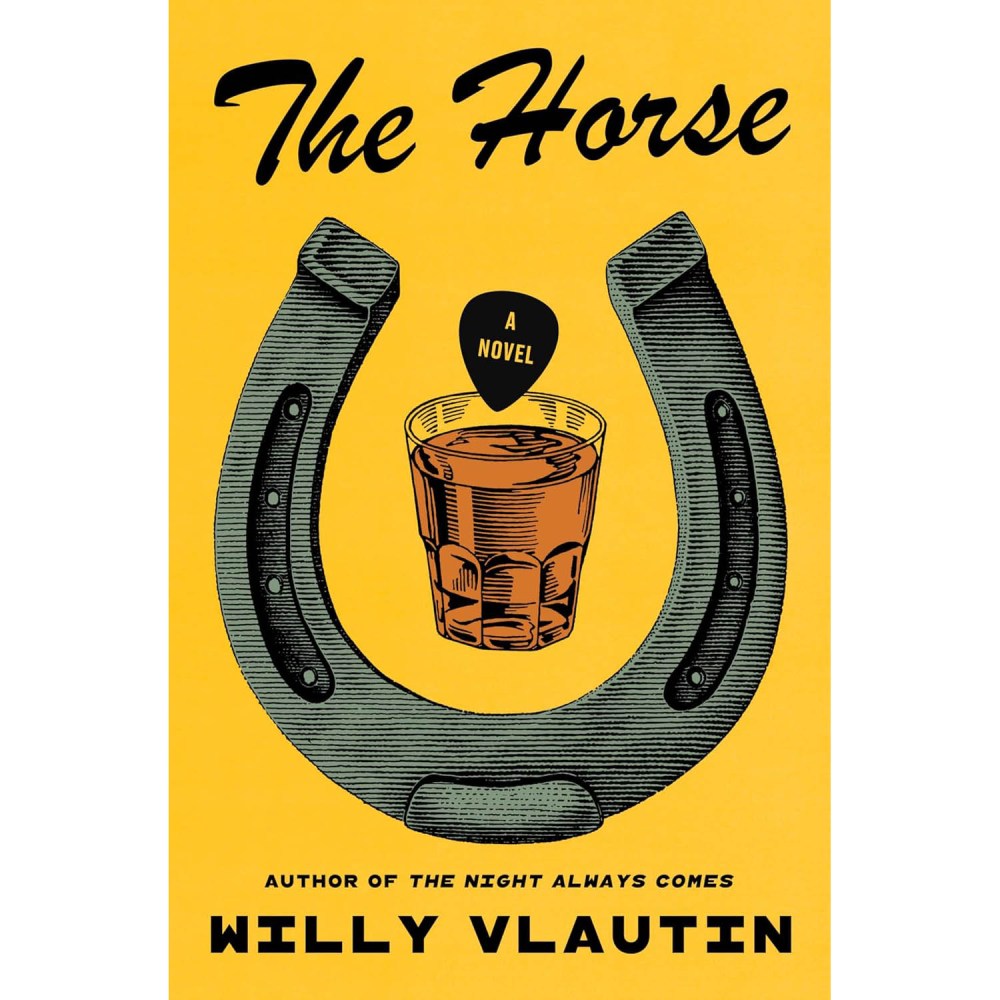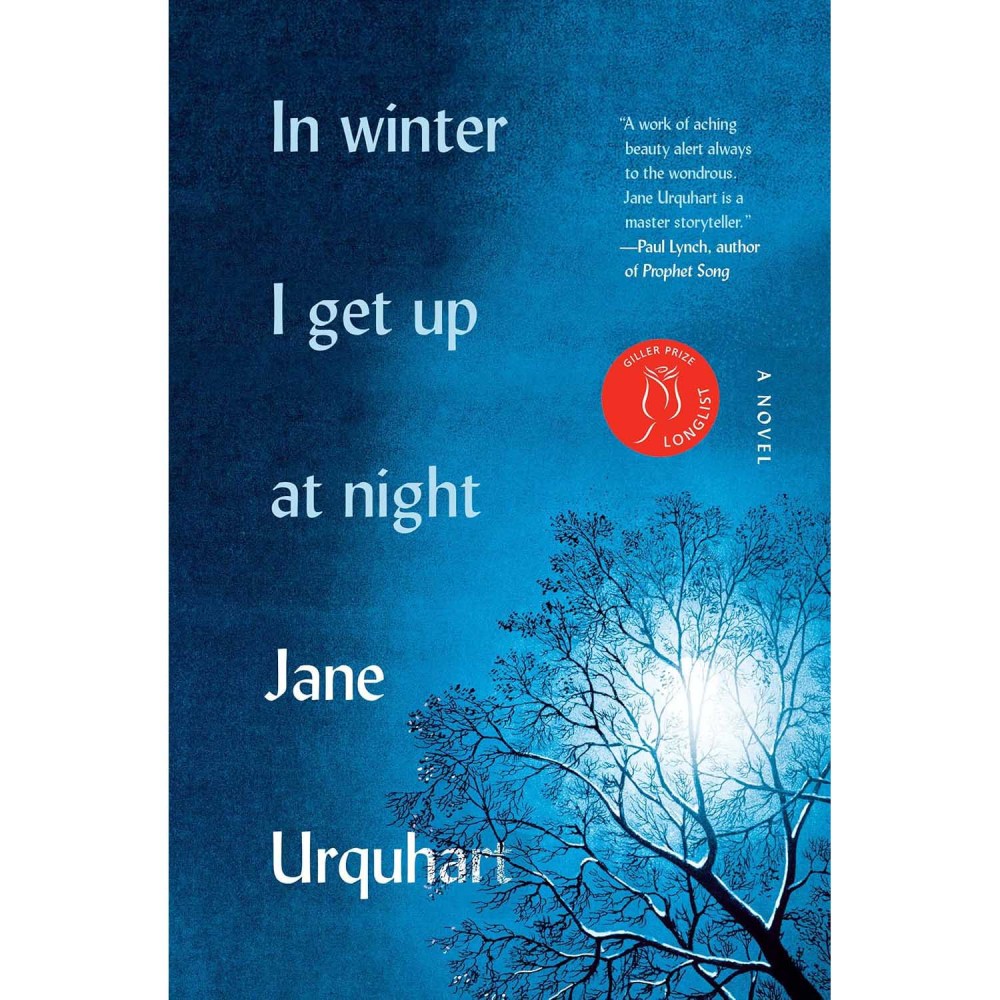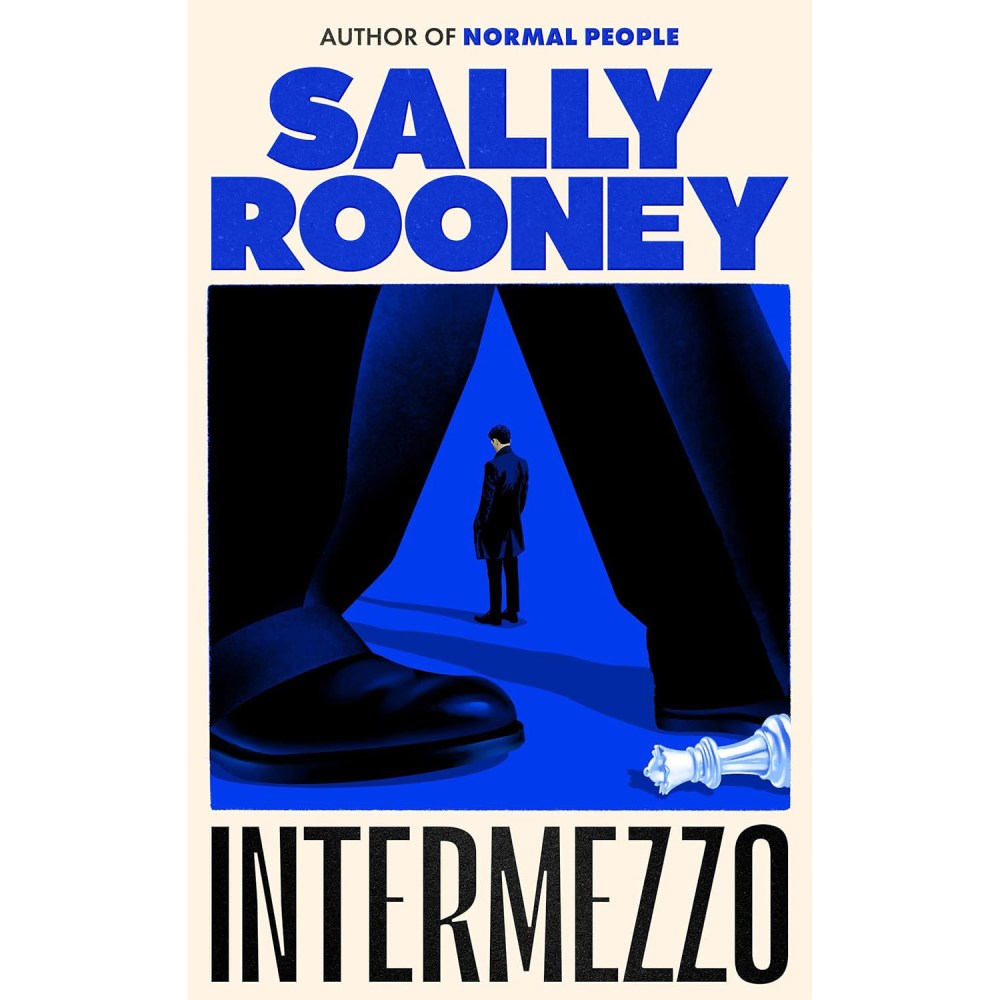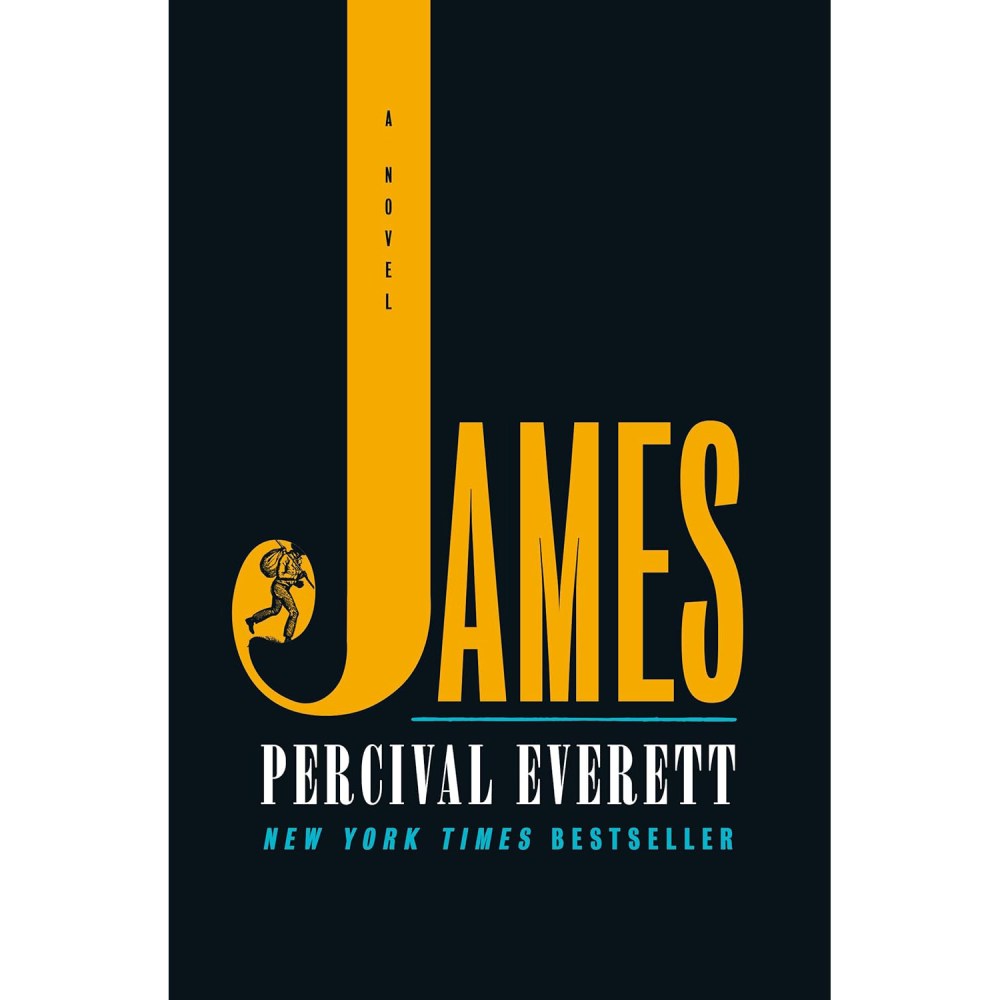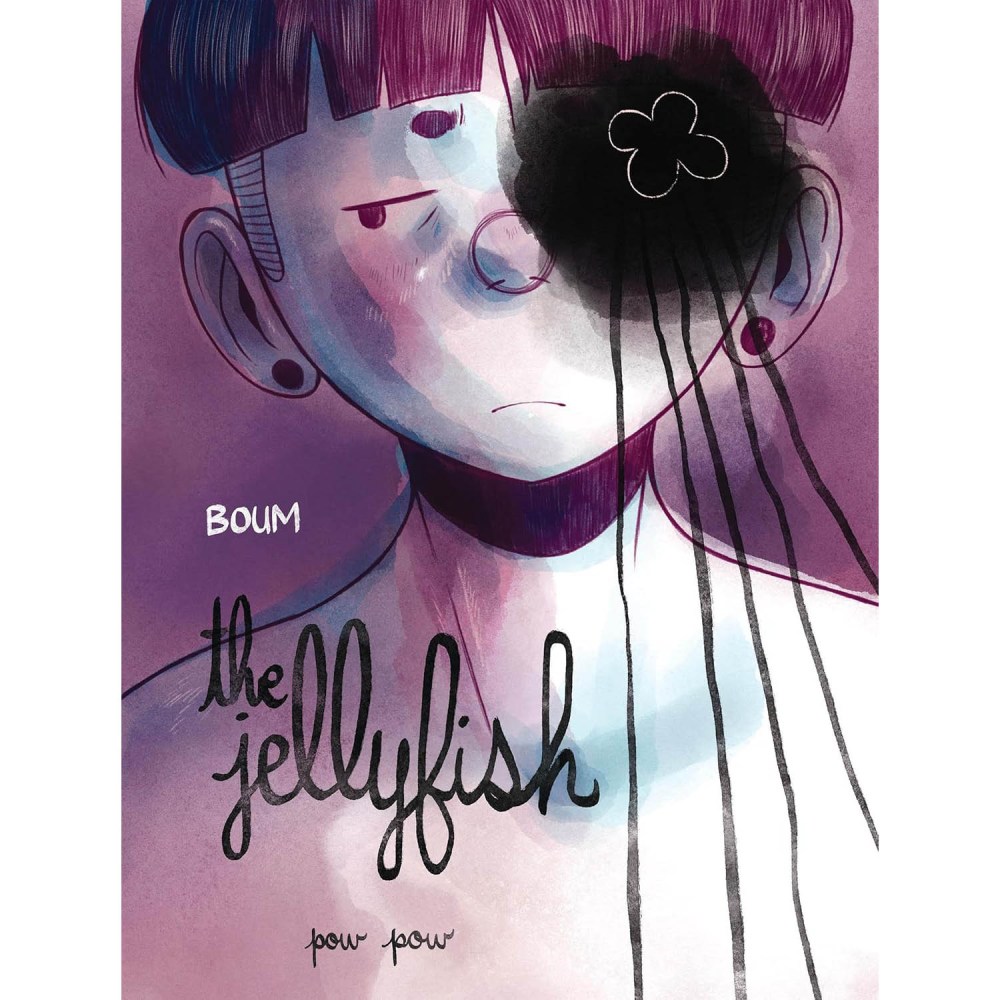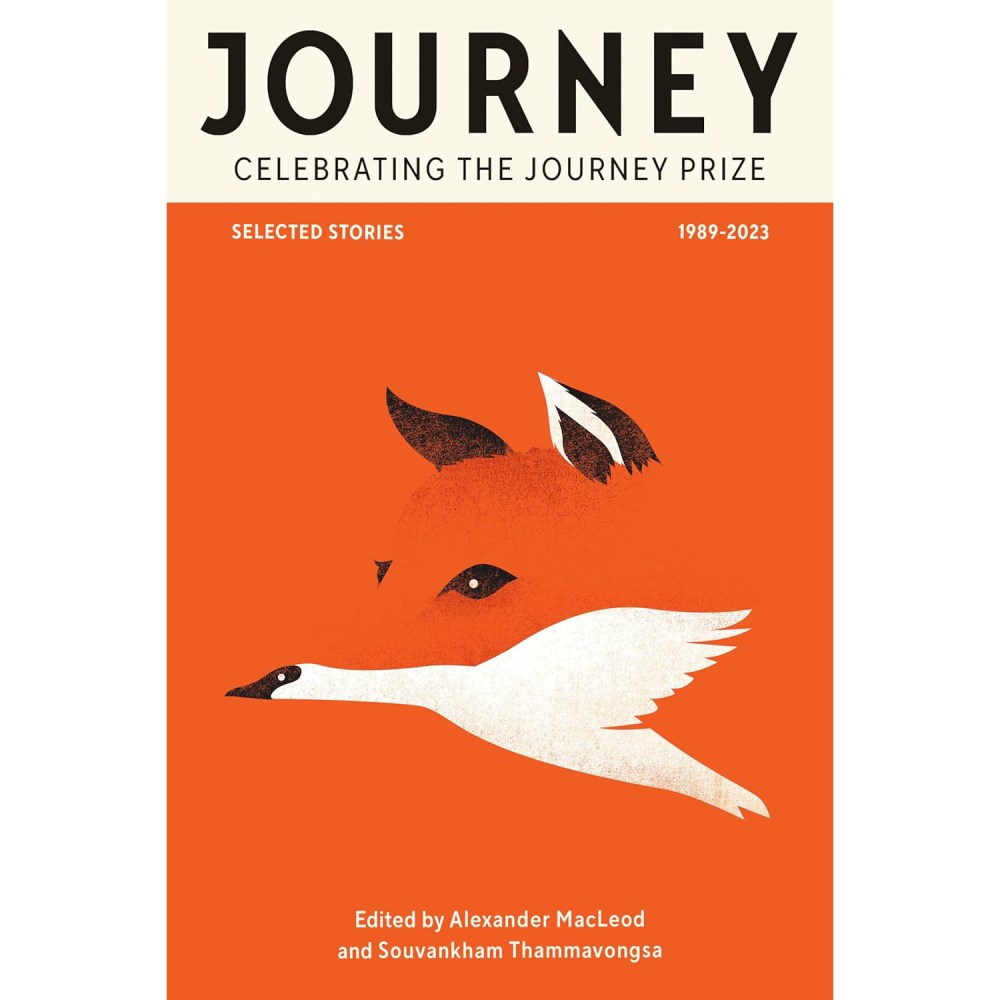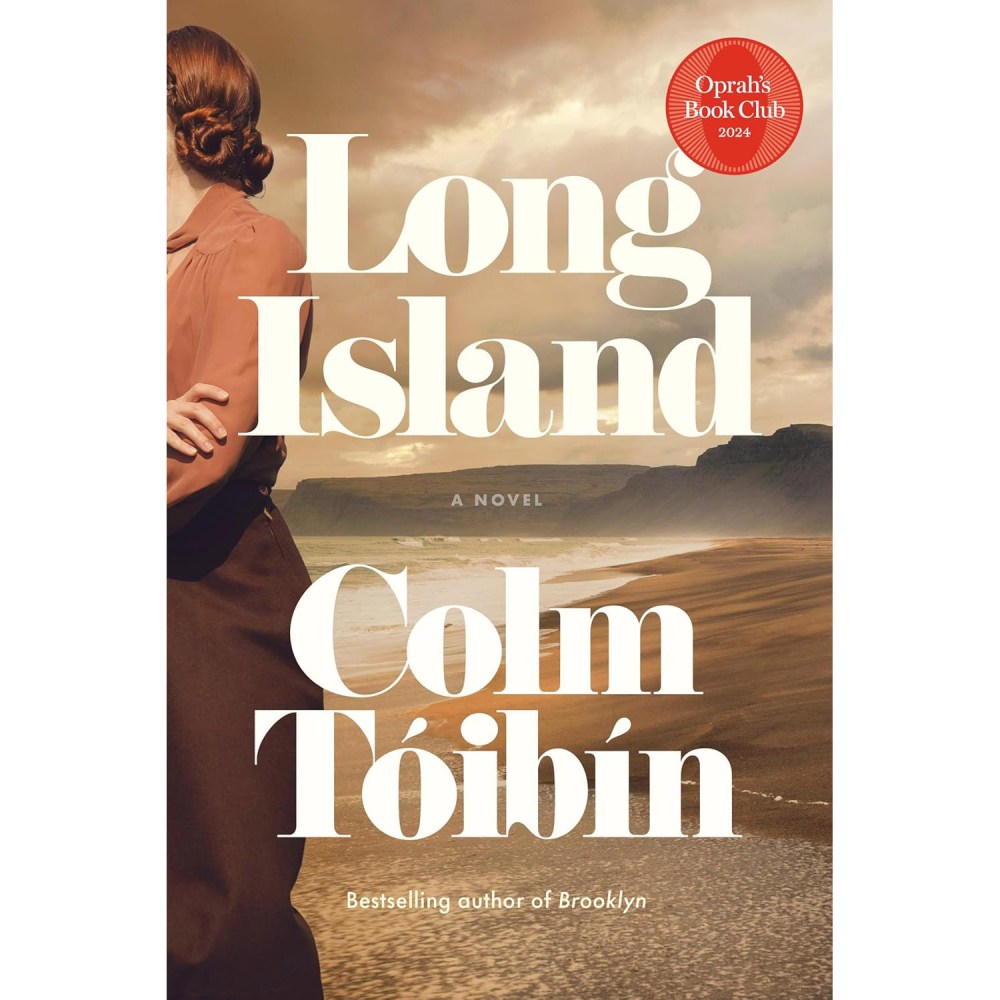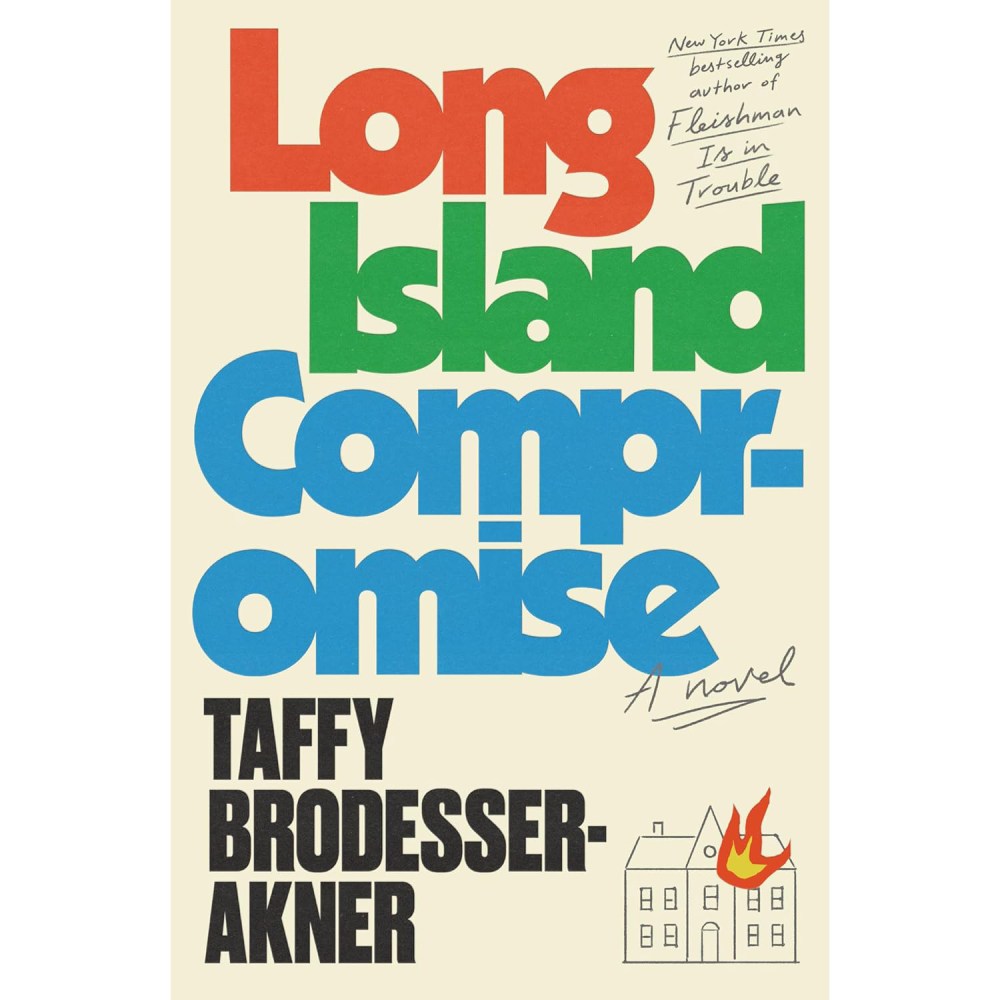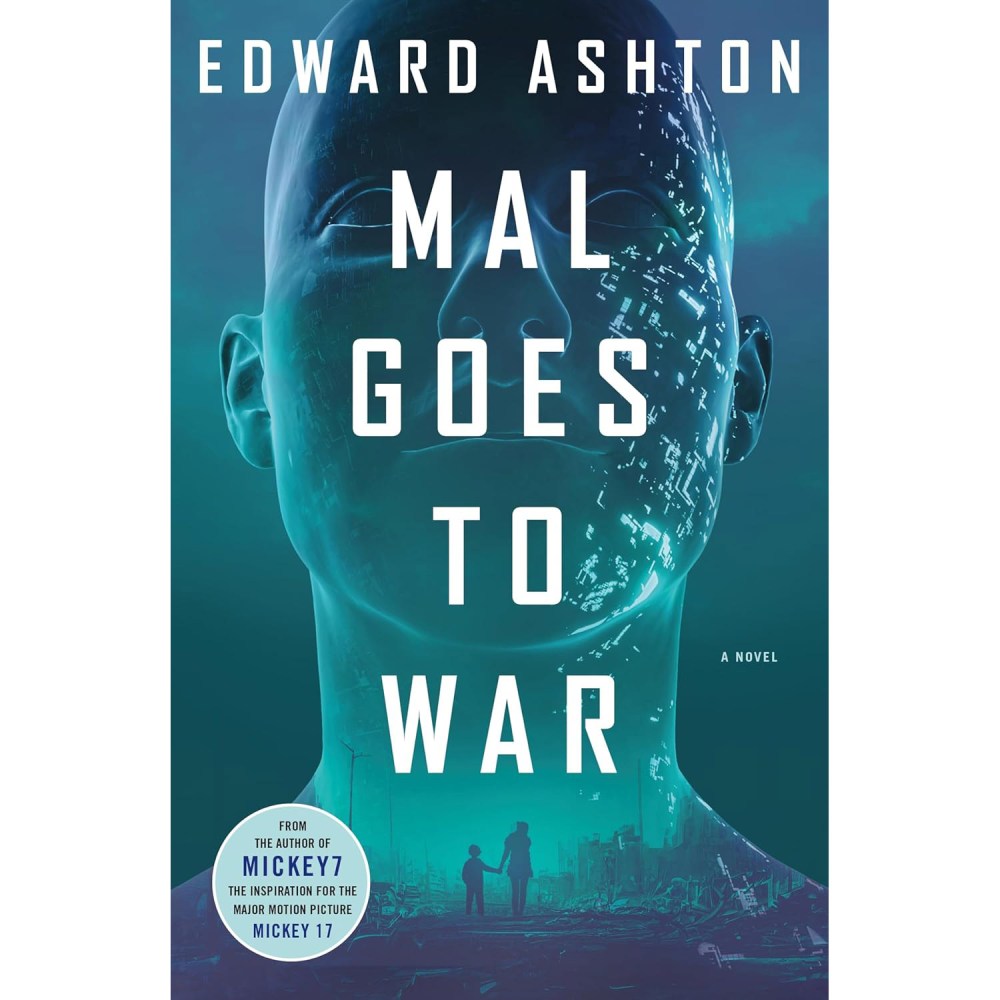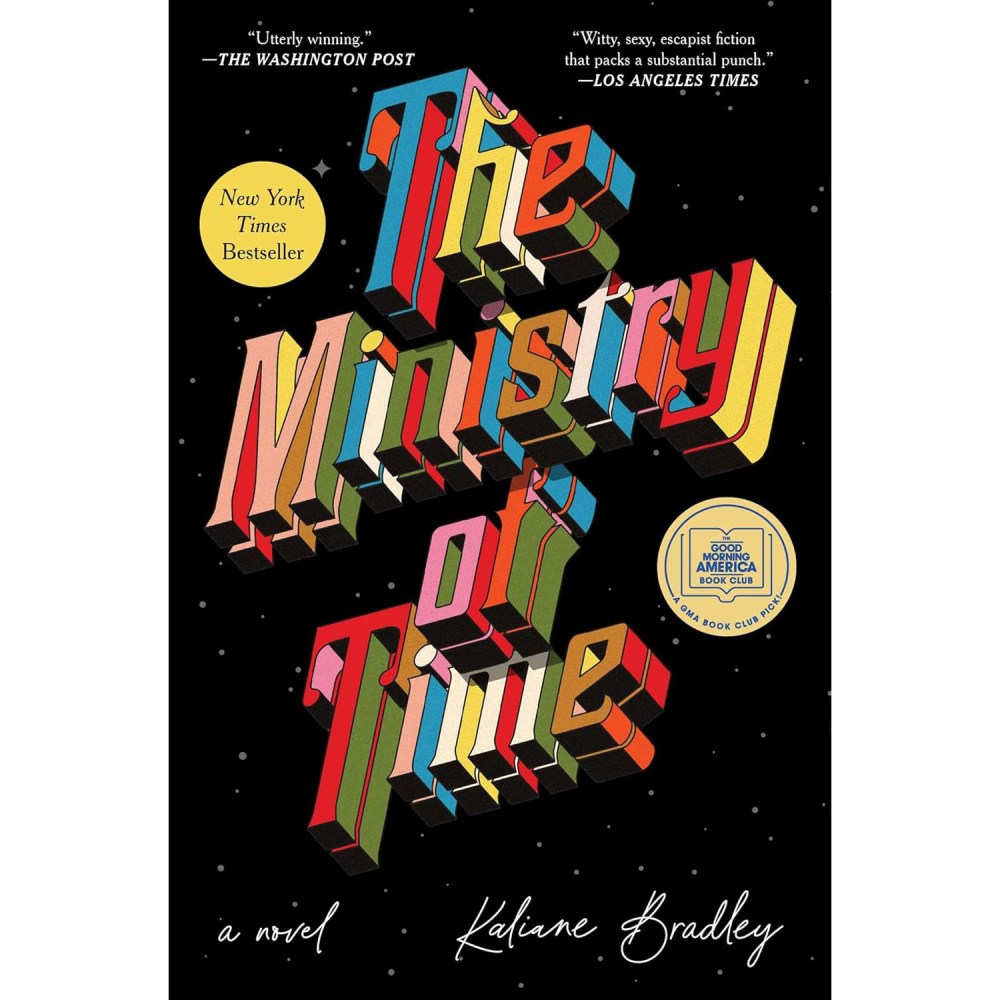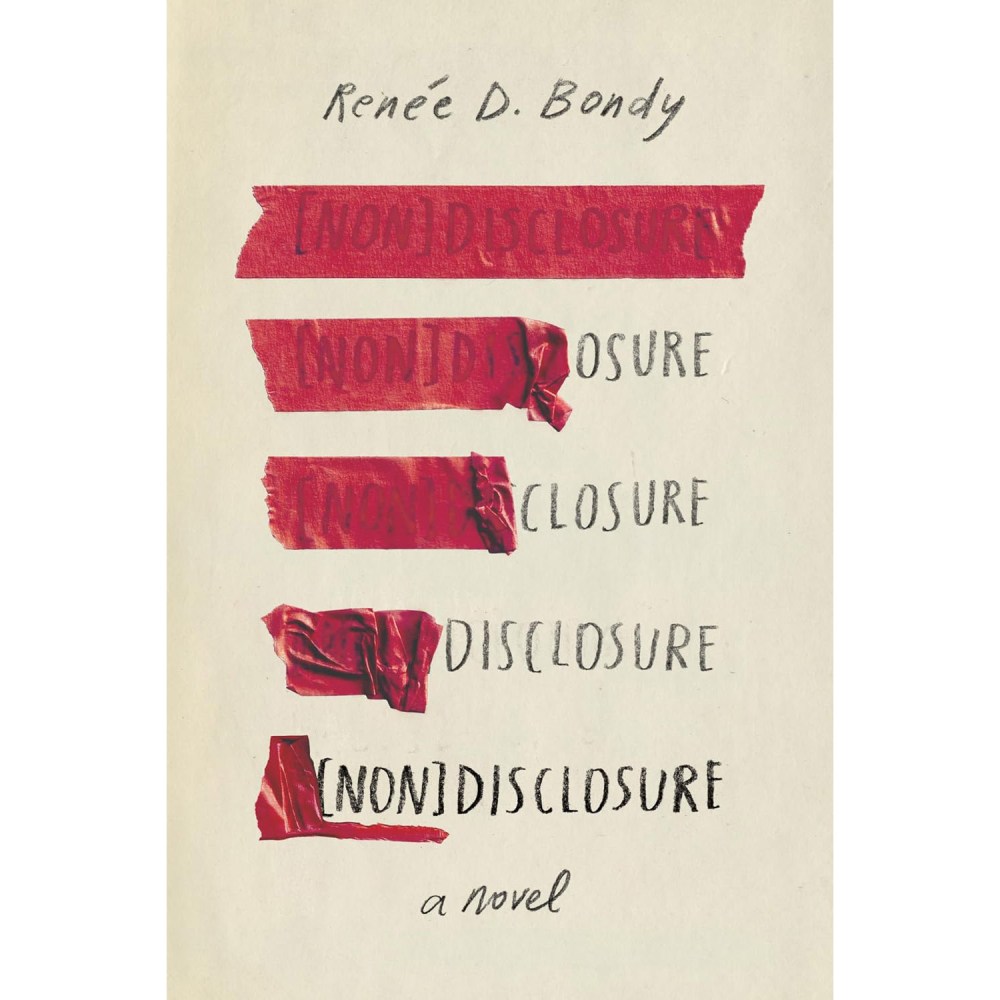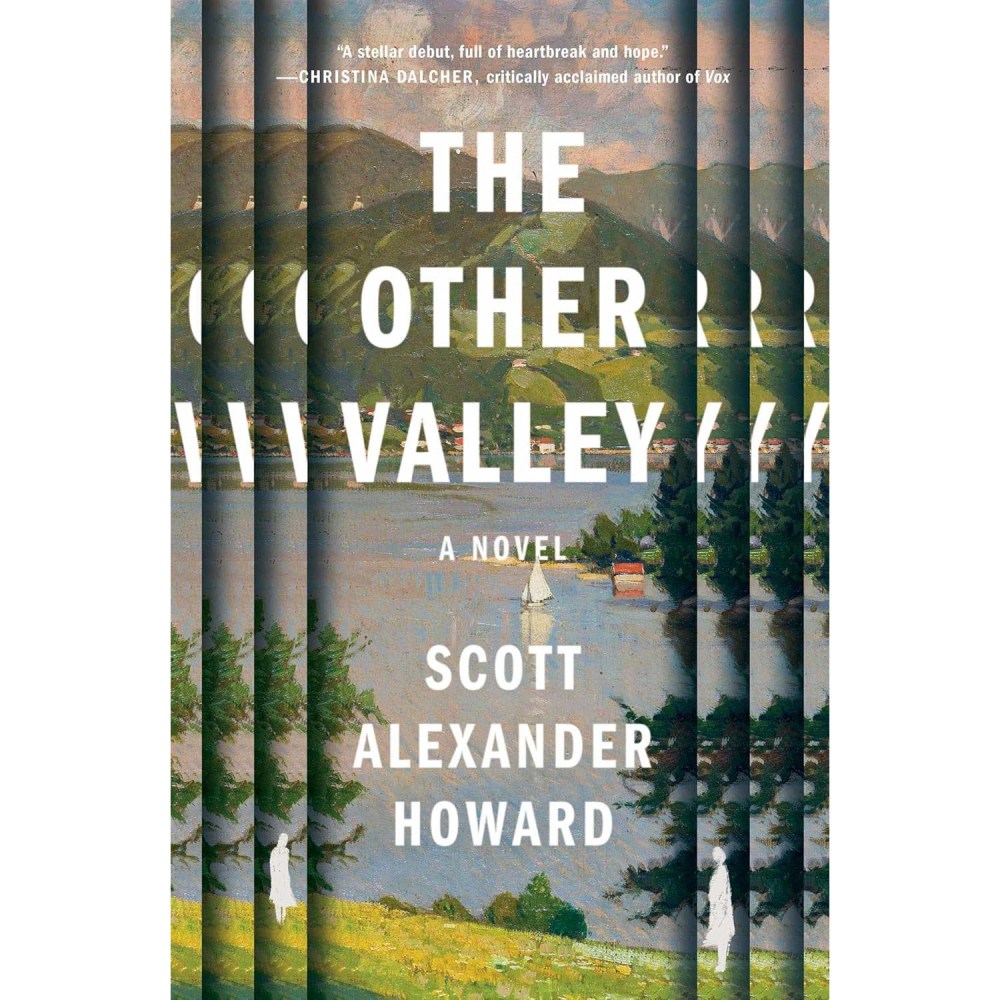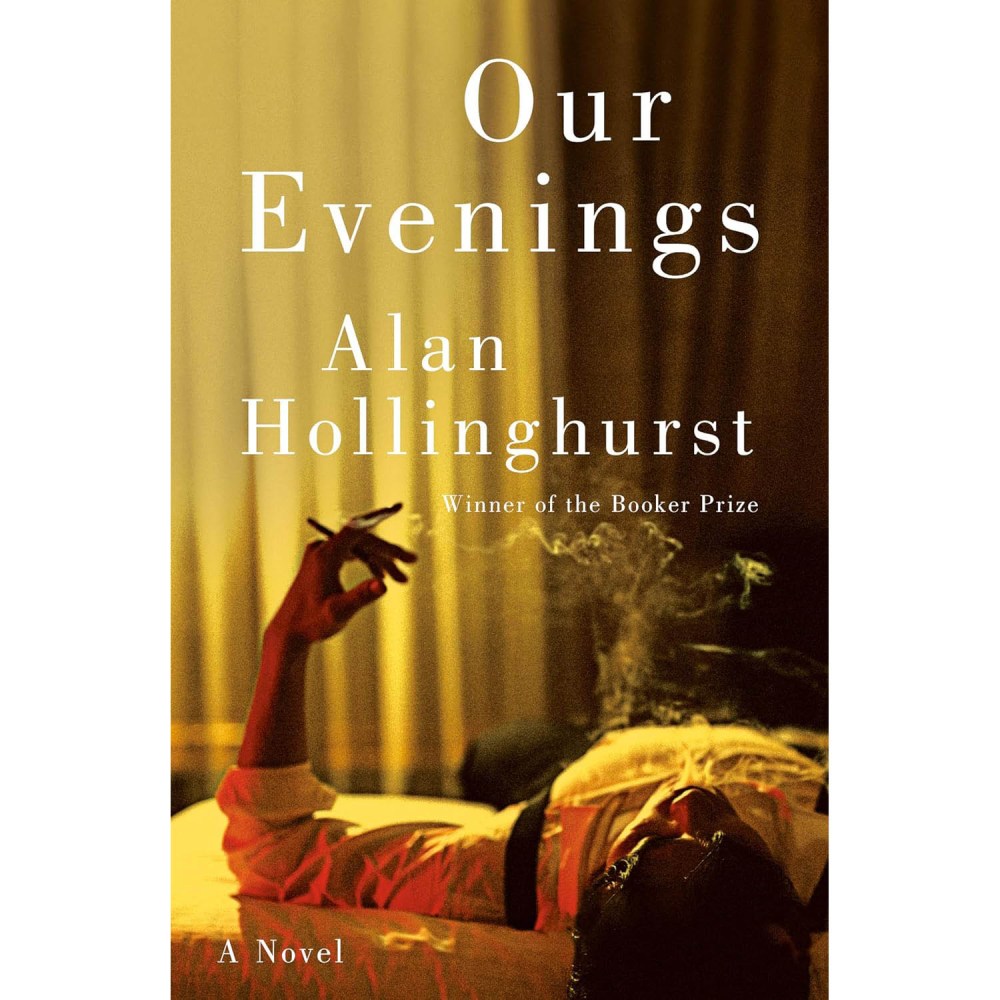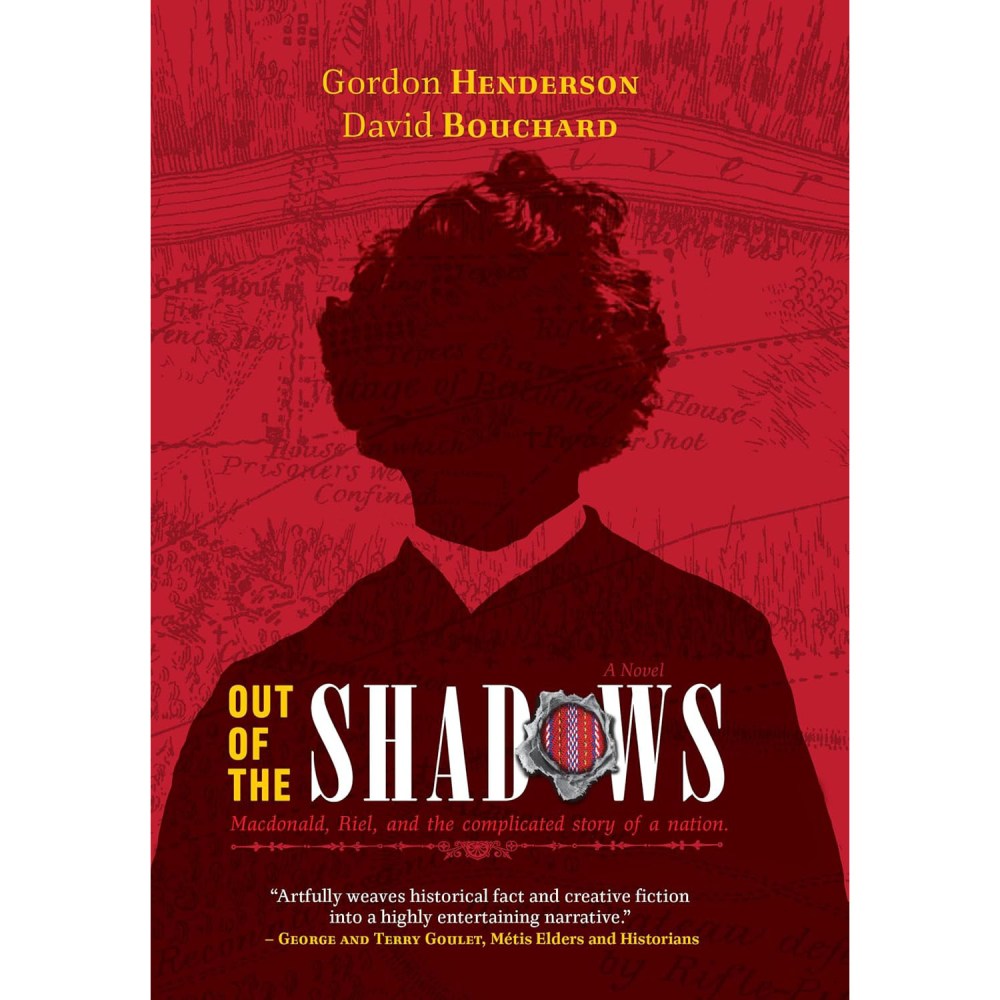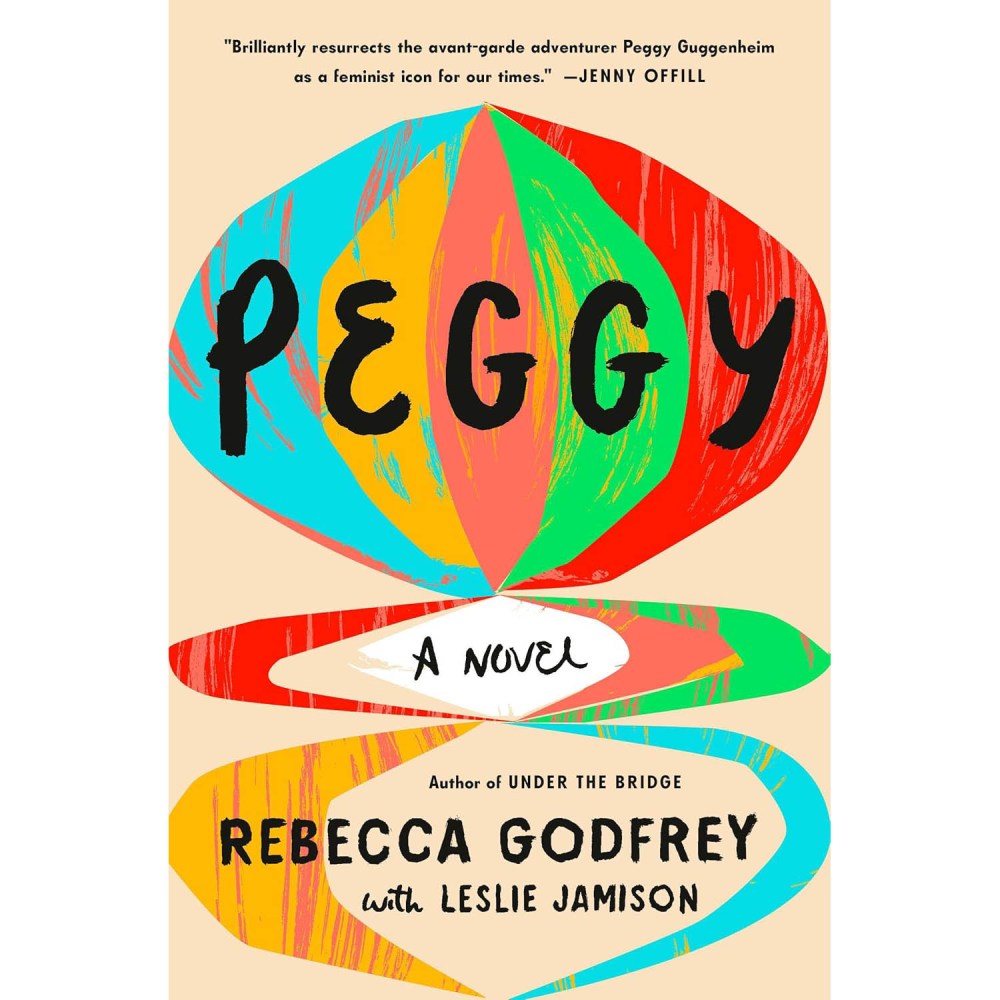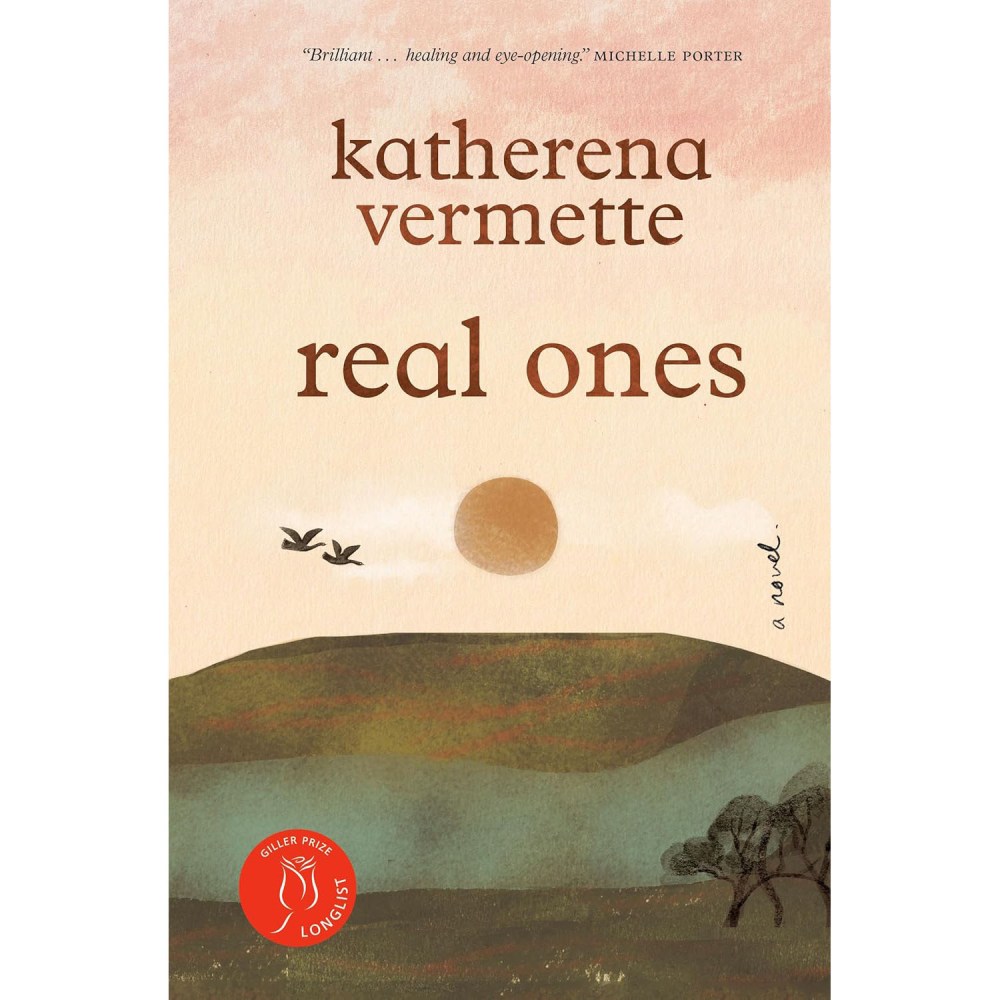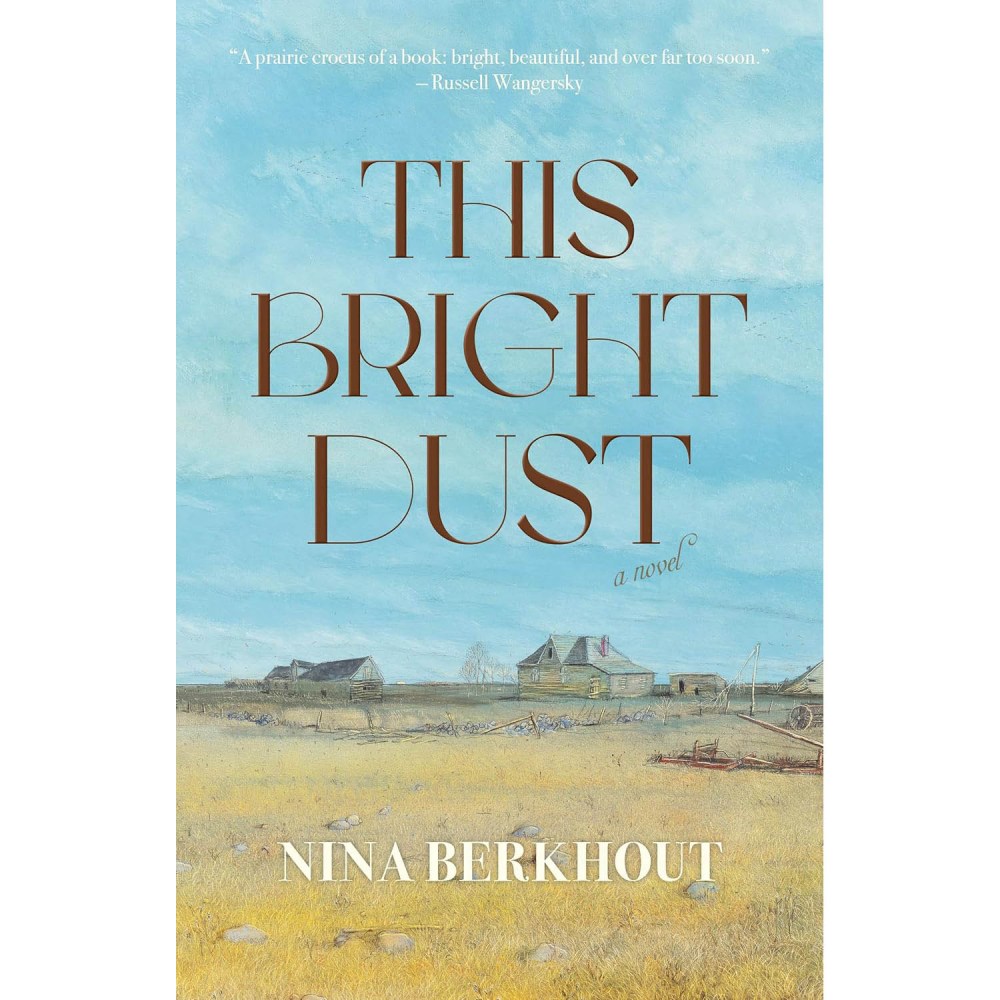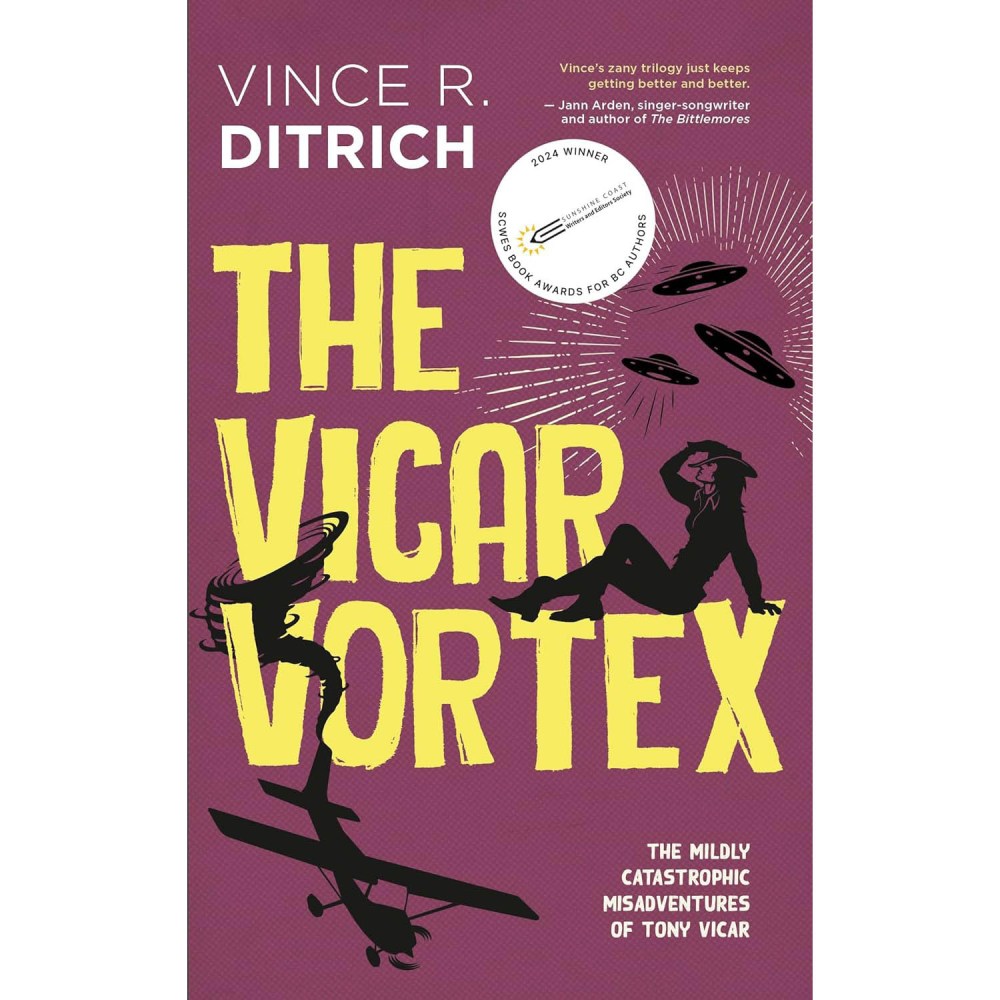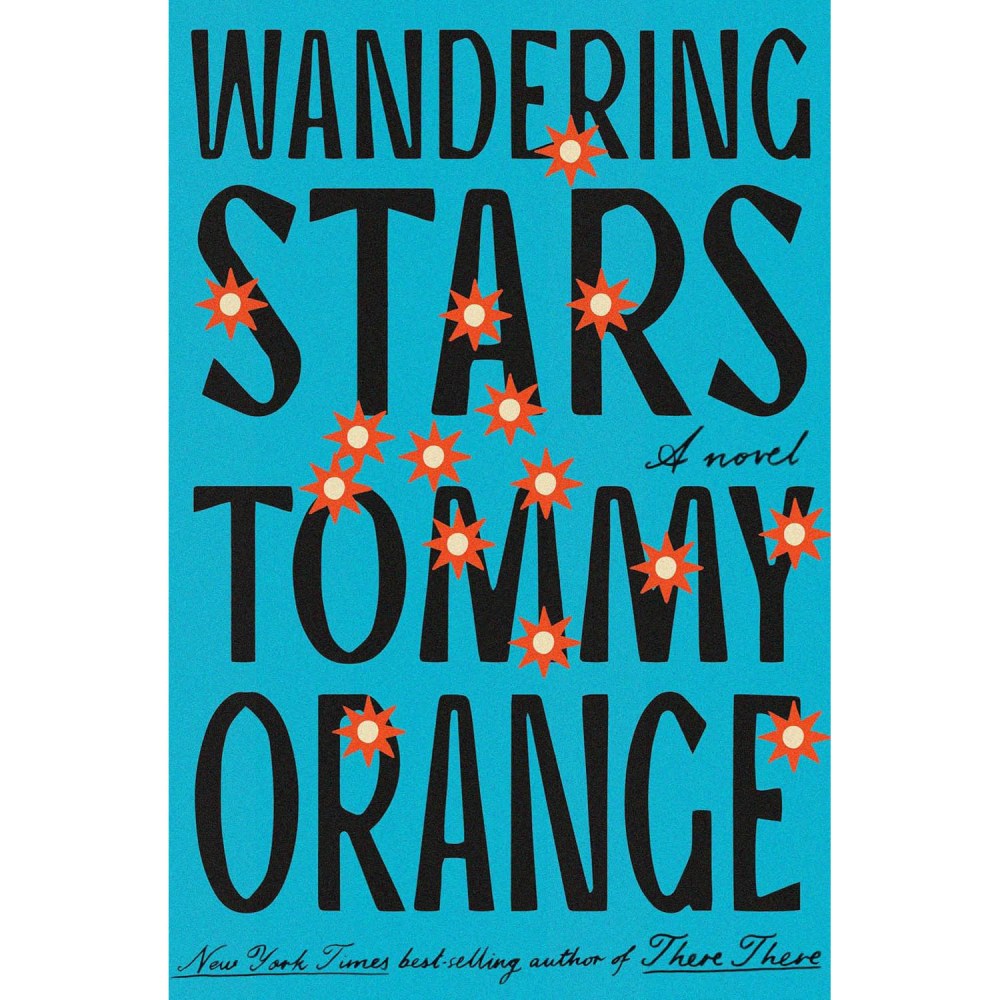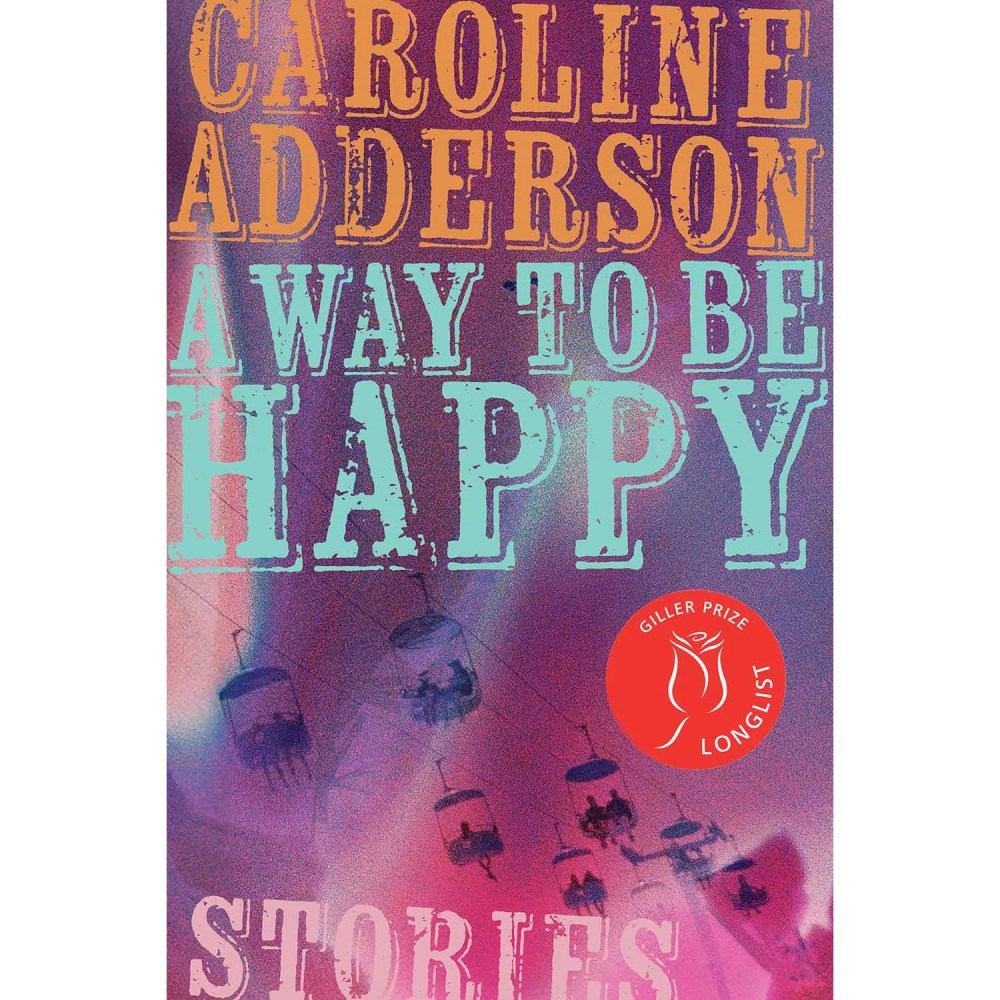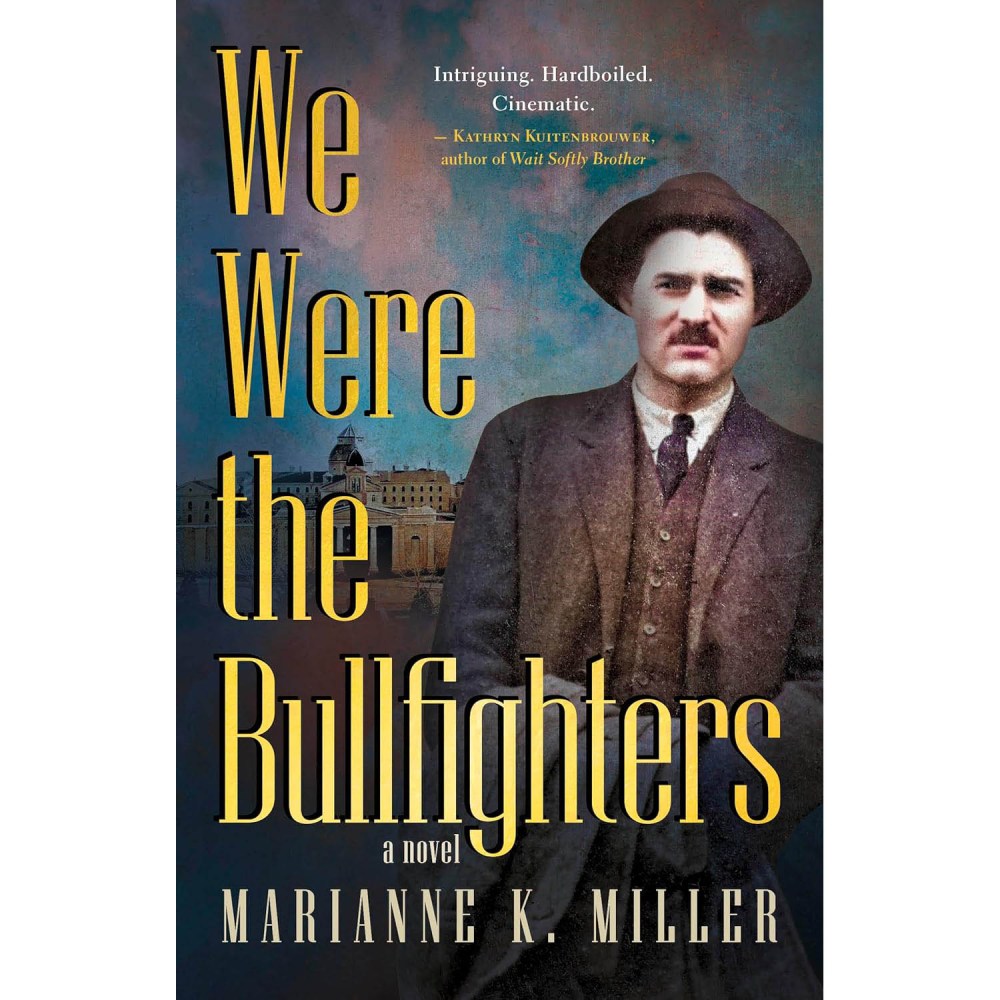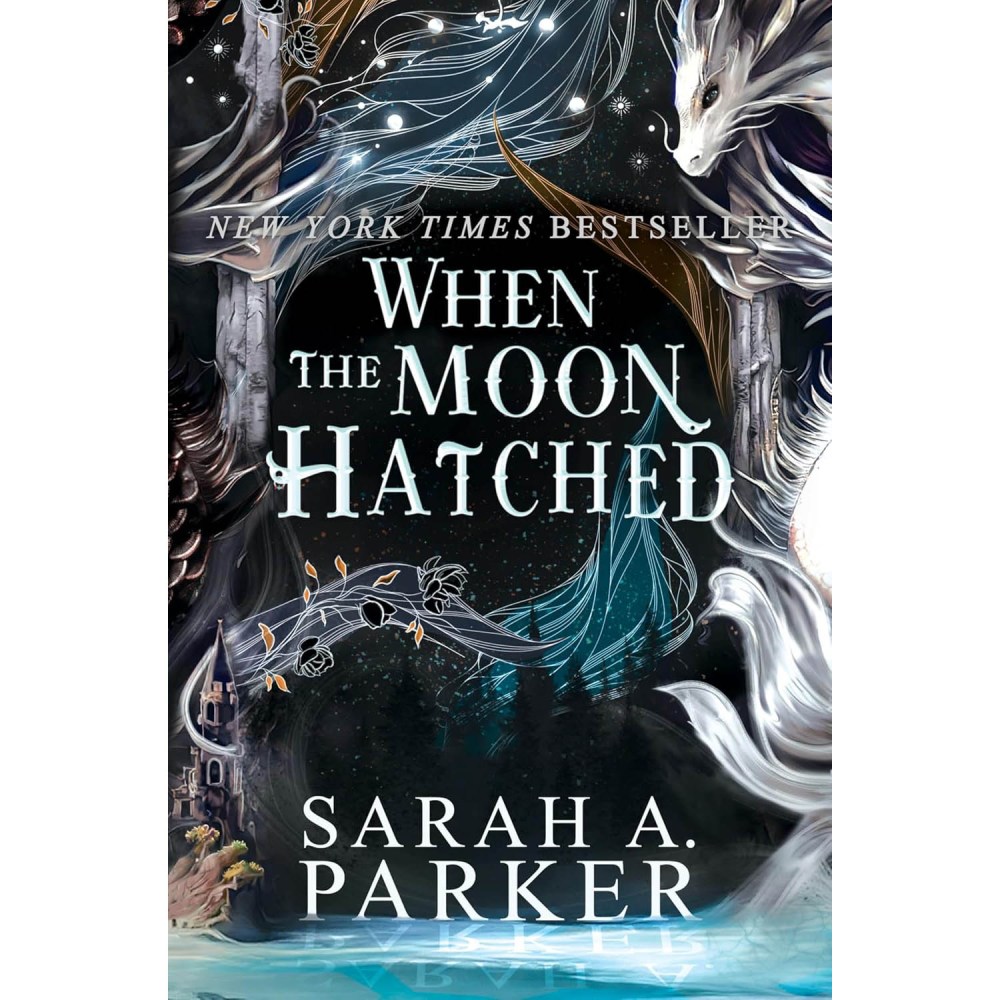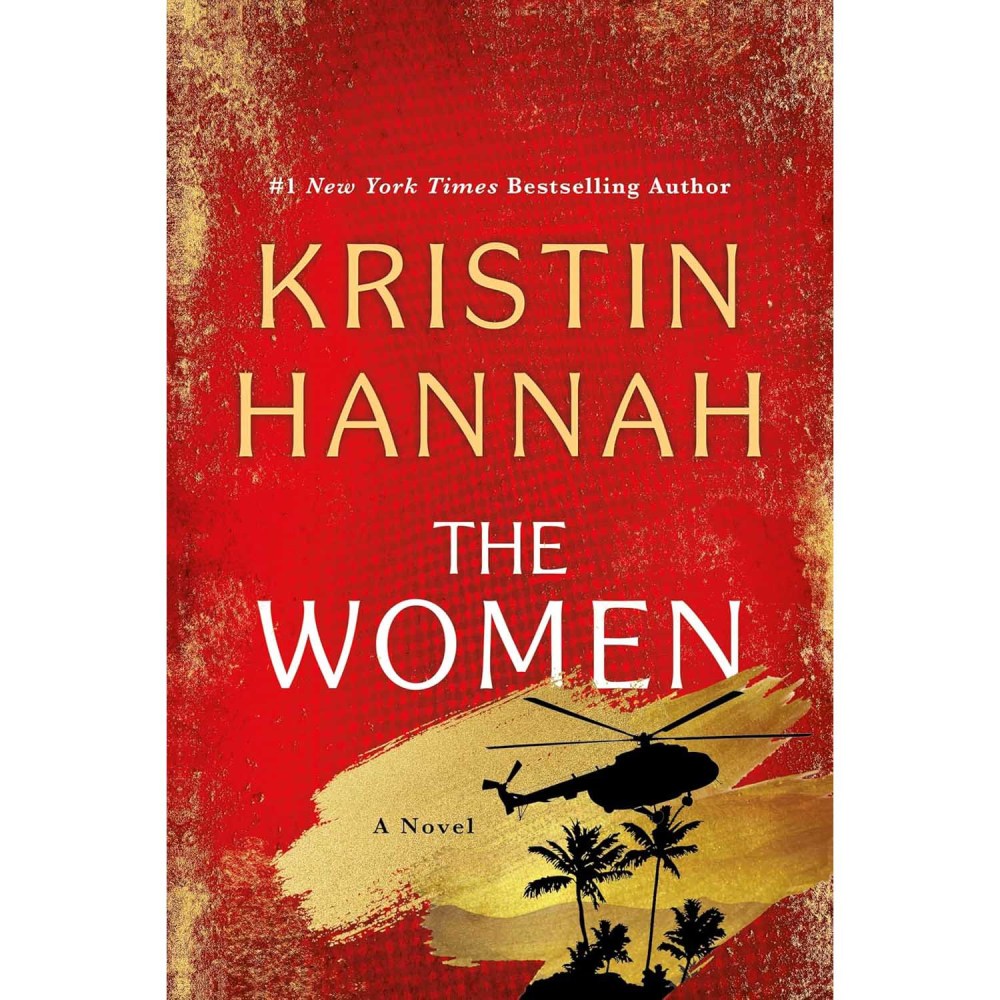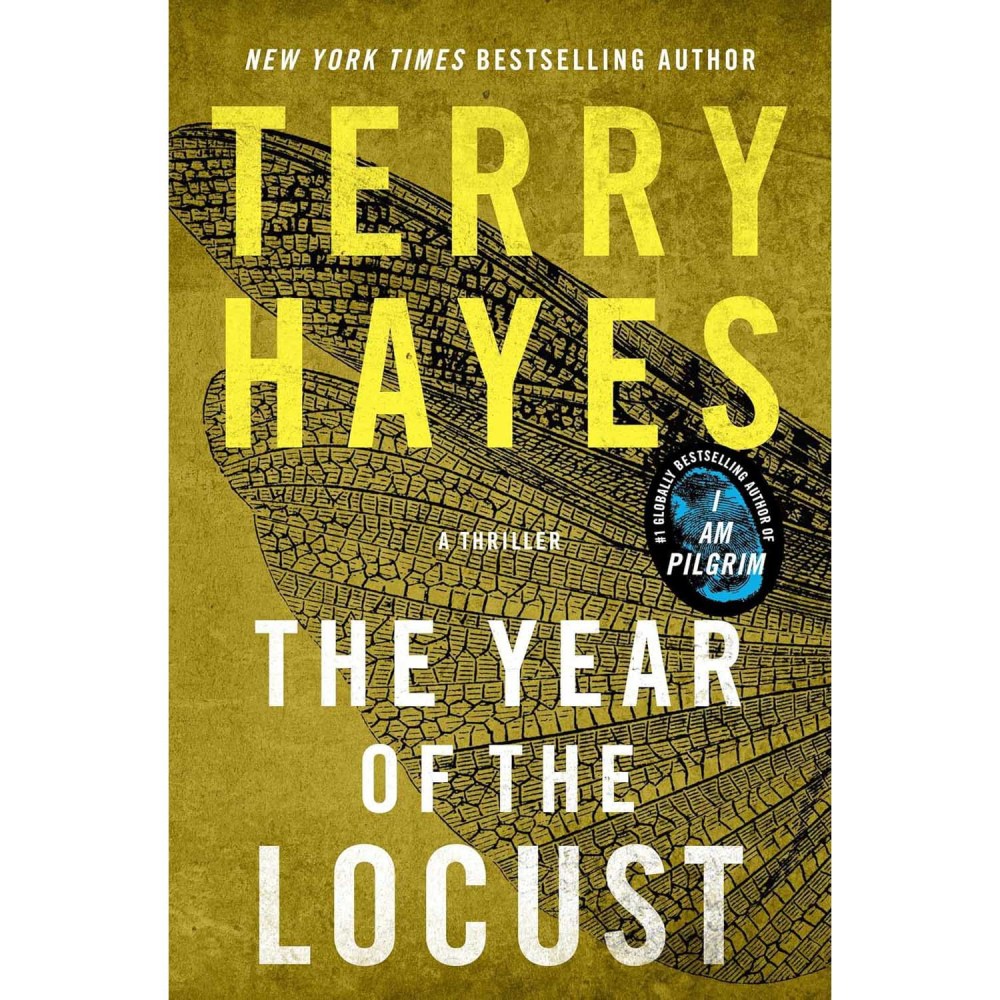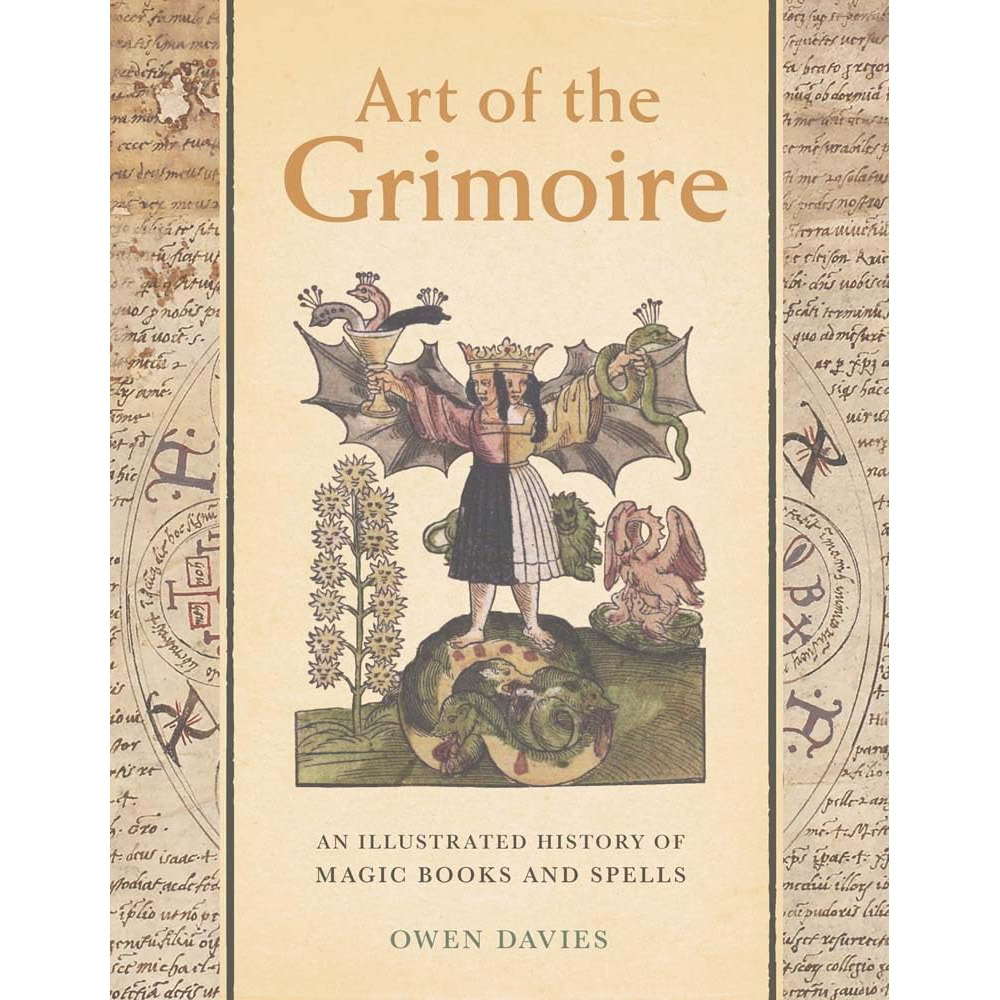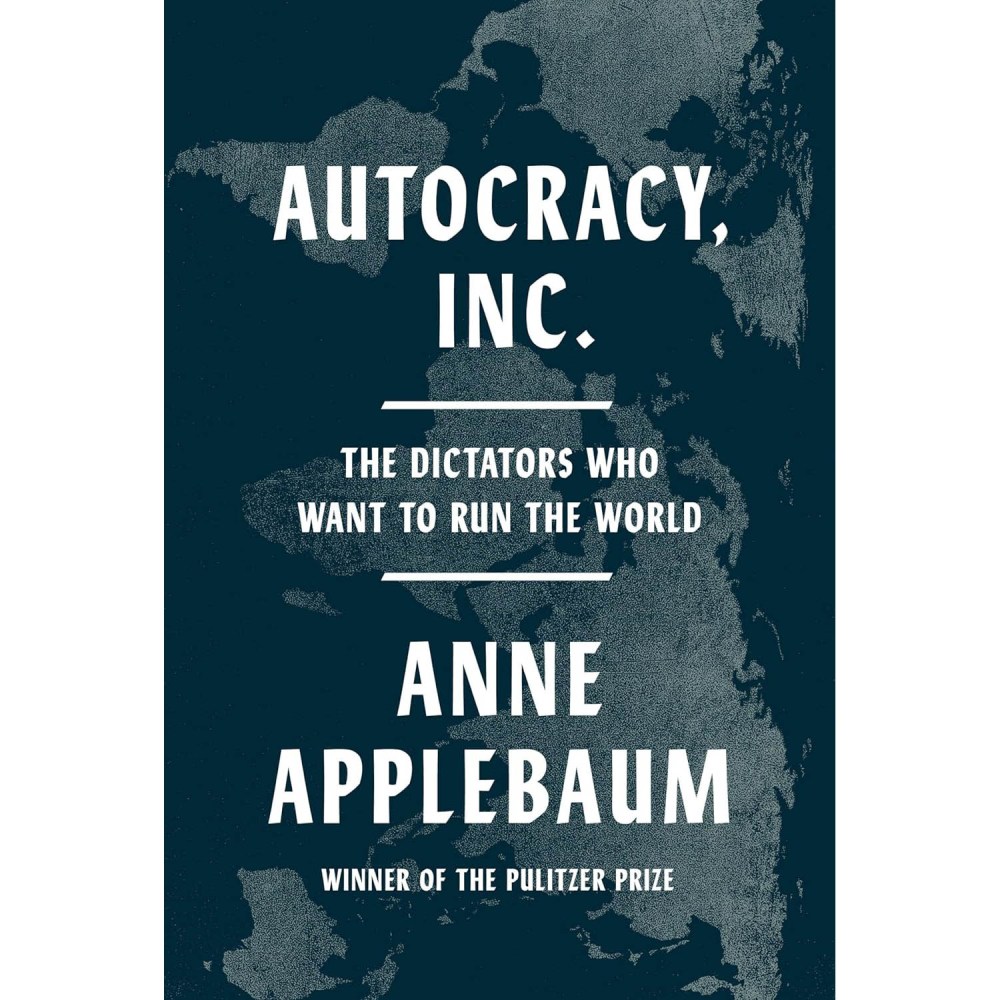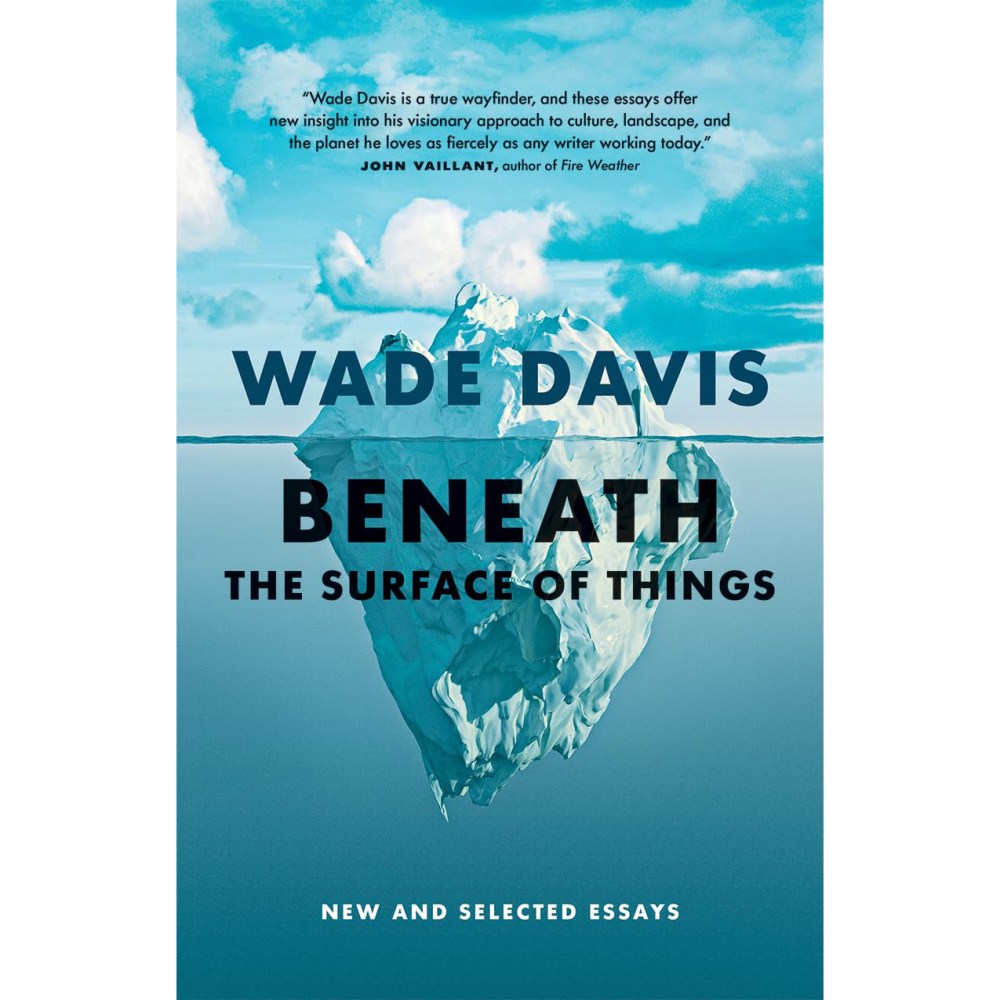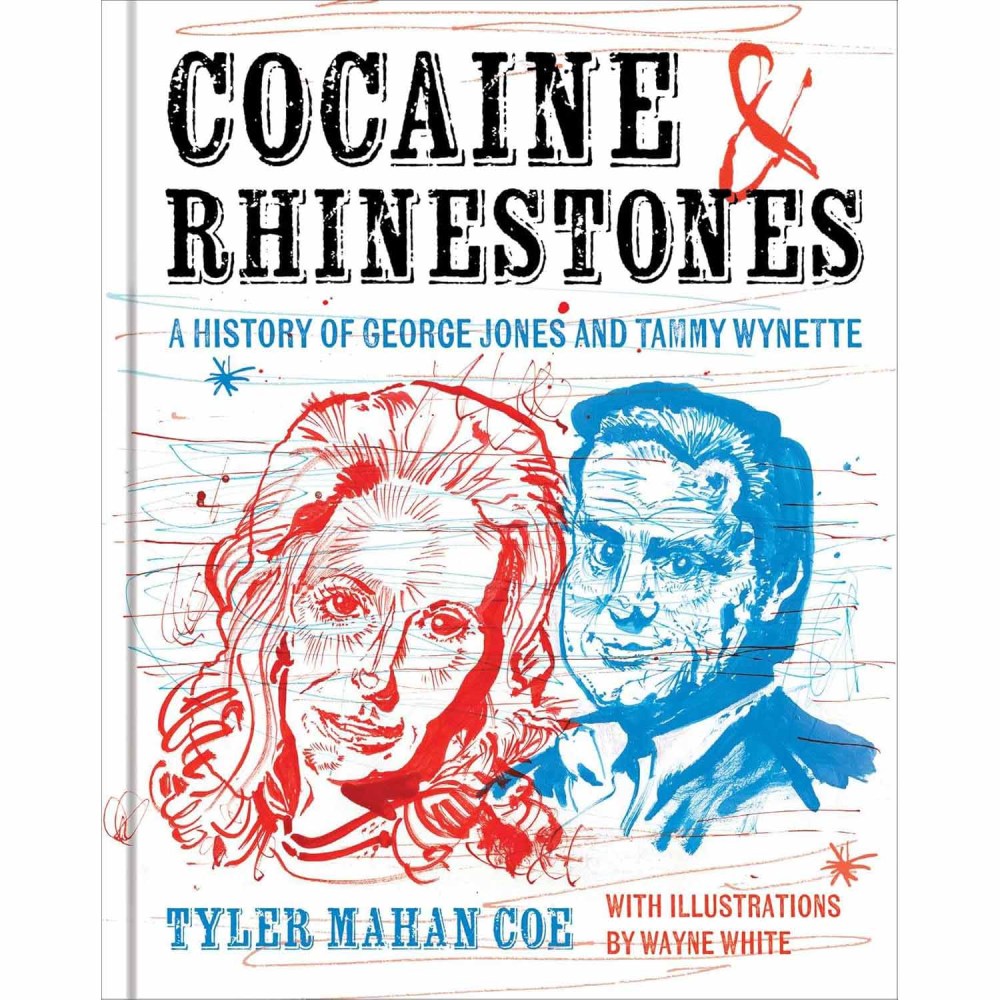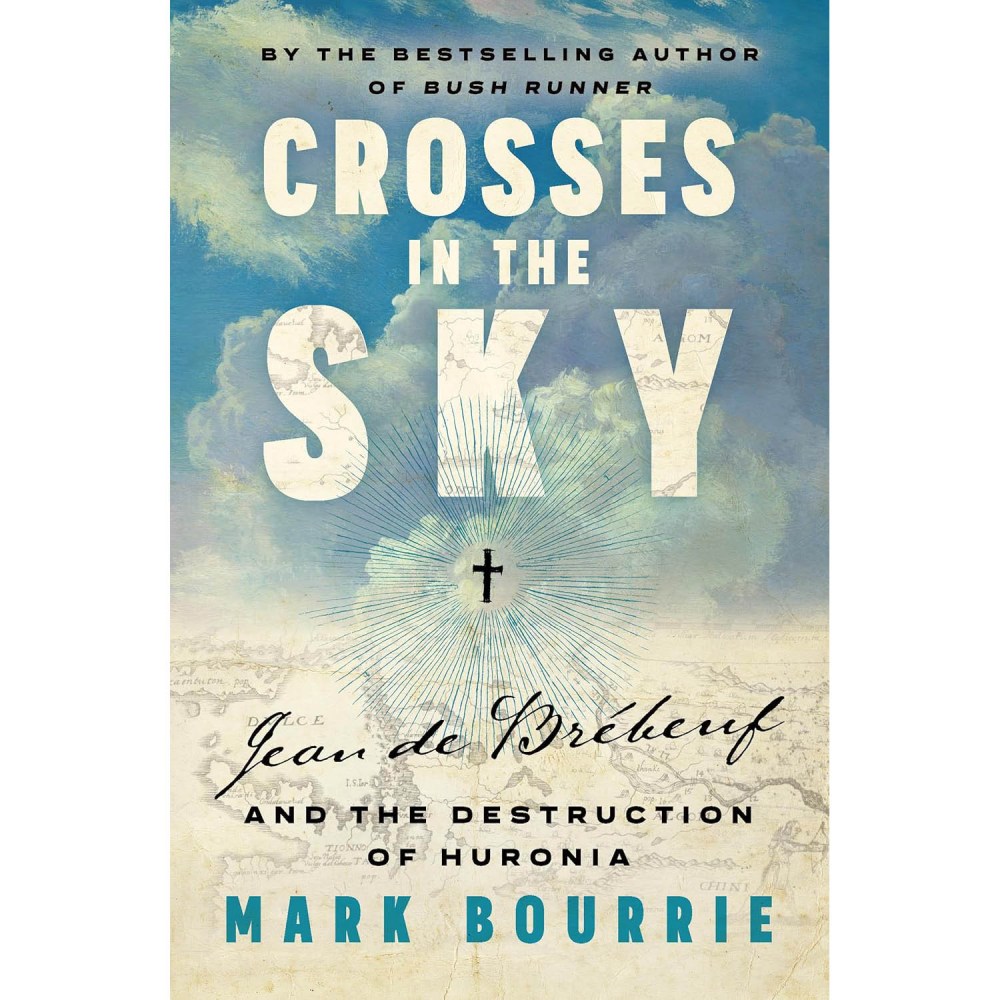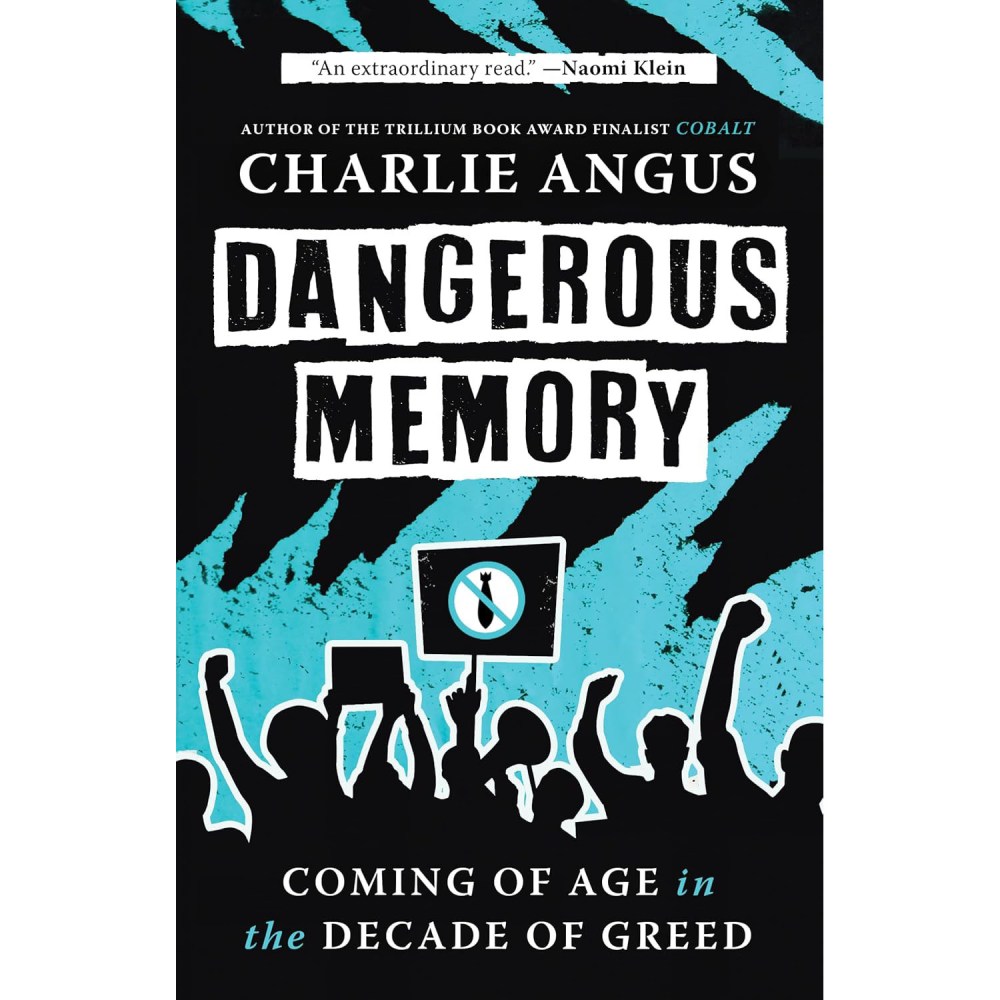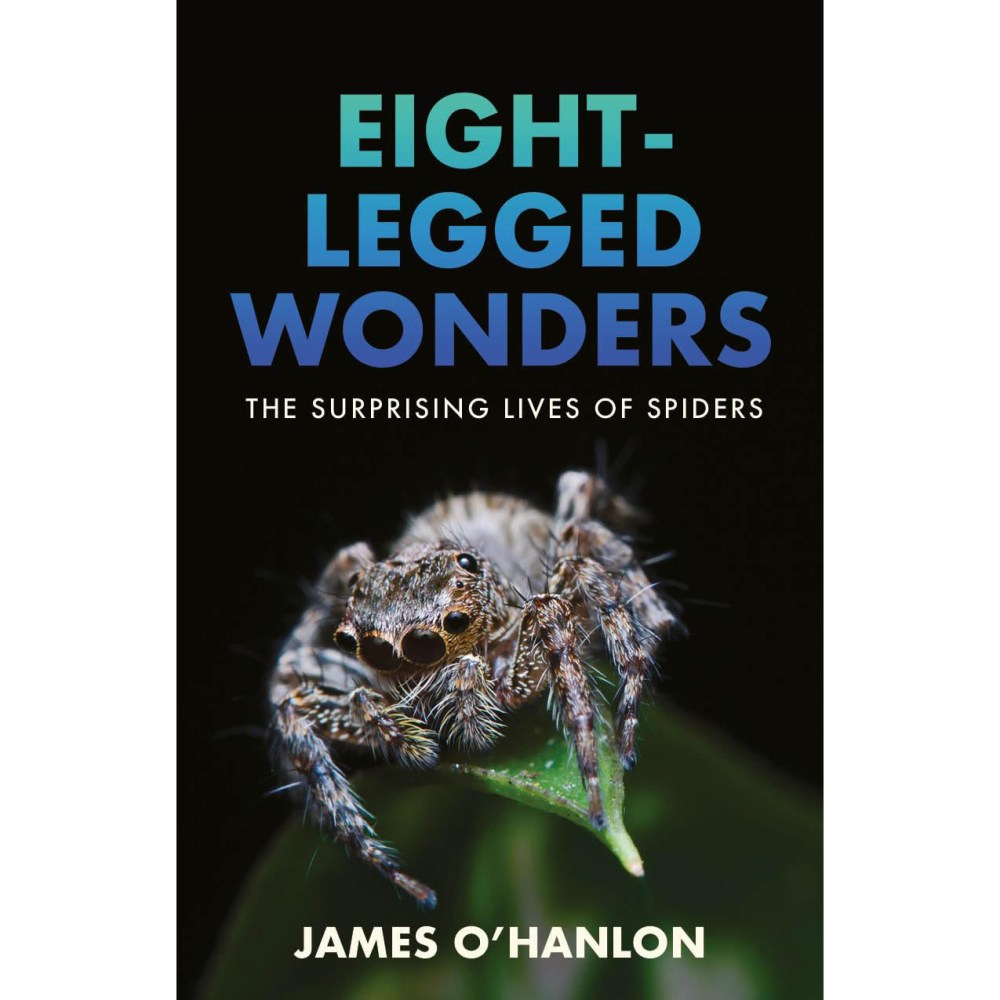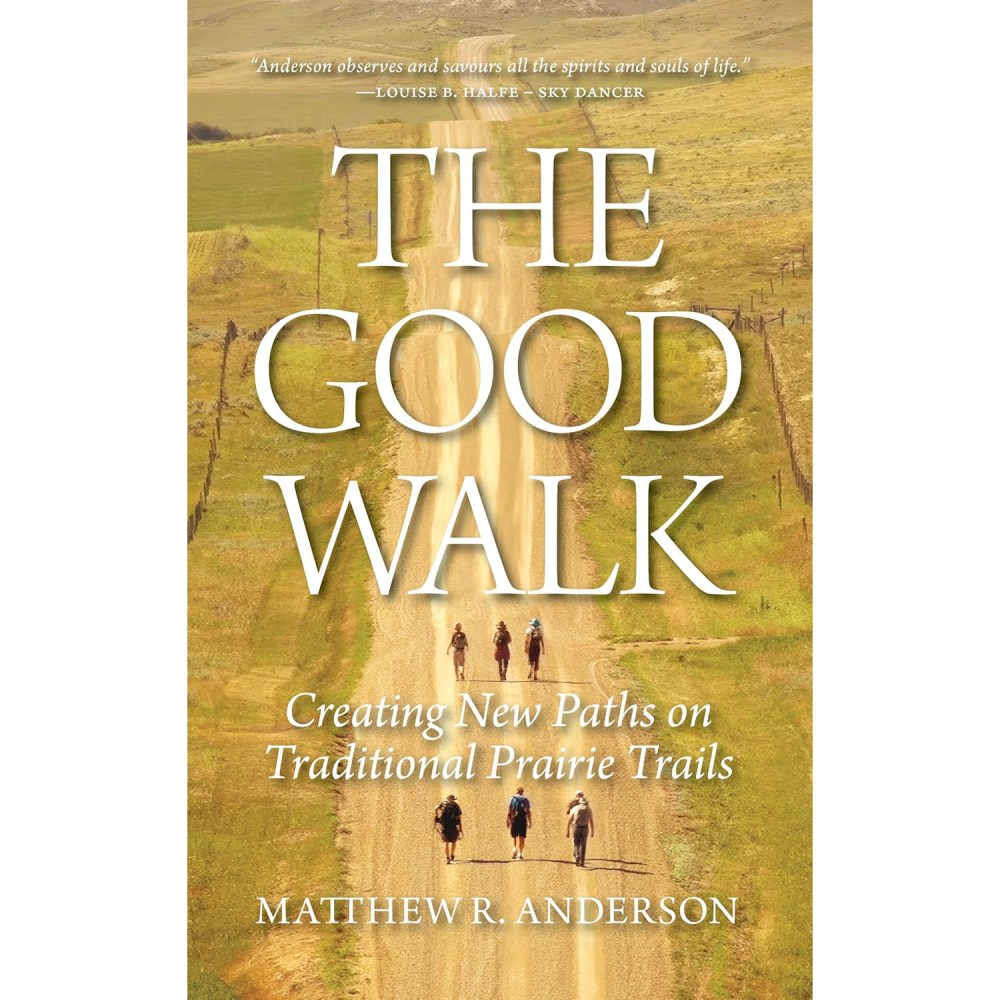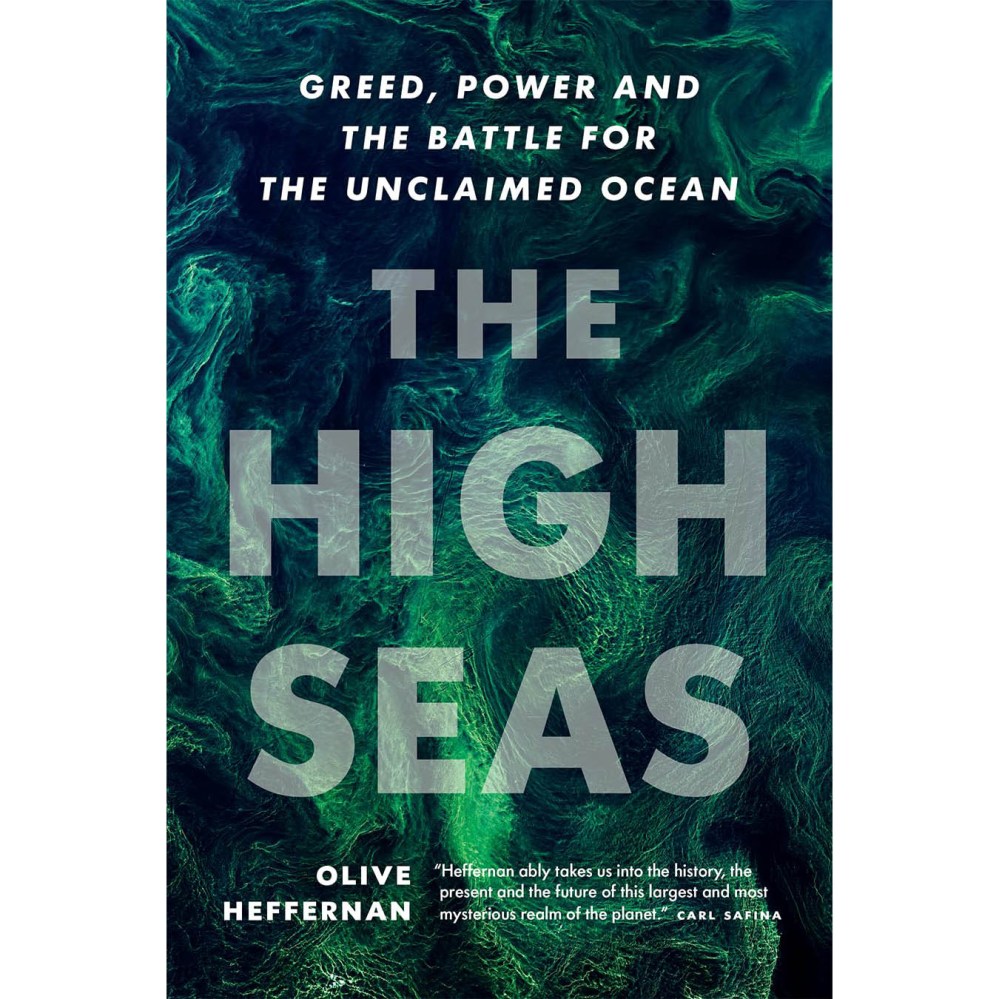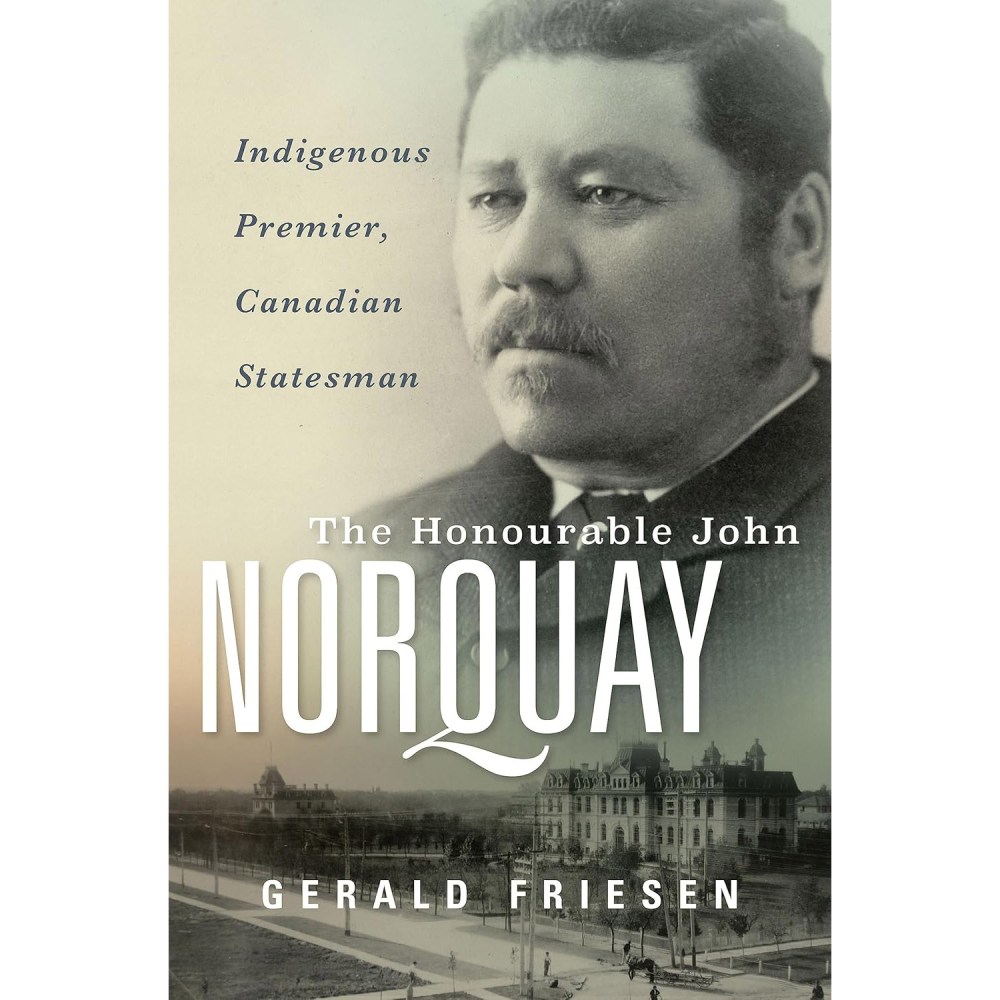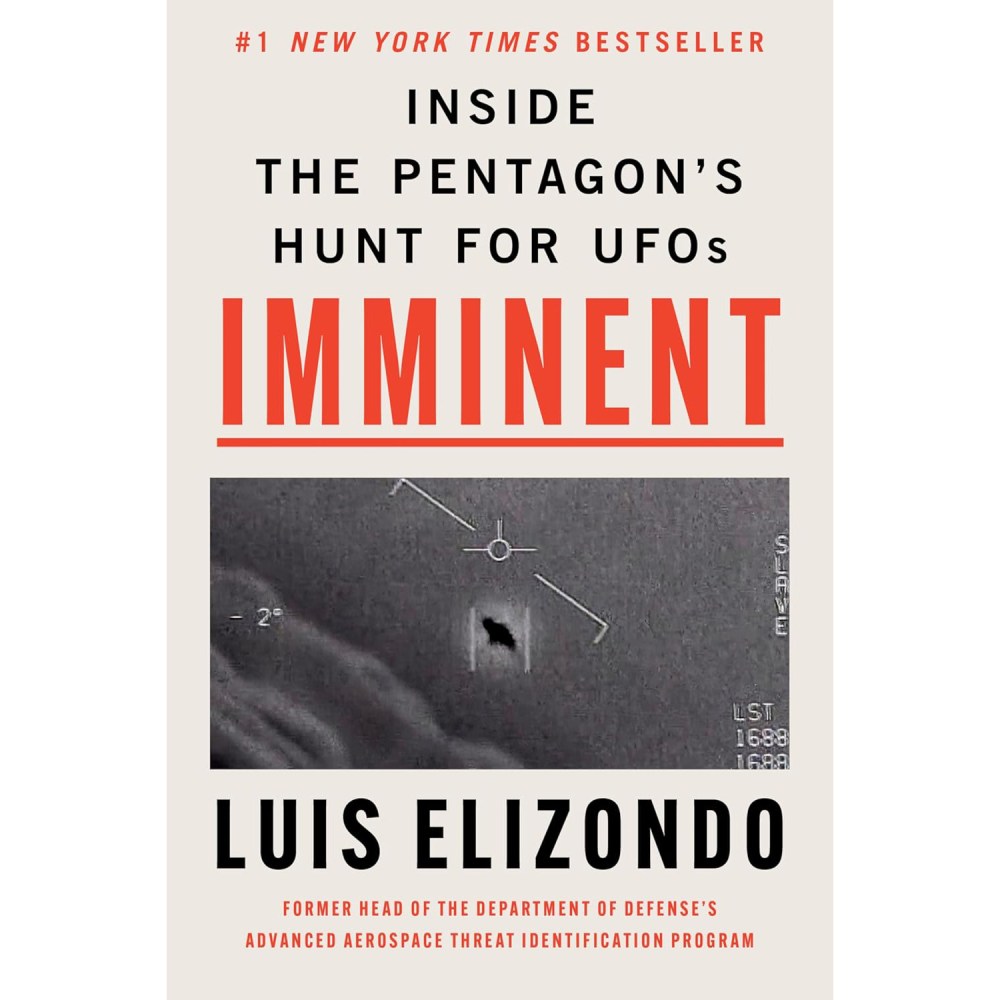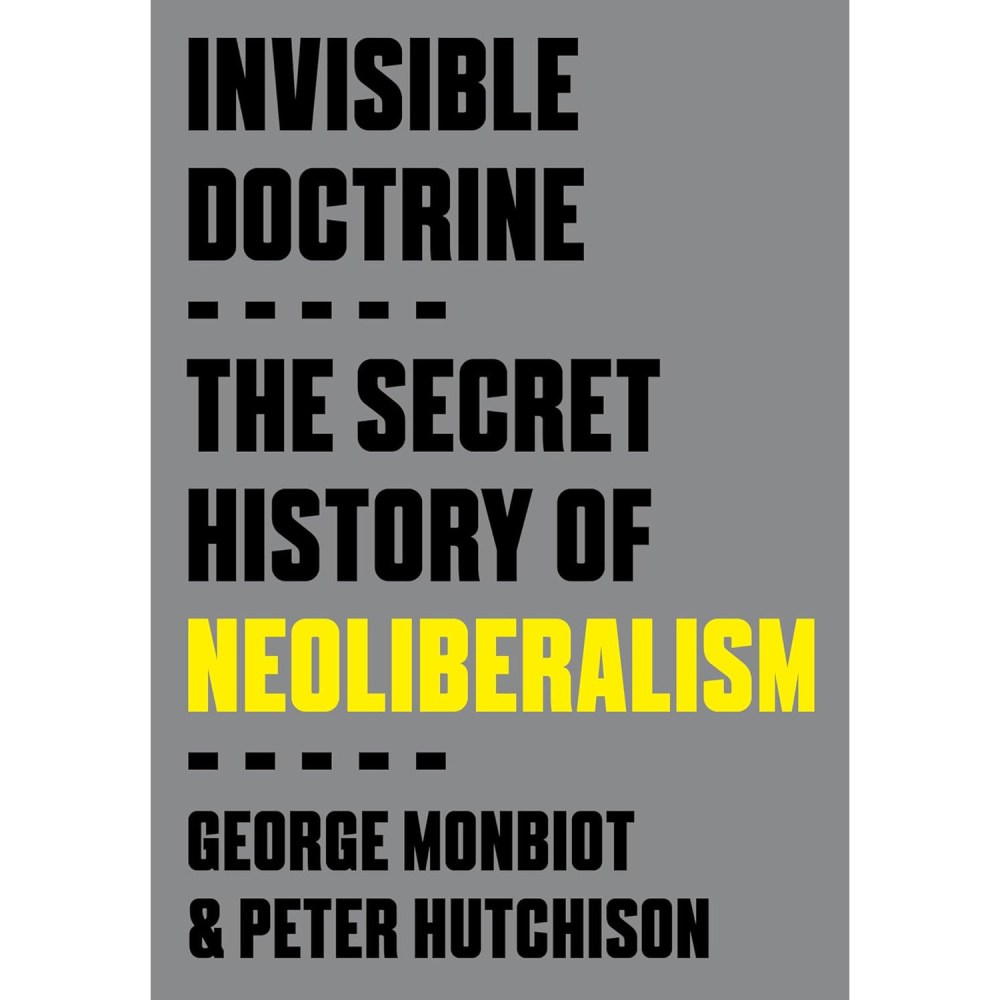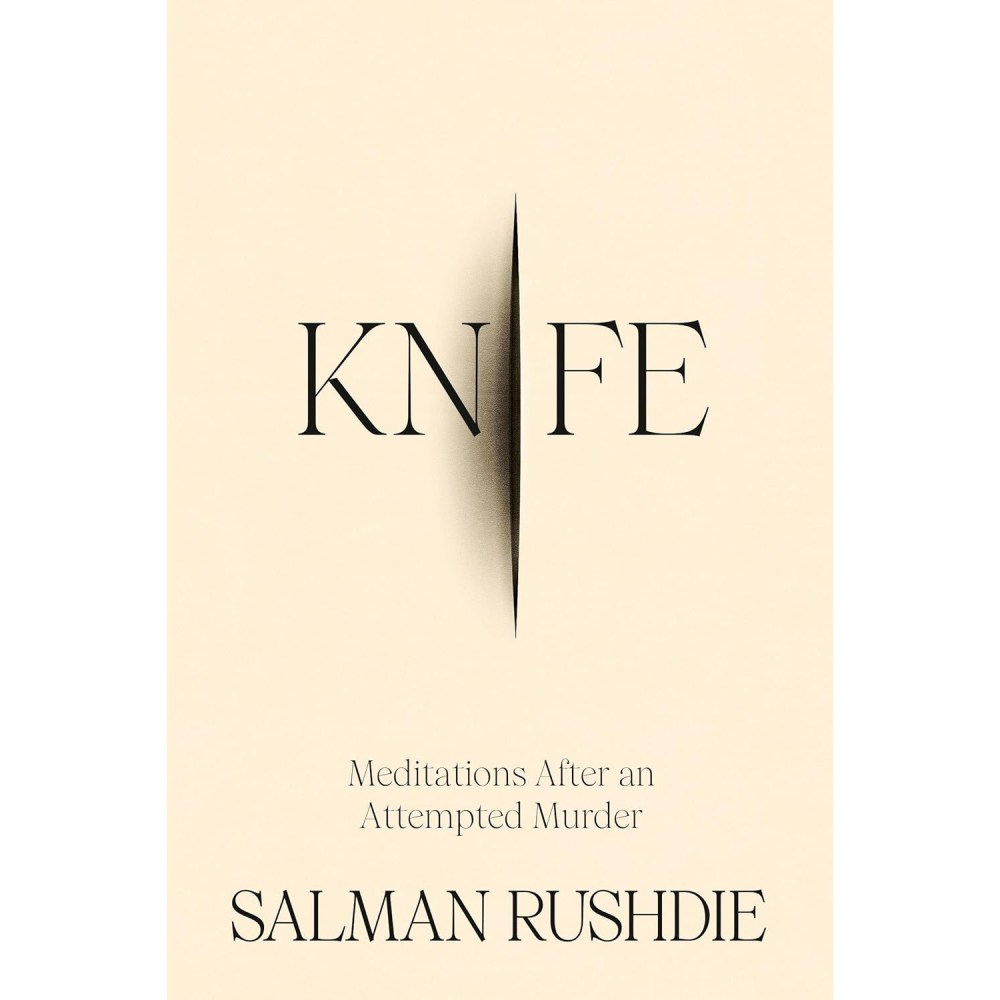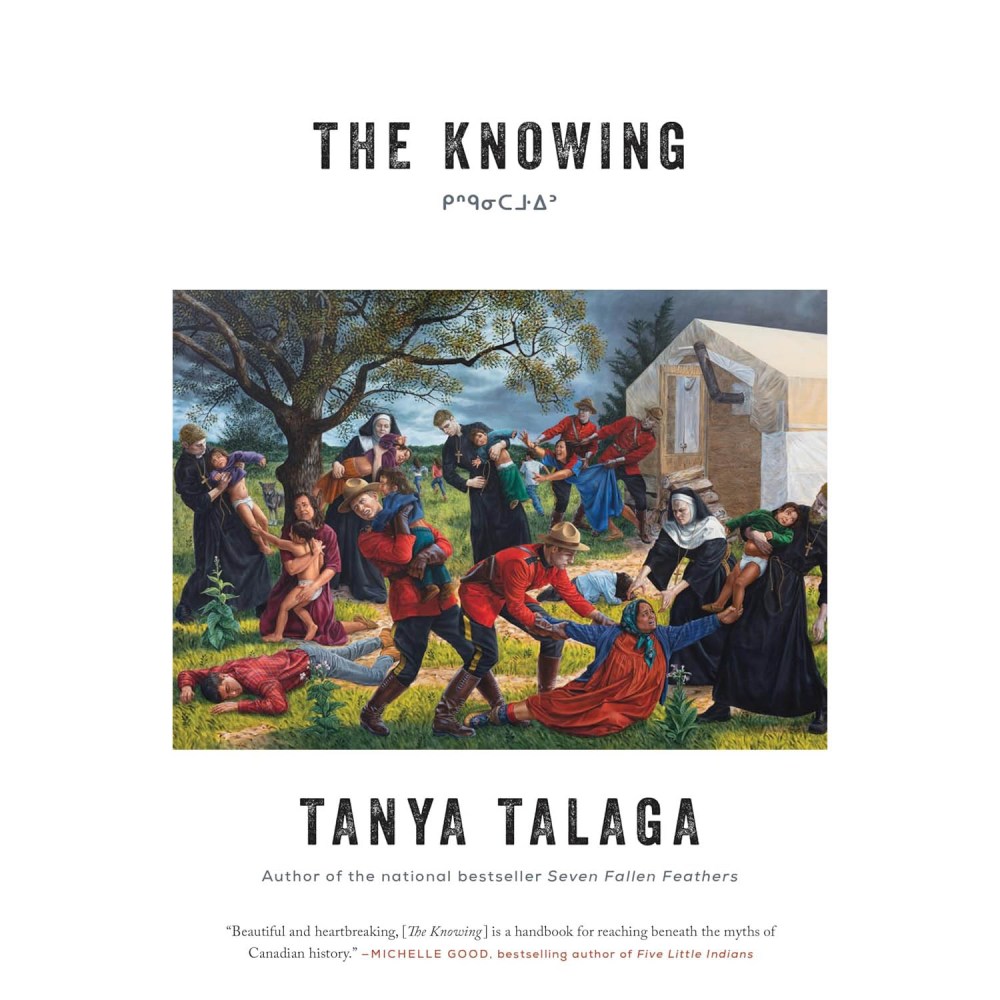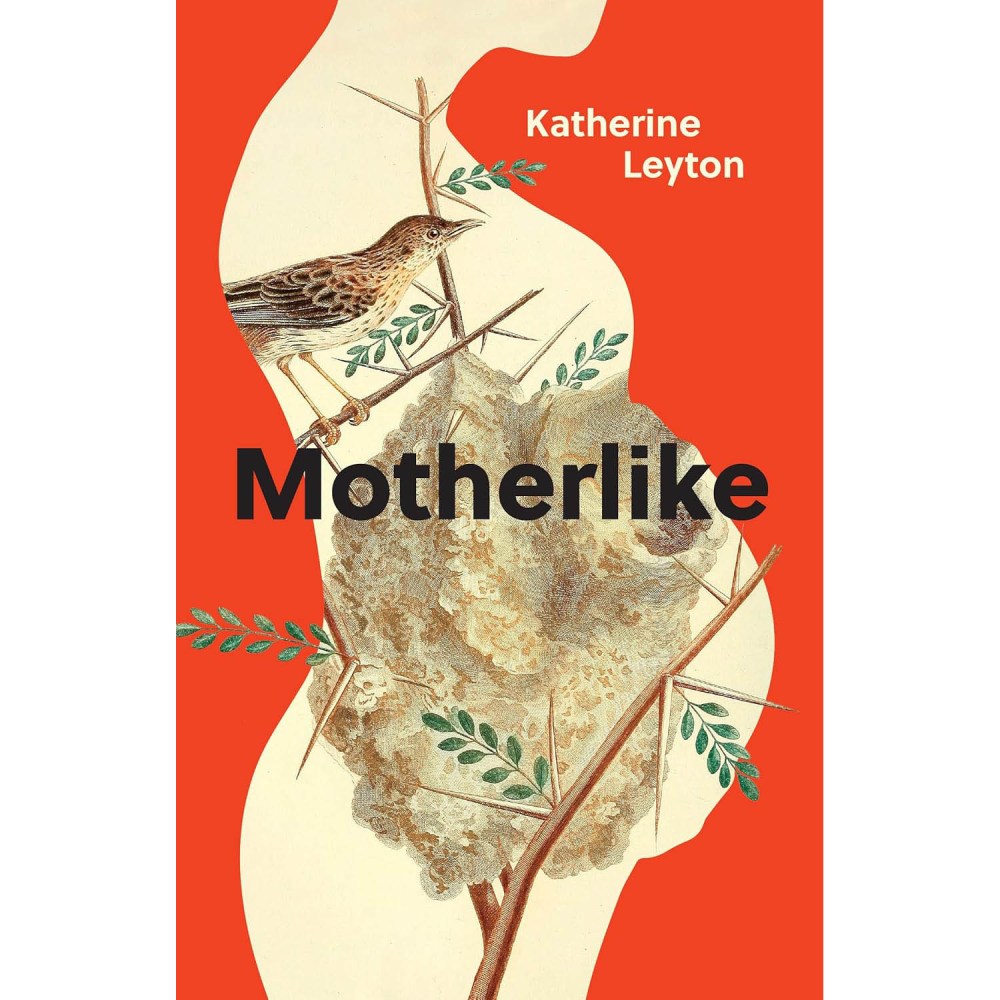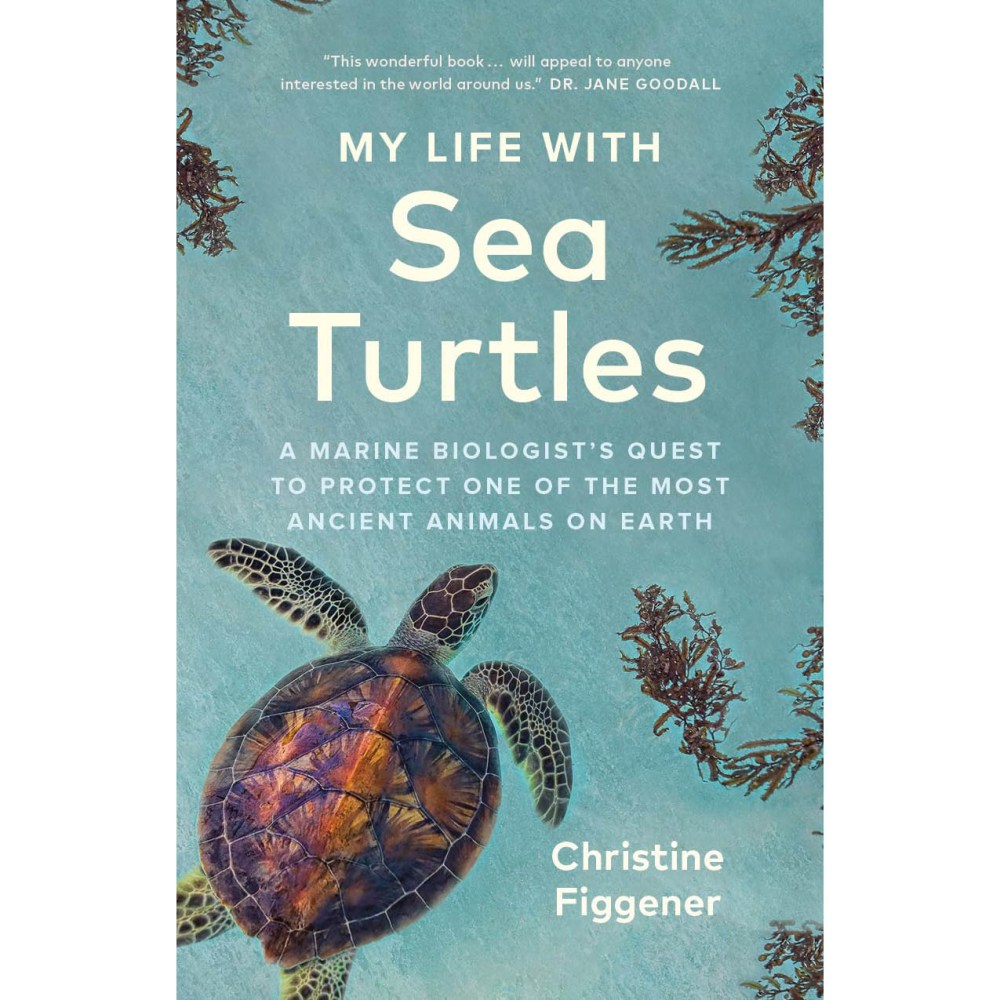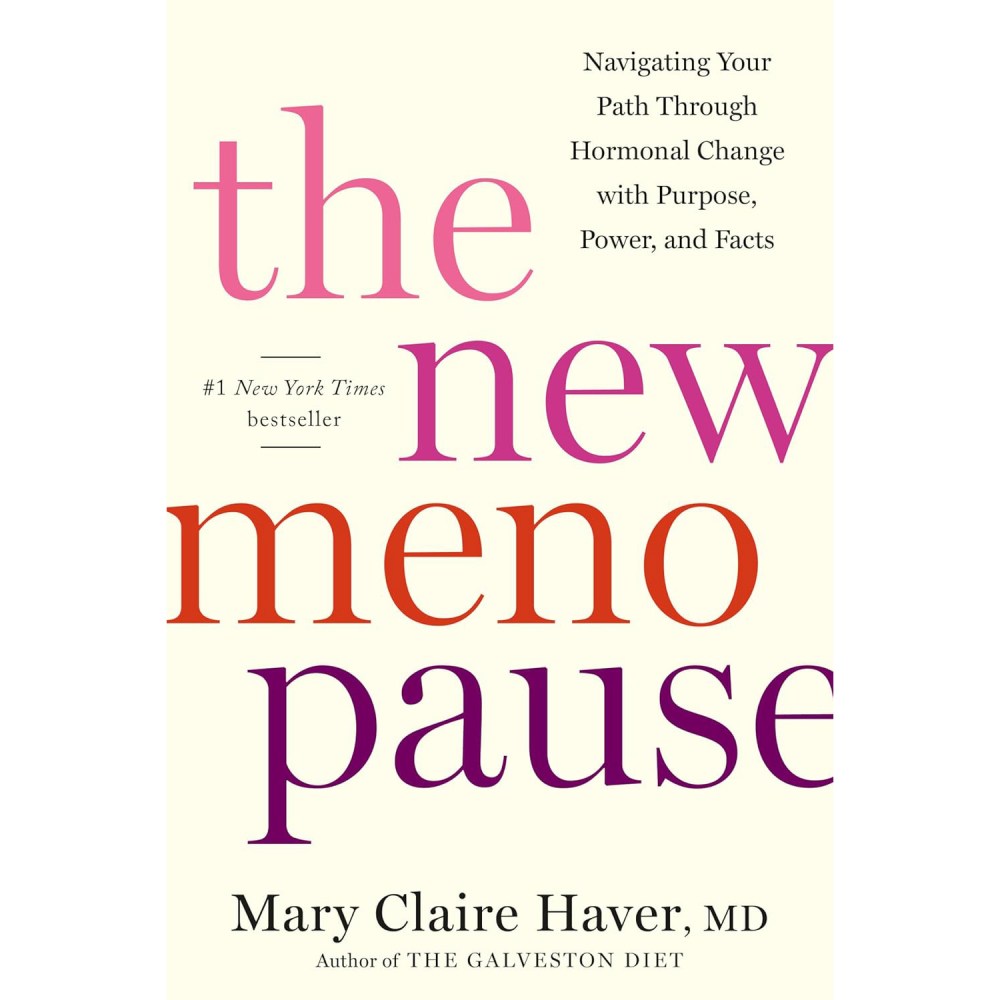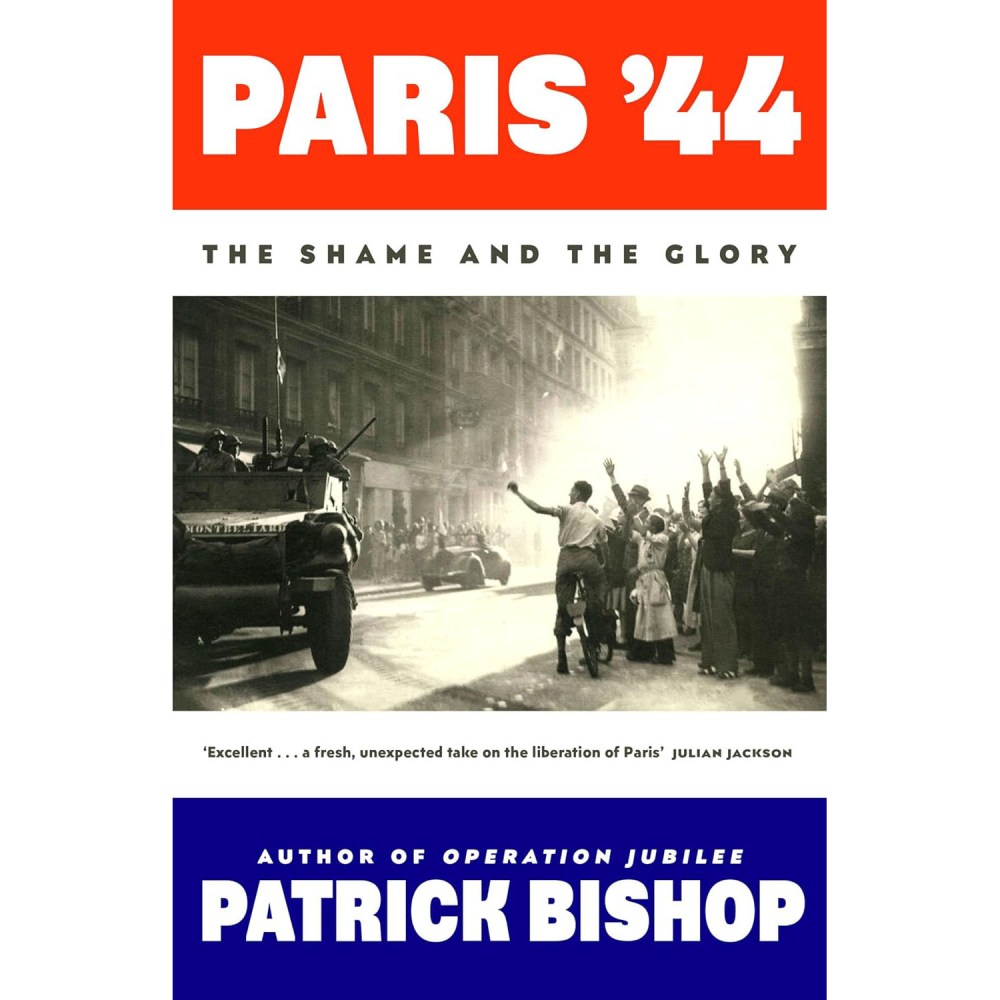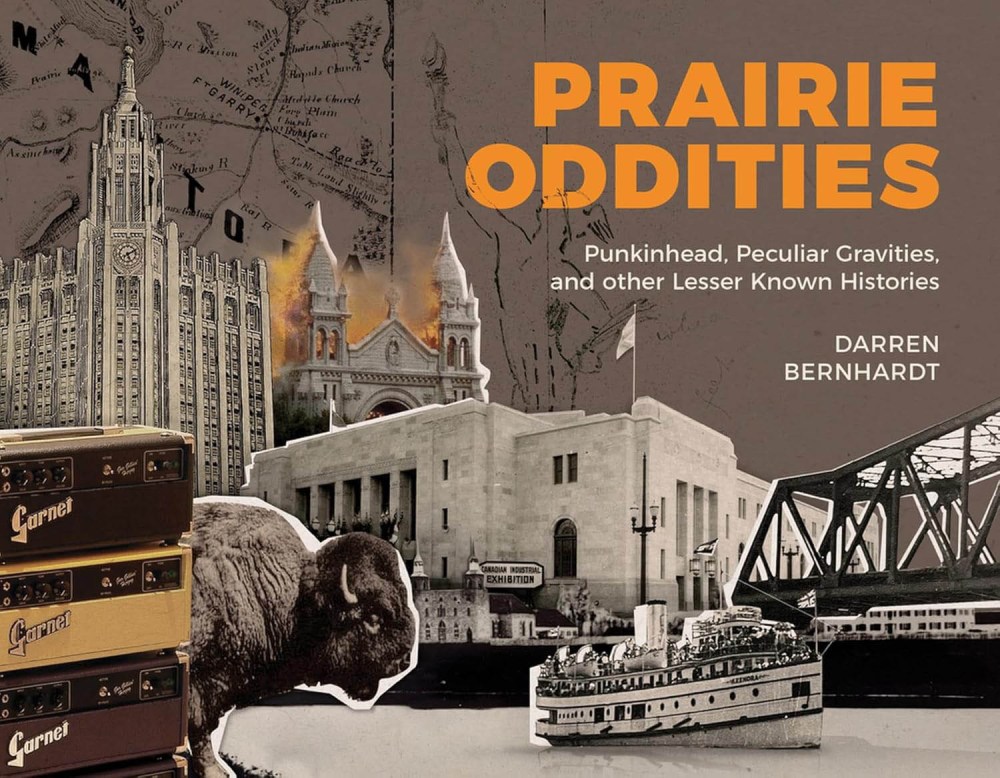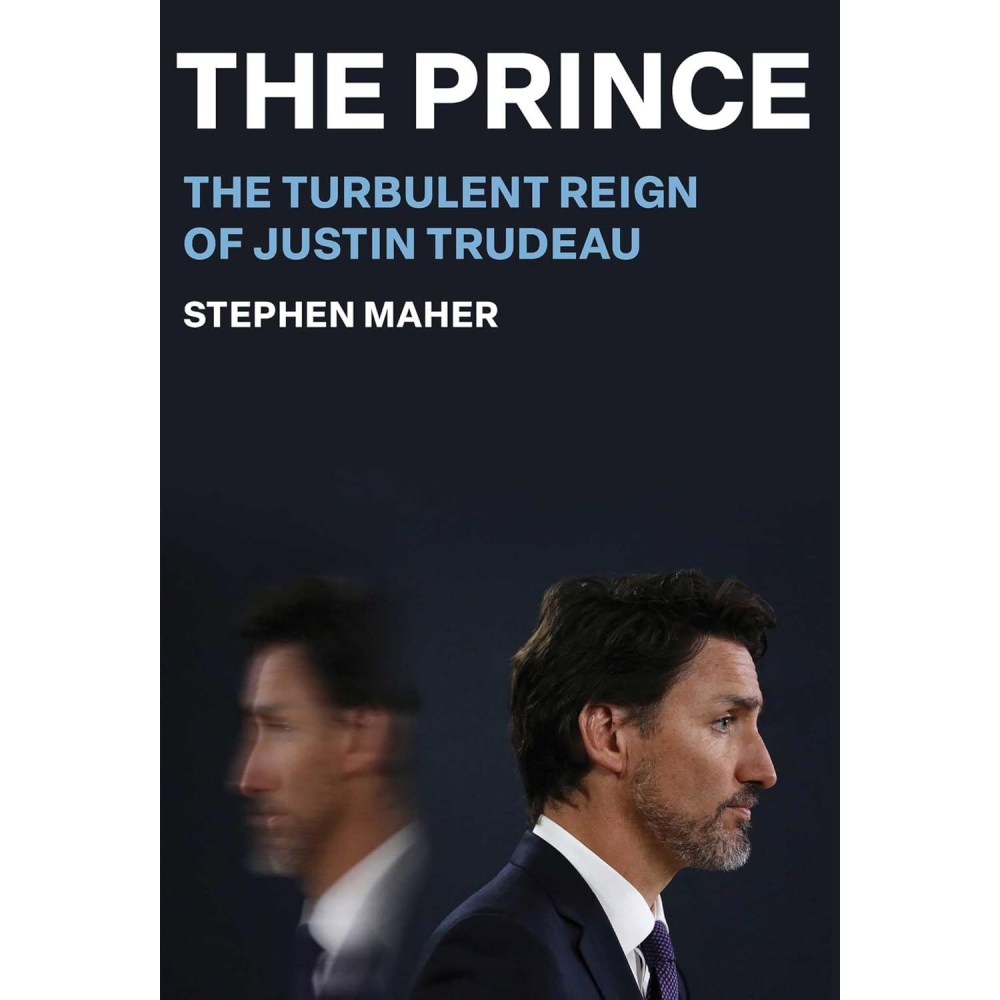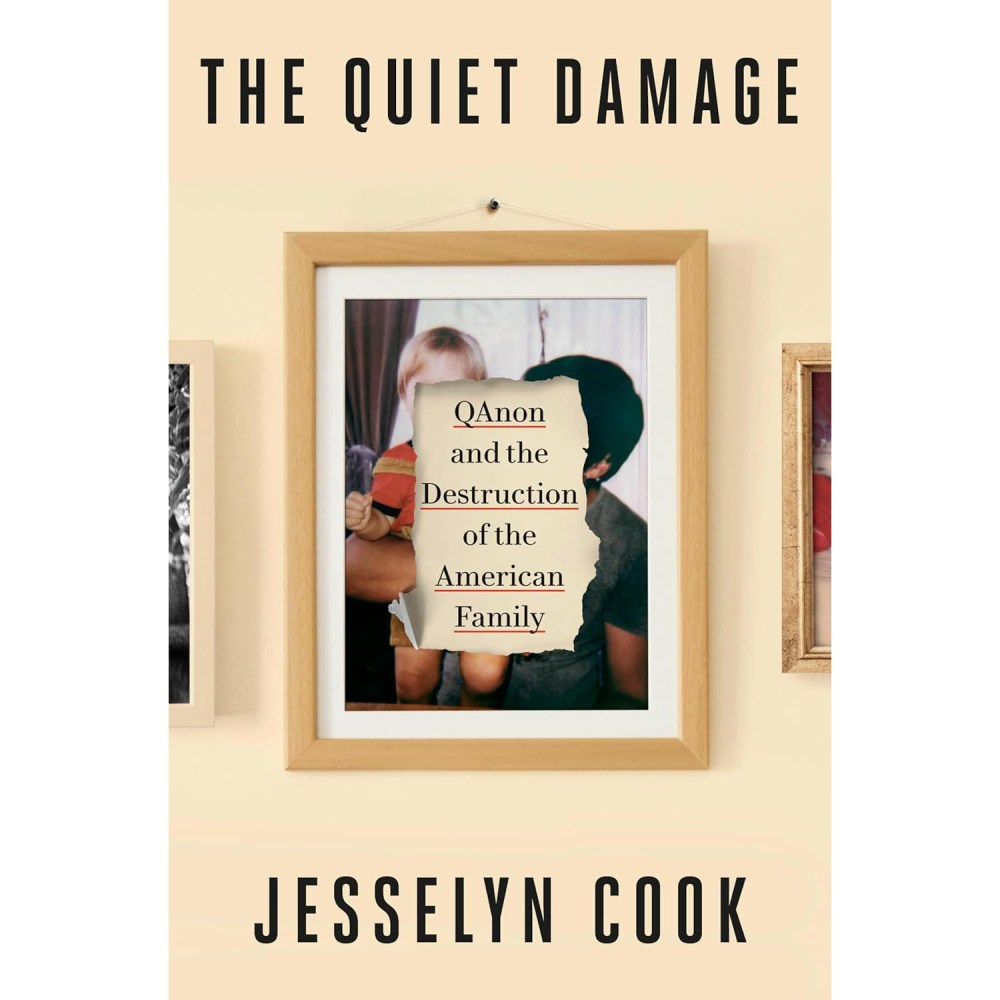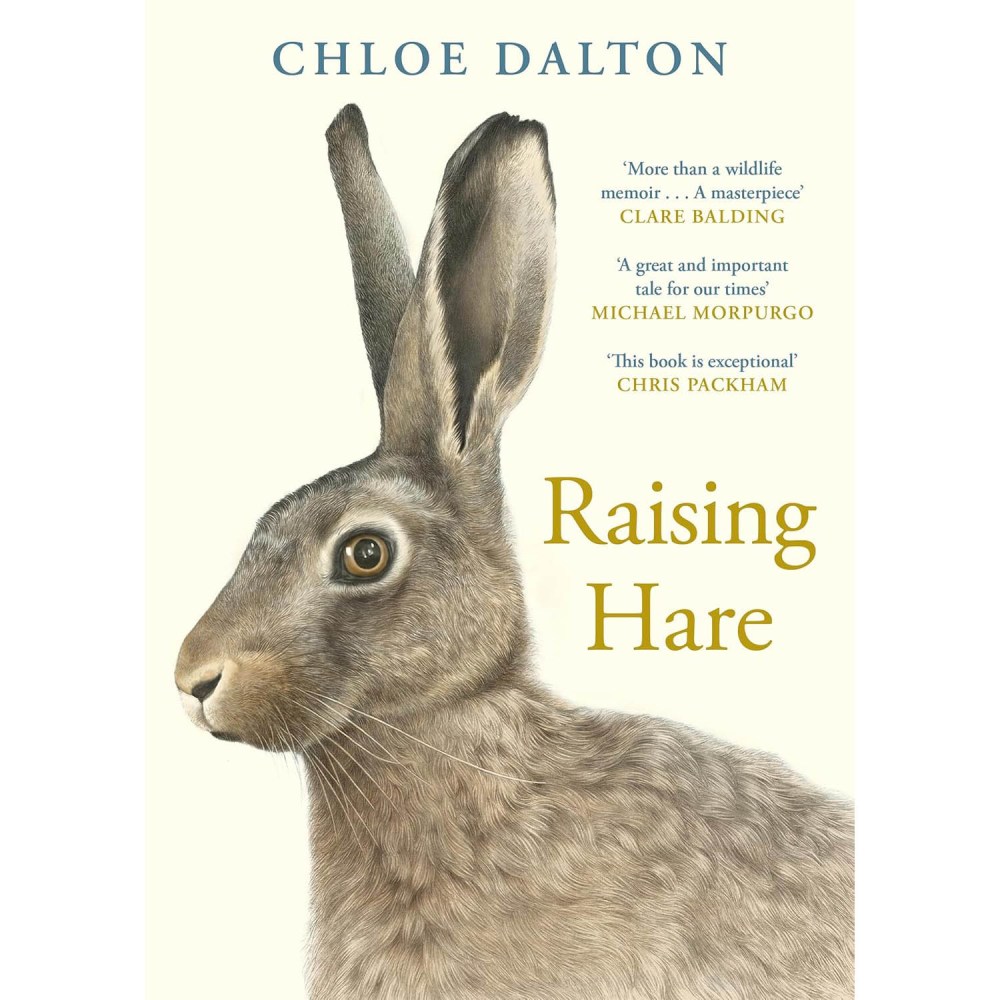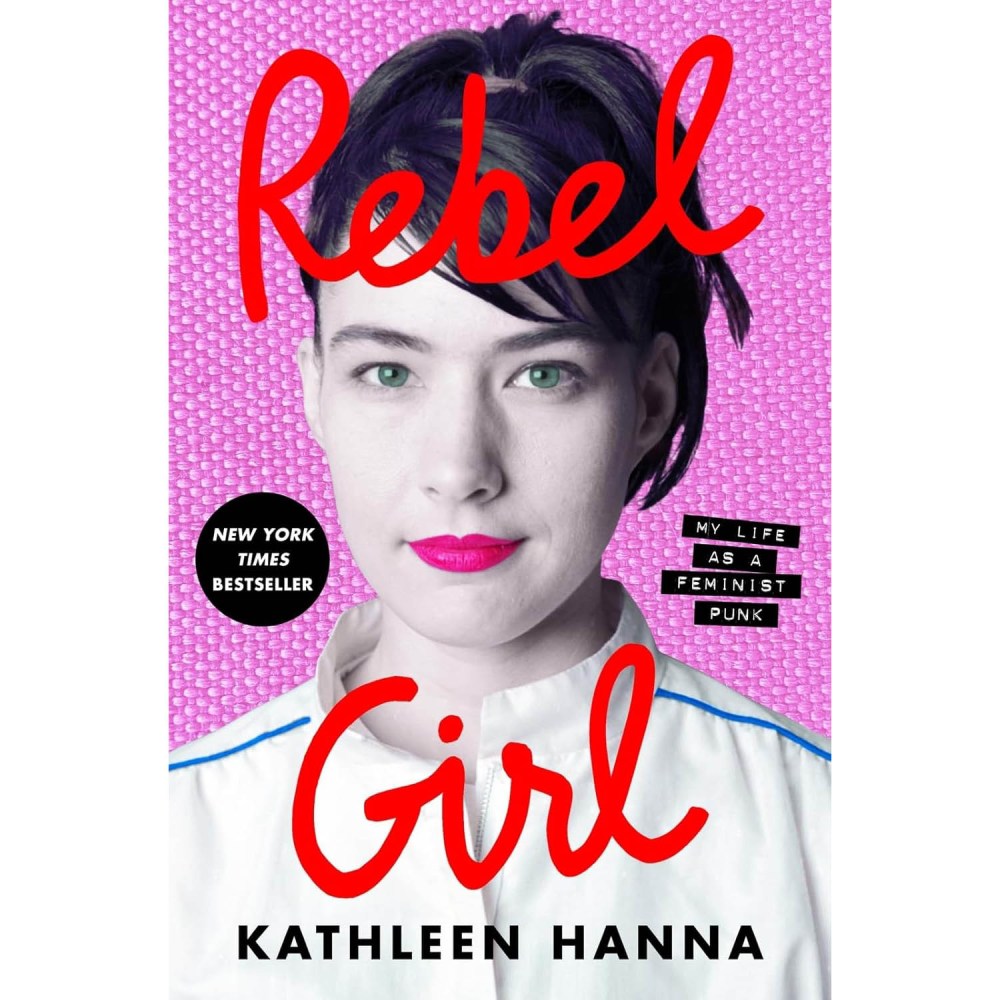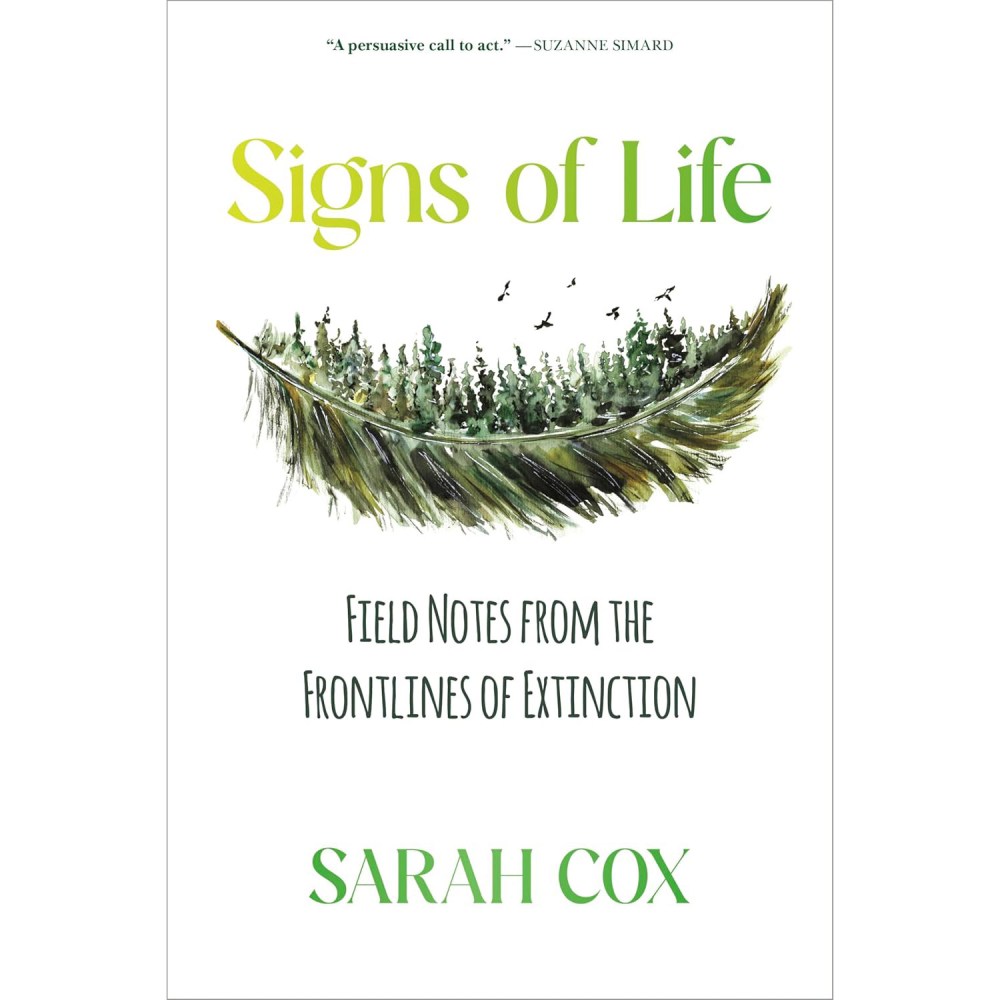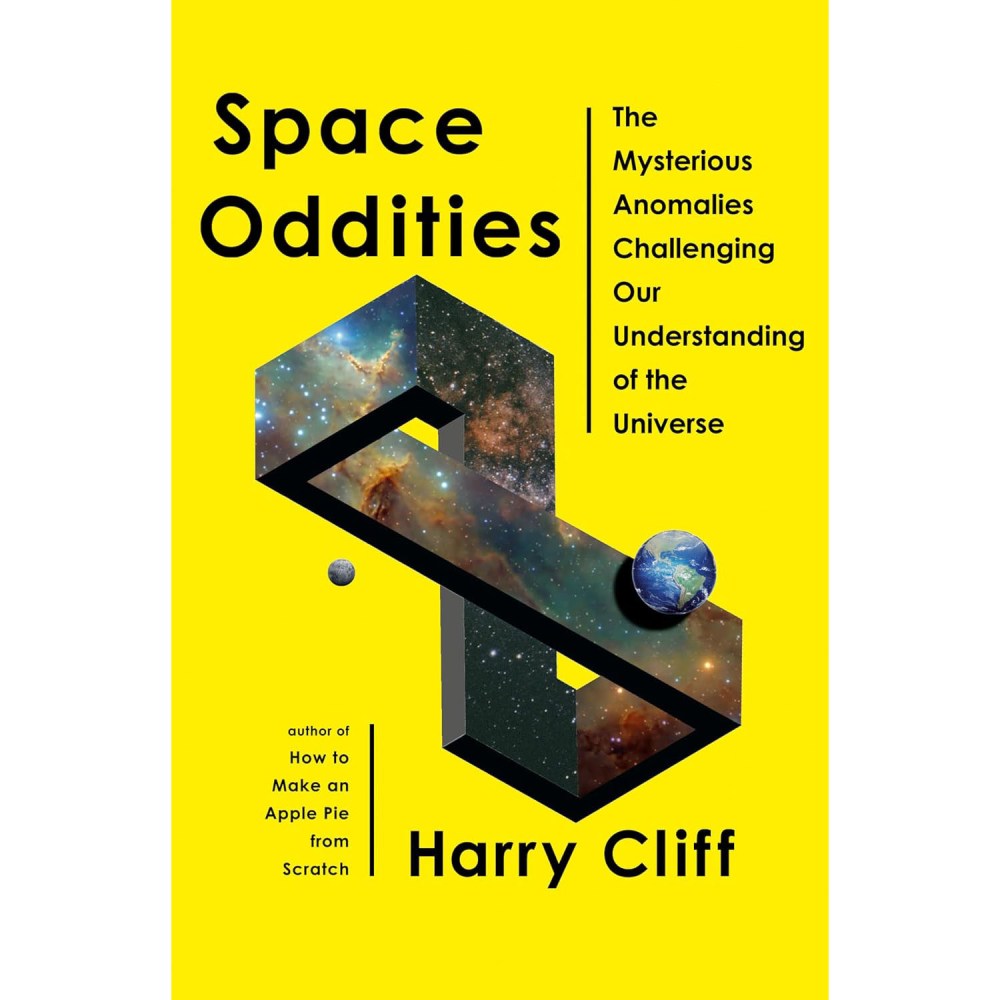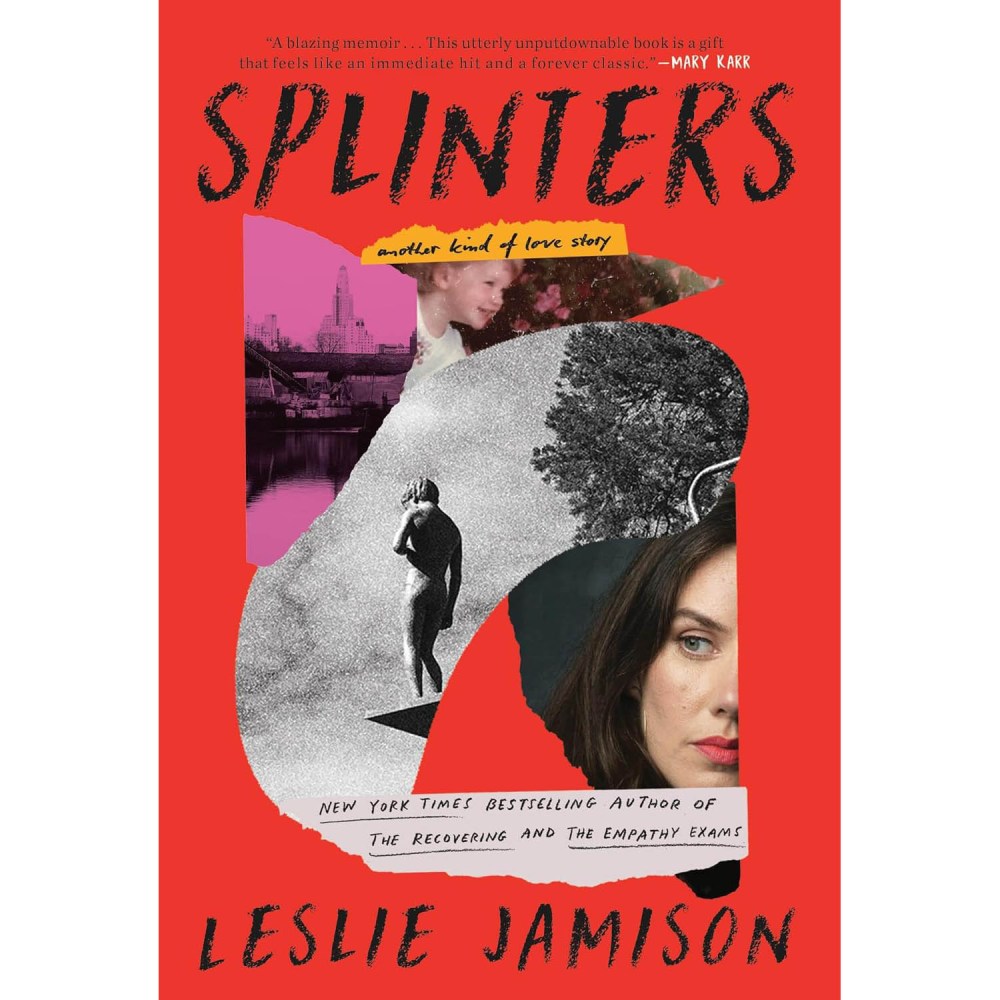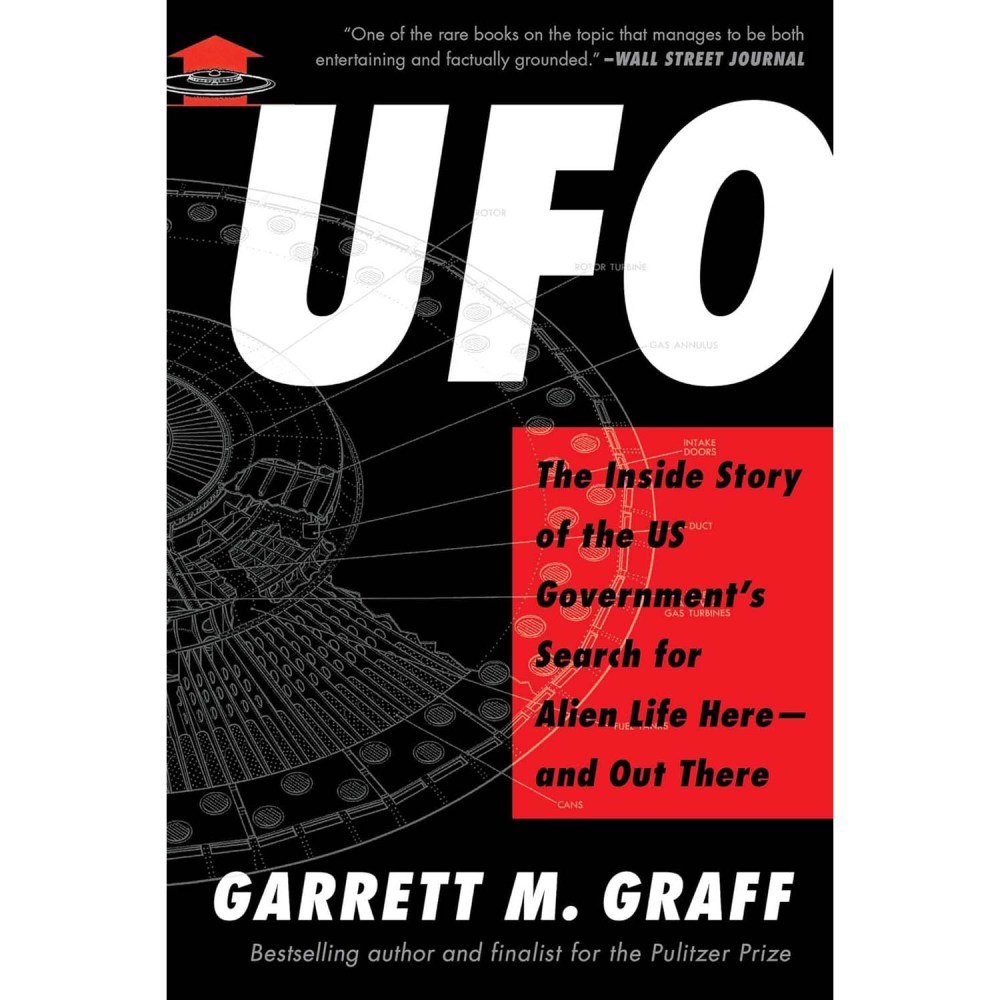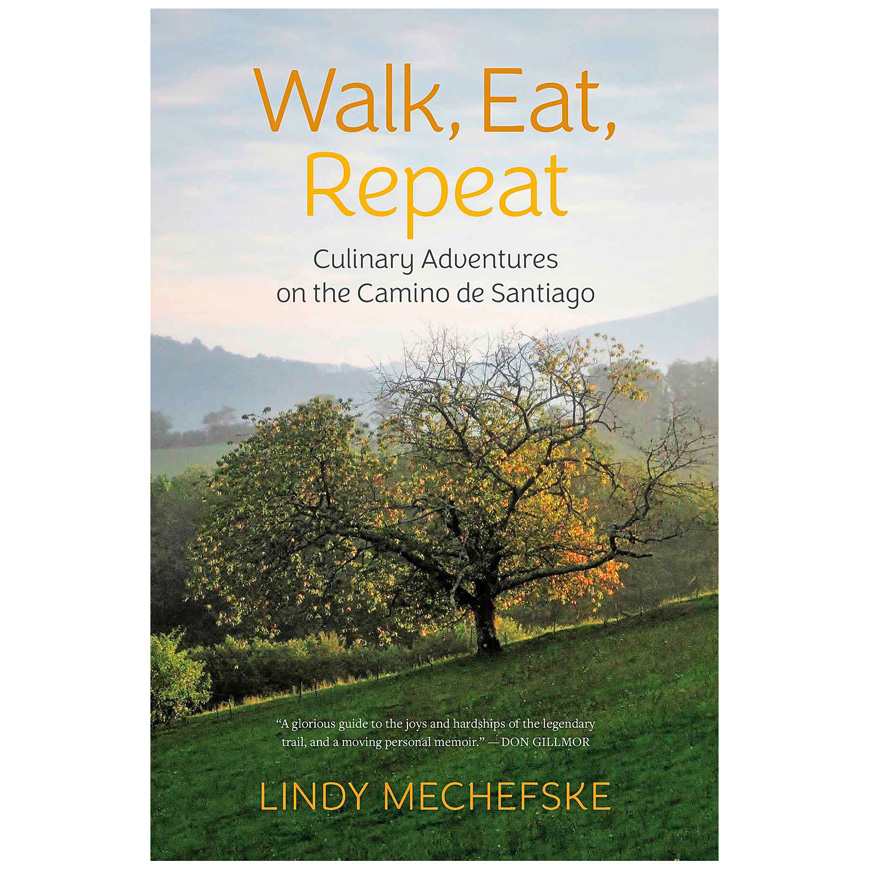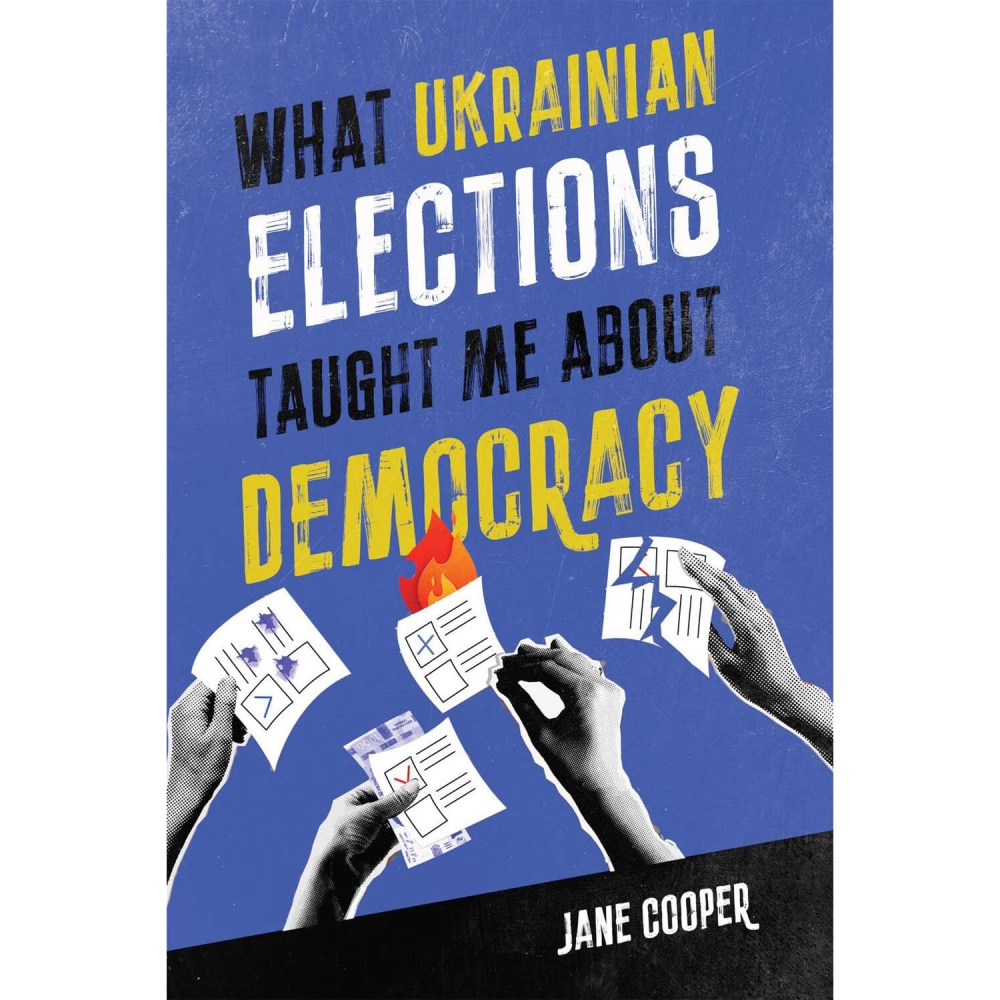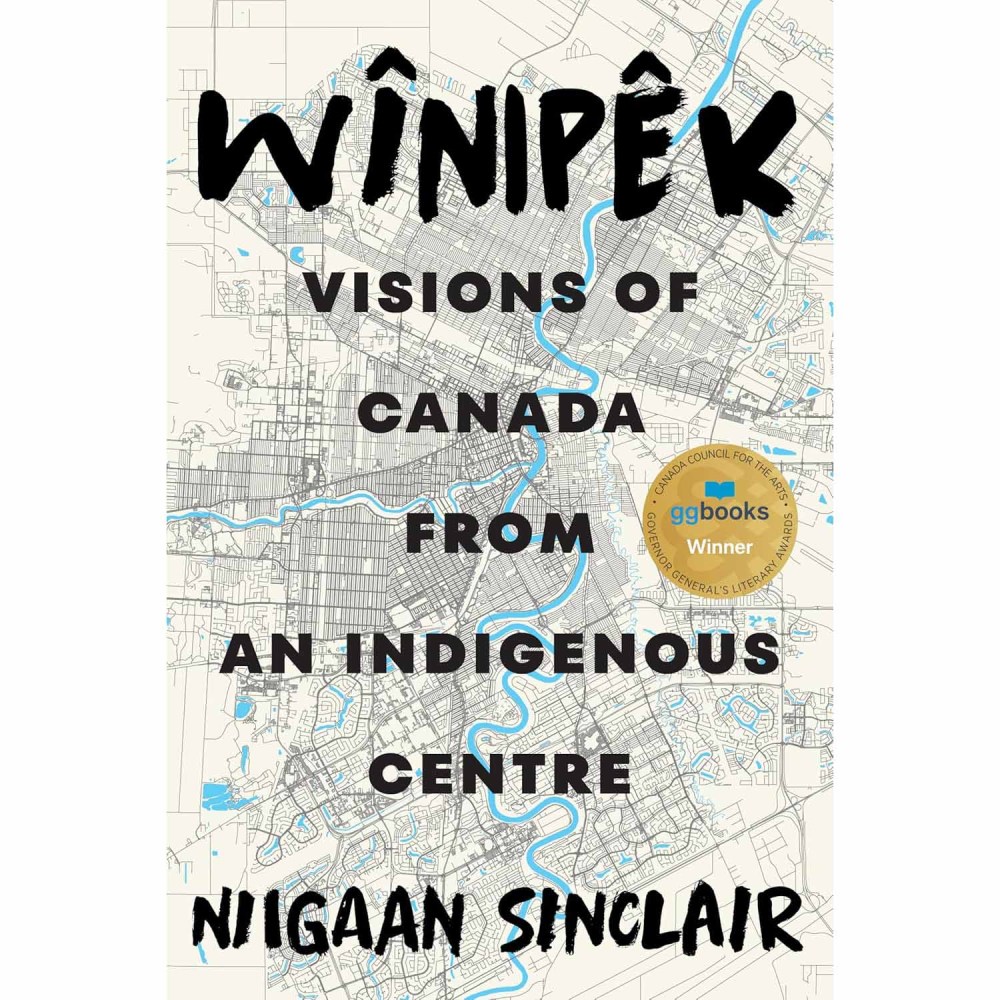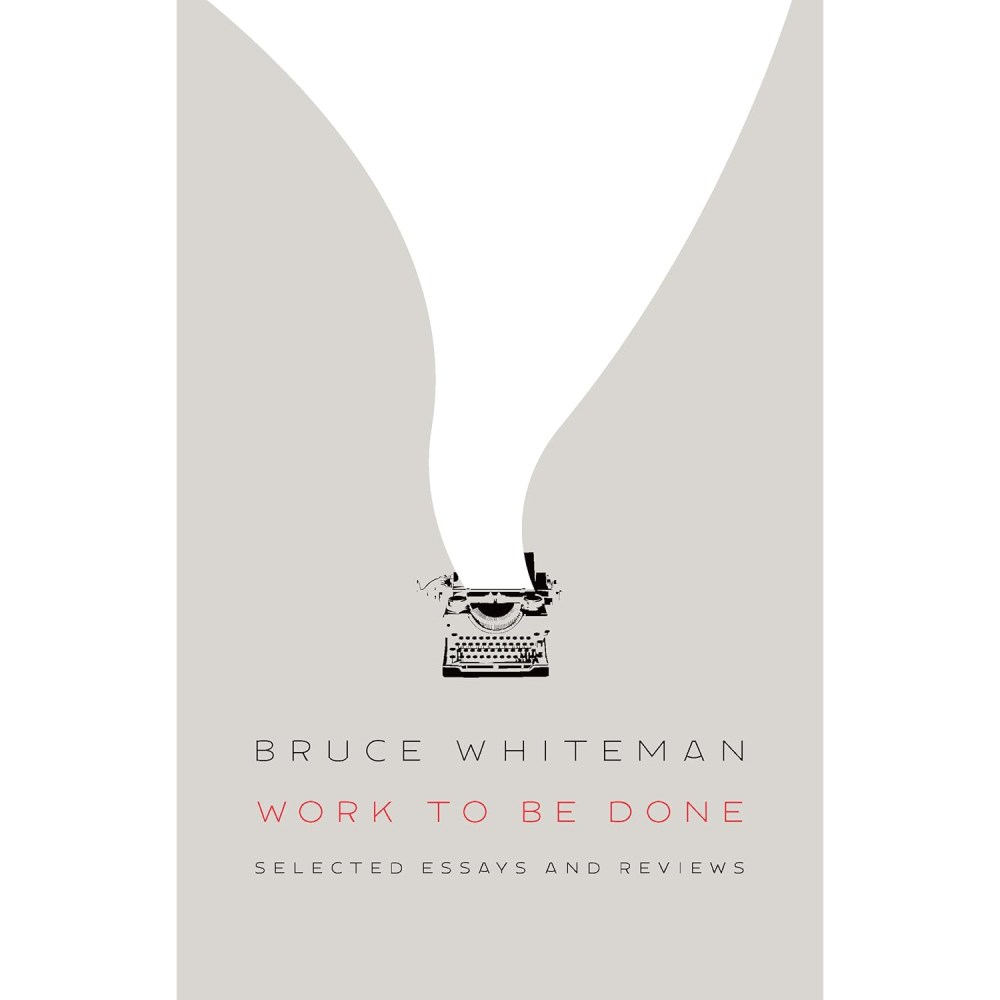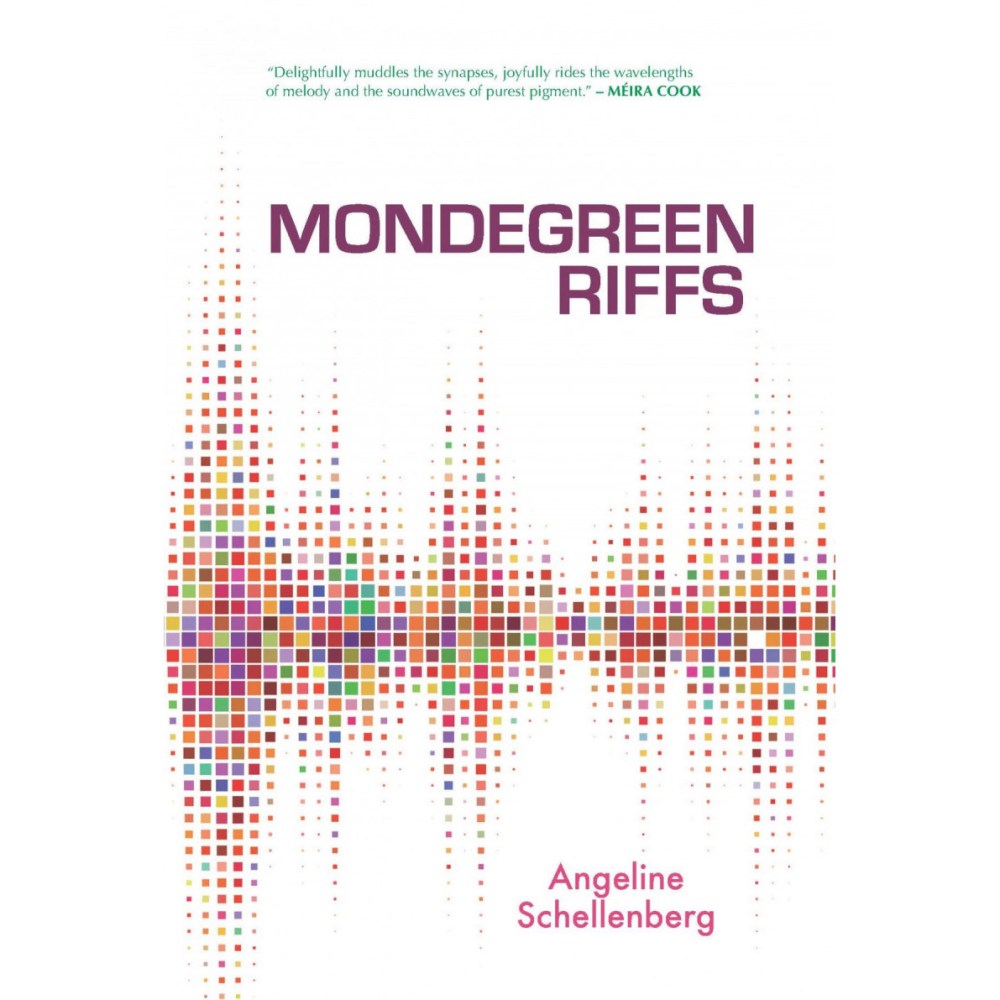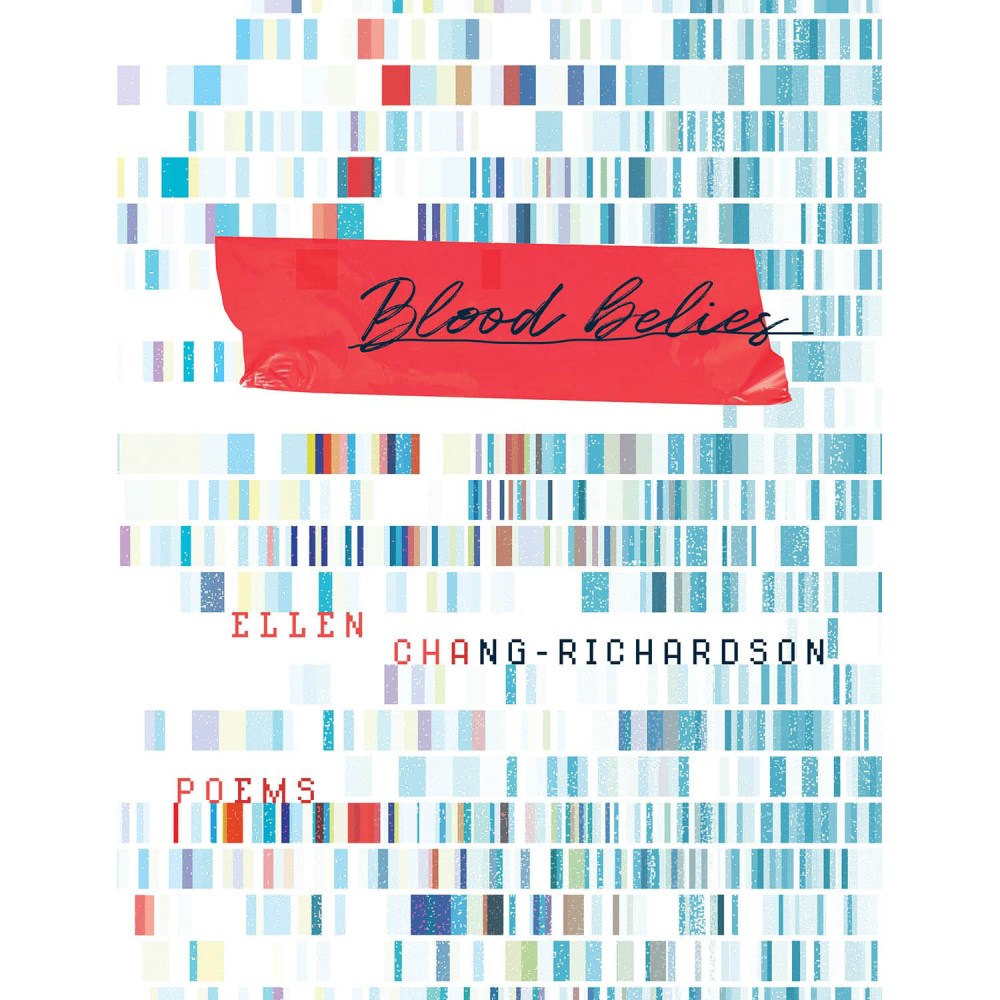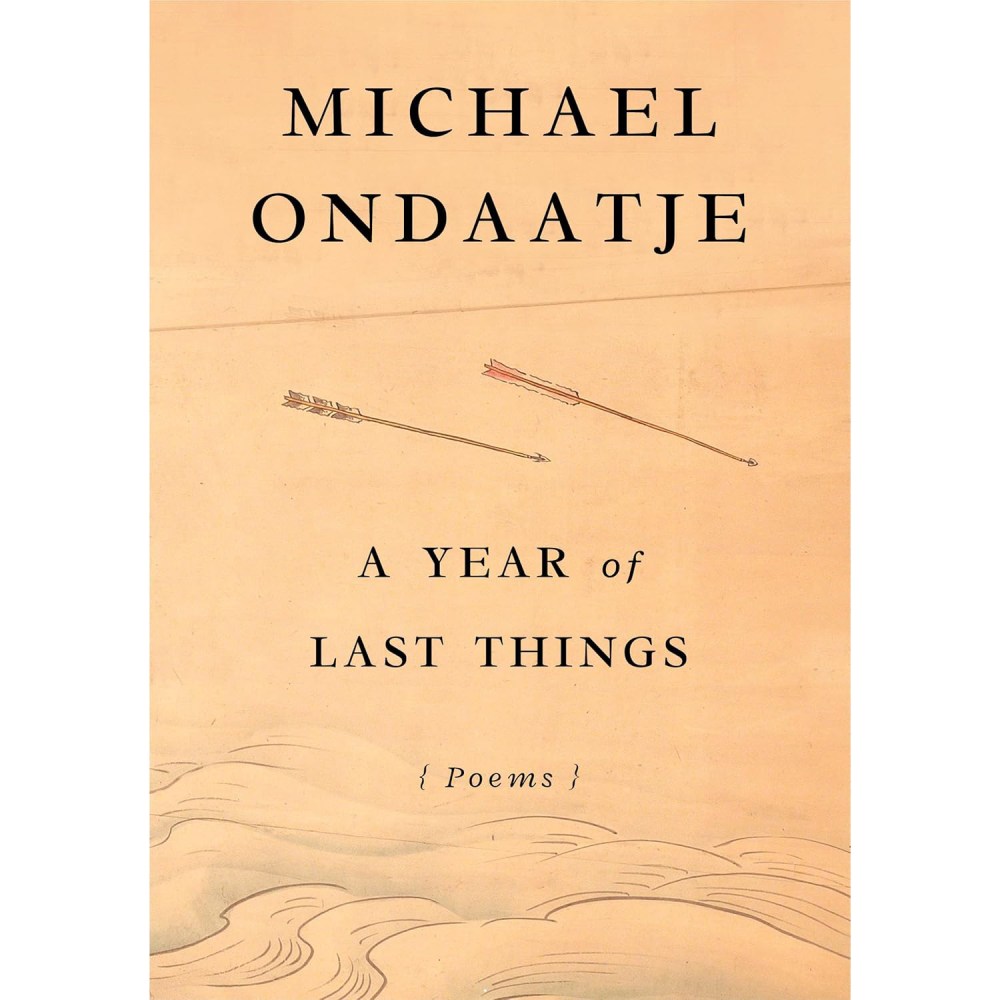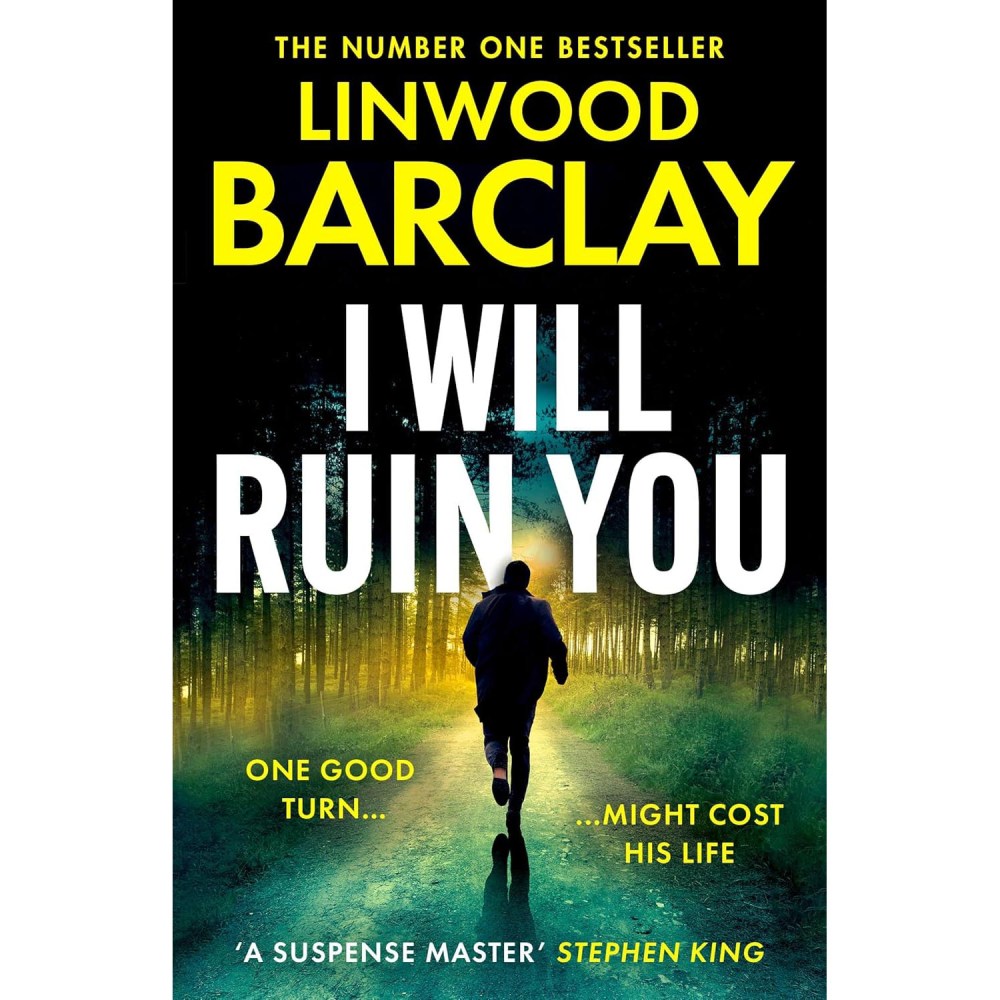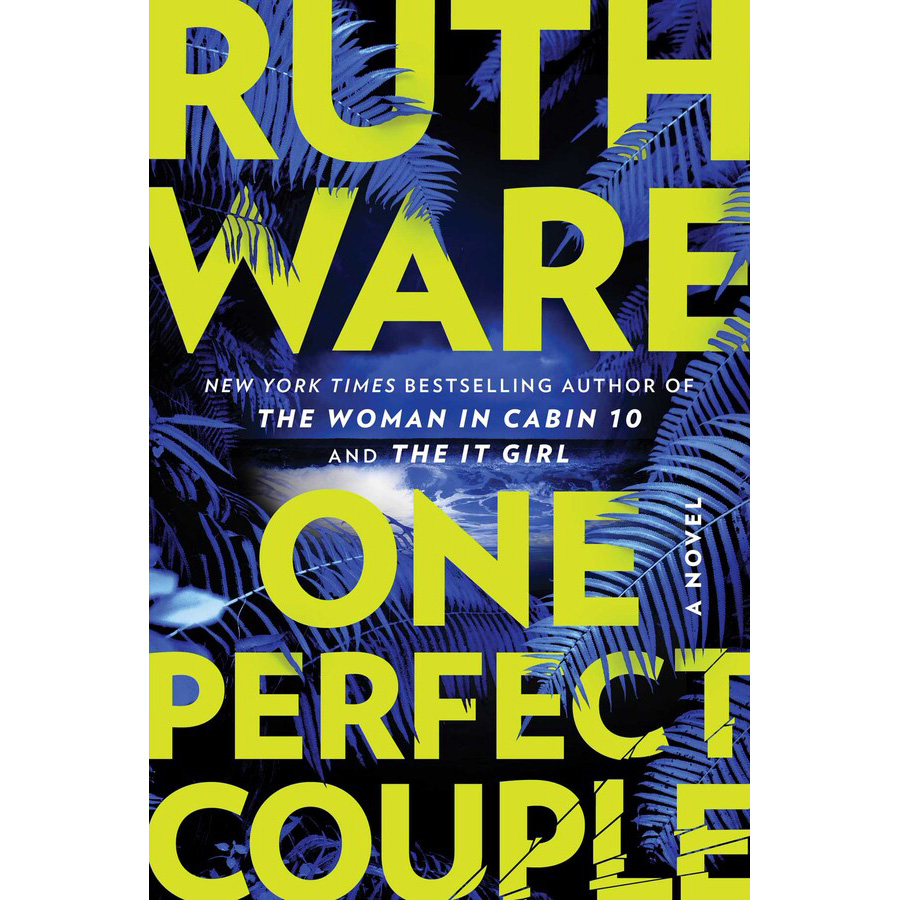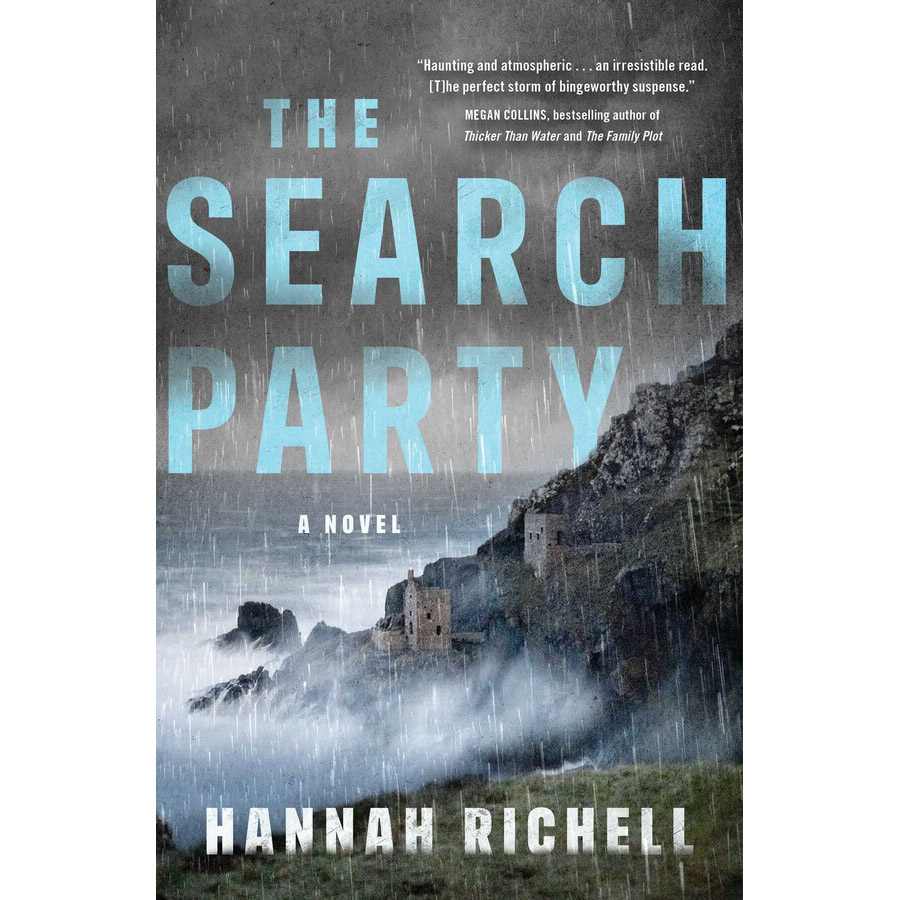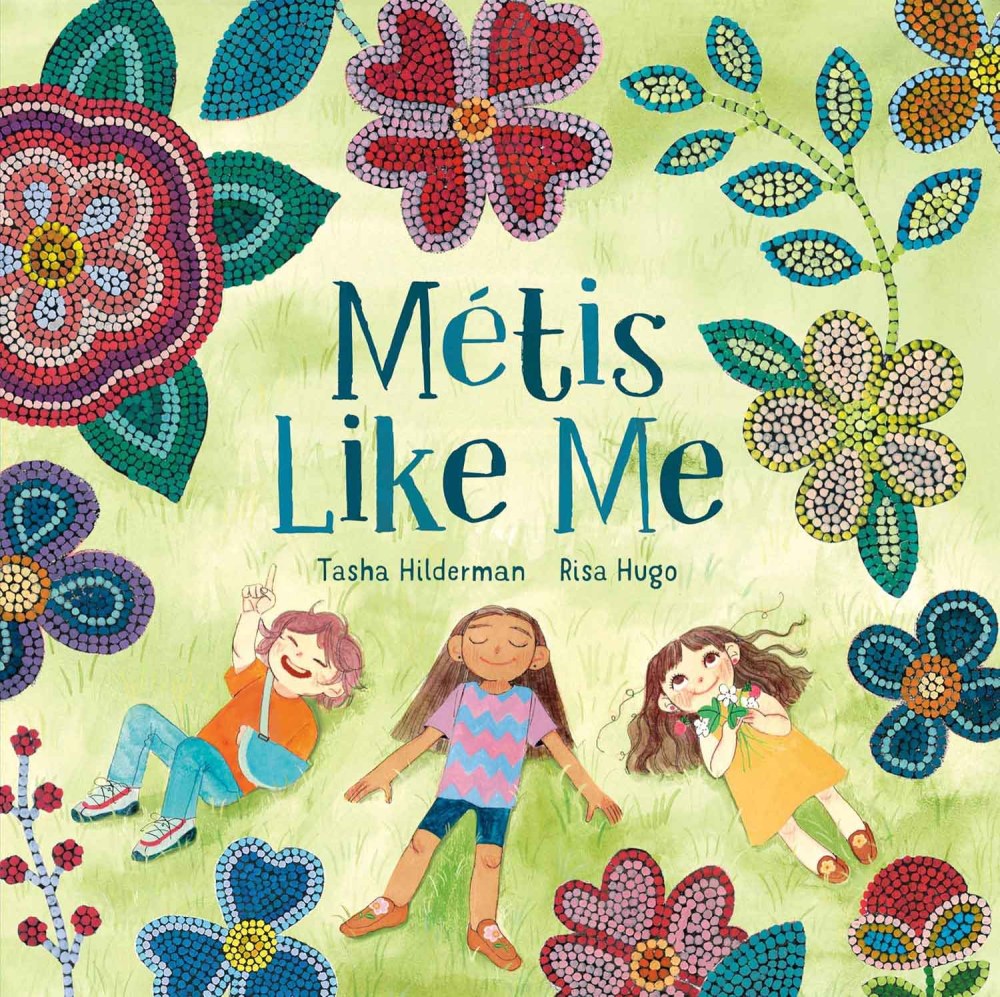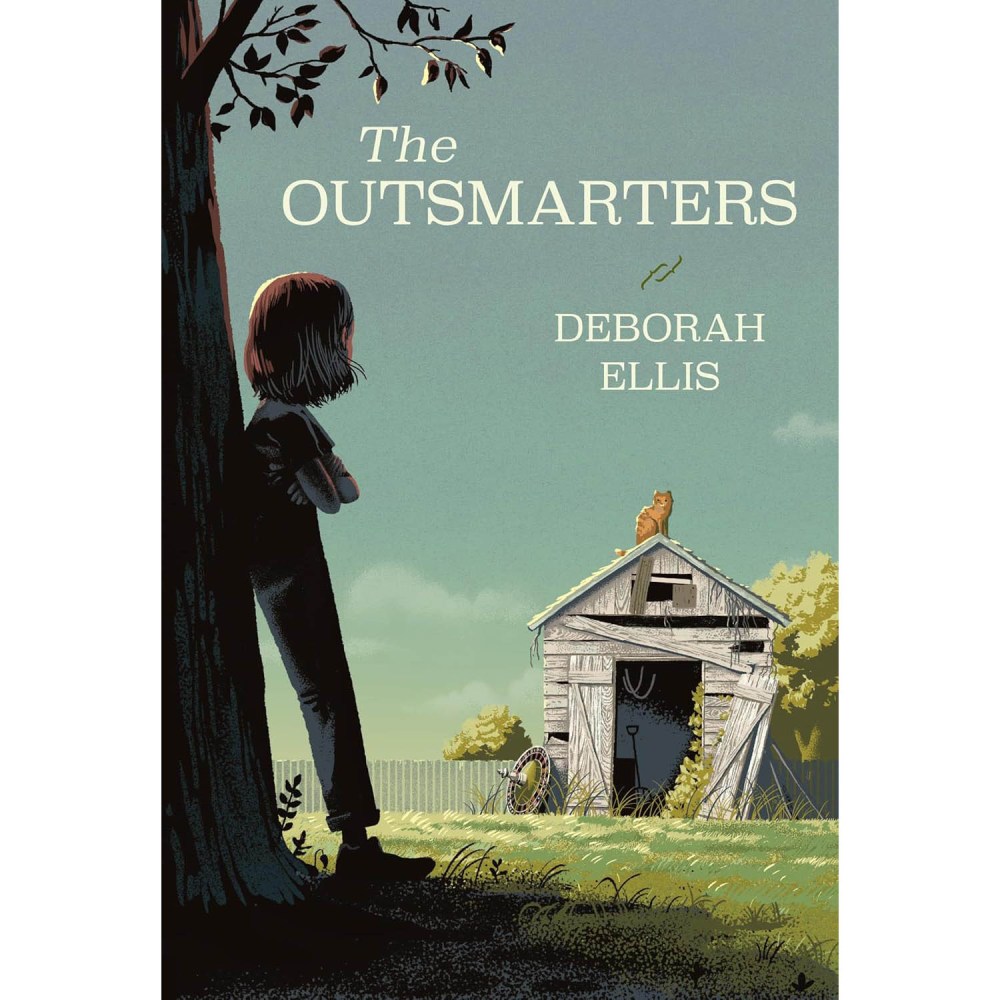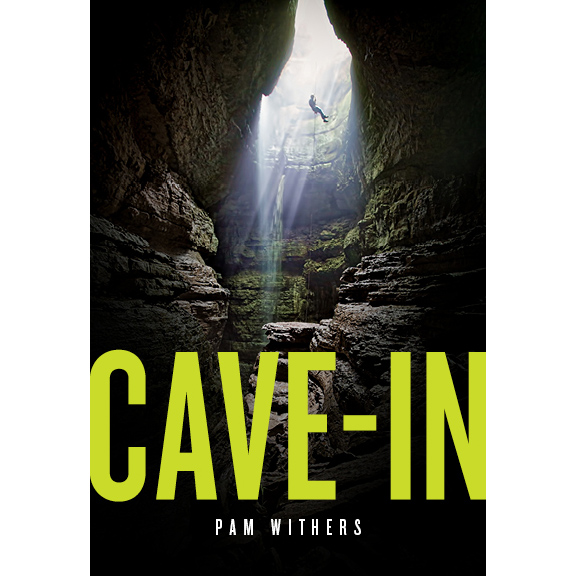Choice chapters Free Press reviewers reveal their best books of 2024
Read this article for free:
or
Already have an account? Log in here »
To continue reading, please subscribe:
Monthly Digital Subscription
$1 per week for 24 weeks*
- Enjoy unlimited reading on winnipegfreepress.com
- Read the E-Edition, our digital replica newspaper
- Access News Break, our award-winning app
- Play interactive puzzles
*Billed as $4.00 plus GST every four weeks. After 24 weeks, price increases to the regular rate of $19.95 plus GST every four weeks. Offer available to new and qualified returning subscribers only. Cancel any time.
Monthly Digital Subscription
$4.99/week*
- Enjoy unlimited reading on winnipegfreepress.com
- Read the E-Edition, our digital replica newspaper
- Access News Break, our award-winning app
- Play interactive puzzles
*Billed as $19.95 plus GST every four weeks. Cancel any time.
To continue reading, please subscribe:
Add Free Press access to your Brandon Sun subscription for only an additional
$1 for the first 4 weeks*
*Your next subscription payment will increase by $1.00 and you will be charged $16.99 plus GST for four weeks. After four weeks, your payment will increase to $23.99 plus GST every four weeks.
Read unlimited articles for free today:
or
Already have an account? Log in here »
Hey there, time traveller!
This article was published 06/12/2024 (422 days ago), so information in it may no longer be current.
The rise of artificial intelligence, TikTok’s “romantasy” book craze, small- and big-screen adaptation, authors boycotting literary prizes and more saw 2024 prove to be yet another news-worthy year when it came to the written word.
Through it all authors perservered, offering works from the heart that inspired, infuriated, illuminated and educated. Here are the top fiction, non-fiction and poetry titles as chosen by Free Press reviewers, proving once again that writers still have plenty to say.
— Ben Sigurdson, literary editor
FICTION
All Fours
By Miranda July
A disruptive and decidedly female take on the mid-life crisis novel, the latest work from Los Angeles-based Miranda July is frank, funny and horny. Creativity clashes with domesticity, pansexual desire crashes into perimenopause in this gloriously messy narrative, as the unnamed narrator — who’s a lot like July herself — takes an artistic and erotic detour on a planned cross-country road trip.
— Alison Gillmor
The Astrology House
By Carinn Jade
Whether Jade’s use of astrology is sincere, or a kind of McGuffin, a Holy Grail or Golden Fleece, will depend on the reader. These reserved characters’ various lives entwine gradually into the violent present, a chaotic maelstrom.
— Bill Rambo
The Capital of Dreams
By Heather O’Neill
Montreal’s Heather O’Neill melds fairy tale, coming-of-age story and the horrors of war in her latest breathtaking novel. Set in a fictional European country under siege, The Capital of Dreams follows a girl (and a talking goose) who set out to find her artist mother’s lost manuscript and ferry it abroad. It’s in turns heartbreaking and beautiful.
— Ben Sigurdson
Co-Existence: Stories
By Billy-Ray Belcourt
There’s something for everyone in Billy-Ray Belcourt’s Coexistence, in which the award-winning poet/memoirist/novelist from Driftpile Cree Nation turns to short fiction to explore family and community bonds, life in cities and on reserves, queer love, art and survival — all within the paradox of grief and joy of contemporary Indigenous life. Like Maggie Nelson and Édouard Louis, Belcourt writes with political urgency, deep intellect and beauty. In his stories a farmer’s field and casual racism belie the violence of Canada’s colonial past, mothers and sons reconnect and the writing pulses, as ever, with the imagined and real possibilities of a queer Indigenous future.
— Sara Harms
Donner Parties and Other Anti-Social Gatherings
By Keith Cadieux
Donner Parties and Other Anti-Social Gatherings by Winnipeg’s Keith Cadieux is an insinuatingly creepy and otherwordly collection of scary stories which take hold of your imagination and won’t let go. The horror in them brings out the horror you don’t want to feel in yourself but do.
— Rory Runnells
An Evening with Birdy O’Day
By Greg Kearney
Greg Kearney’s lively second novel explores the shared history between Roland Keener, an aging, gay hairstylist, and the eponymous Birdy O’ Day, Roland’s classmate turned surrogate brother and romantic fixation. When teenage Birdy abruptly flees Winnipeg to chase his pop star dreams, a left-behind Roland remains obsessed with his friend. While anticipating a present-day homecoming by none other than Birdy himself, Roland’s rueful flashback-style narration delves into found family, fame and Birdy’s flights of fancy.
— Nyala Ali
Here One Moment
By Liane Moriarty
What would you change about your life today if you knew you were going to die tomorrow, in a week, in a year? Themes of immortality, fate and free will are intricately woven into this page-turner about upended lives after a so-called clairvoyant makes death predictions for random strangers on a plane during a routine flight across Australia. Once a few of the prophecies start coming true, panic ensues and the clairvoyant becomes known as the “Death Lady.” In the following months, each passenger from the flight grapples with fate, mortality and the million paths a life can take as they lean in toward reinvention, living each day as though it were their last.
— Rochelle Squires
The Horse
By Willy Vlautin
Even if you’re a sucker for sad stories, The Horse is gonna hit you where it hurts. The latest novel from Portland, Ore.-based Vlautin, a musician himself, introduces readers to Al Ward, a 67-year-old country western songwriter and erstwhile guitar player, who finds himself out in the high desert of Nevada after a lifetime of hard luck and a frustrating string of near misses, just waiting around to die, when an old blind horse shows up in front of his shack. Al’s story is told with empathy and poetic insight, and peppered throughout with lyrics that owe a debt to the likes of Townes Van Zandt, Hank Williams, and John Doe of the LA-based band X, to whom the book is dedicated.
— Sheldon Birnie
In Winter I Get Up At Night
By Jane Urquhart
In The Stone Carvers, Away and The Underpainter, Jane Urquhart cemented her status as a master chronicler of Canada’s past, people and landscapes. Her newest work of historical fiction reinforces that status. In Winter I Get Up At Night is a beautiful and moving tale of memory and manipulation, family and friendship, trauma and acceptance, and cloistering and colonization. The tale is told by a middle-aged itinerant music teacher living in rural Saskatchewan — a place where small, intimate dramas about damaged children and unrequited love often collide with grand ideas about politics and religion.
— Sharon Chisvin
Intermezzo
By Sally Rooney
Popular 33-year-old Irish writer Sally Rooney’s fourth novel confirms that she is a remarkably talented and insightful chronicler of millennial life. The narrative focuses on five intriguing young people, living in and around Dublin, as they interact during a complex interlude in their busy lives. Two brothers (lawyer Peter, 32, and chess champion Ivan, 22) and three unrelated women — Sylvia, Naomi and Margaret — provide a variety of intriguing problems and distractions.
— Dave Williamson
James
By Percival Everett
An astonishing retelling of Mark Twain’s classic The Adventures of Huckleberry Finn, wrenching and hilarious by turns, James takes a clear-eyed look at the legacy of enslavement and the stereotypes and lower expectations still faced by descendants. In Everett’s hands, Huck and Jim’s flight to freedom down the Mississippi River becomes a dazzling, transformative journey filled with humour and hope.
— Zilla Jones
The Jellyfish
By Boum
Pow Pow Press, 228 pages, $29.95
Odette is a queer twentysomething with a jellyfish in their eye. But the dark splotch obscuring Odette’s vision is invisible to everyone but them, and the reader, in this remarkable graphic novel by Montreal cartoonist Boum. With illustrated panels that evolve along with Odette’s eye condition, Boum crafts themes of disability, identity and relationship dynamics into an innovative story of heartbreak and hope.
— Nyala Ali
Journey: Celebrating the Journey Prize — Selected Stories, 1989-2023
Edited by Alexander MacLeod and Souvankham Thammavongsa,
The strength of this anthology of 31 Canadian short stories is not just the expertise of the writers, but the range of styles and the emotions elicited. From touching to hilarious, from objective to personal, from odd to scary to perplexing, Journey is a marvelous collection to be read in pieces and savoured.
— Gene Walz
Long Island
By Colm Tóibín
Economical, understated and often unbearably moving, Colm Tóibín’s worthy sequel to his 2009 novel Brooklyn follows Eilis Fiorello as a family crisis leads her from her Long Island home back to Ireland. There she encounters the man she left behind two decades ago, their meeting now complicated by midlife responsibilities and regrets.
— Alison Gillmor
Long Island Compromise
By Taffy Brodesser-Akner
This lively but flabby satire of Jewish-American privilege reads like a mashup of two literary classics, Jonathan Franzen’s The Corrections and Philip Roth’s Goodbye, Columbus. It offers sprawling social comedy focusing on three siblings whose tormented adult lives can be traced to their dysfunctional family background.
— Morley Walker
Mal Goes to War
By Edward Ashton
In the dystopian near-future, Mal (as in malware) is a free, sentient artificial intelligence who can hack and take control of technological devices, from drones to brain implants. Caught in a grim civil war between humans who embrace cyber-augmentation and those who oppose it, Mal joins a ragtag band of misfits and learns what it means to be human. The author of Mickey 7 transports his snarky wit from space colony to AI in this fish-out-of-water story.
— Wendy Sawatzky
The Ministry of Time
By Kaliane Bradley
A secret government ministry brings people doomed in the past into the present. Our protagonist is a civil servant assigned to help commander Graham Gore, recently of the Franklin Expedition, adjust to life in the 21st century. A fresh, smart, and drily funny time-travel adventure that will please fans of science fiction, Arctic exploration, modern spycraft and — dare I say — romance?
— Wendy Sawatzky
[non]disclosure
By Renée Bondy
Riveting and powerful, Ontario-based author Renée Bondy explores themes of silence, complicity and trauma in her short but intense debut novel about a young woman abused by a Catholic priest. Bondy’s breadth of knowledge and deep compassion for her subject comes through in every one of her beautifully written sentences.
— Kathryne Cardwell
The Other Valley
By Scott Alexander Howard
Picture a quiet town nestled in a valley. To the west is the same town, but 20 years in the past; to the east, the same town 20 years in the future. A council restricts travel between the valleys. In his debut, Howard brings to life his unique world in a quiet, memorable novel that touches on themes of obedience, consequences and loss.
— Wendy Sawatzky
Our Evenings
By Alan Hollinghurst
Booker Prize winner Hollinghurst offers a beautifully detailed story of David Win, an actor who faces British society’s discrimination for his mixed-race ancestry and his homosexuality. The novel follows David’s life over five decades, from when he’s a scholarship student in private school in the 1960s through to his search for success onstage and happiness in his private life.
— Andrea Geary
Out of the Shadows
By Gordon Henderson and David Bouchard
Out of the Shadows tells the story of Louis Riel, Sir John A. Macdonald and the formation of Manitoba. Told from the perspective of a fictitious reporter, the story helps to make history real for the readers. It explores the ideals and motivations behind the actions of politicians, Métis leaders and others living in Red River and beyond.
— Susan Huebert
Peggy
By Rebecca Godfrey with Leslie Jamison
This poignant historical novel offers a compassionate look at the domestic side of Peggy Guggenheim, a 20th-century heiress, philanthropist and art collector. Not only is she portrayed as a fascinating character replete with contradictions, but the novel also sheds new light on her fraught backstory.
— Bev Sandell Greenberg
Real Ones
By katherena vermette
Seemingly ripped from the headlines, Real Ones is about the effect a “pretendian” has on her family, and on the “real ones” — Indigenous peoples. The story focuses on a woman who has passed herself off as an Indigenous artist for years. Her family knows that — and the public is about to find out.
— Deborah Bowers
This Bright Dust
By Nina Berkhout
This Bright Dust by Nina Berkhout is a compelling story about the last months of the Great Depression, as seen through the eyes of Canadian farmers desperately trying to survive in difficult times. The story follows Abel Dodds and his neighbours as they deal with drought, grasshoppers and impending war. Although some readers might find parts of the book depressing, This Bright Dust is ultimately about hope and community in dark times.
— Susan Huebert
The Vicar Vortex
By Vince Ditrich
The Vicar Vortex is the third volume in the rollicking trilogy of mayhem by Vince Ditrich, following his maladroit everyman and Elvis impersonator wannabe Tony Vicar through a series of decidedly unfortunate events. Ditrich hits home again with his biting satire on our crumbling society.
— Chris Rutkowski
Wandering Stars
By Tommy Orange
Tommy Orange’s latest is both prequel and sequel to his 2018 debut novel There There, which followed a huge cast of characters as they prepared for a large powwow in Oakland, Calif. However, Wandering Stars is a rich and complete story that readers can enjoy as a standalone novel. Orange explores trauma, family ties, history and redemption using powerful, punchy prose that combines run-on sentences with harsh truths. The storylines, multiple narratives and blunt writing style often make the story difficult to read — but also difficult to forget.
— Kathryne Cardwell
A Way to be Happy
By Carolyn Adderson
In her short-story collection A Way to be Happy, Carolyn Adderson explores the complexities of society as her characters strive to come to terms with themselves and find a sense of belonging. Longlisted for the 2024 Giller Prize, this collection stands as a testament to Adderson’s mastery of nuance and insight into the world we live in.
— Carrie Hatland
We Were The Bullfighters
By Marianne K. Miller
Set in Ontario, New York and some midwestern states in 1923, this historical fiction recounts the story of the late American writer Ernest Hemingway workgin as a news reporter for the Toronto Star before he achieved fame. Part biographical fiction and part crime story, it’s a skilfully written, action-packed tale about an iconic author at a significant but vulnerable point in his literary career.
— Bev Sandell Greenberg
When The Moon Hatched
By Sarah A. Parker
Assassins, dragons and forbidden romance abound in Sarah A. Parker’s exquisite fantasy, When The Moon Hatched. If a recipe exists with the perfect combination of “romantasy” ingredients, Parker might just have it: she’s concocted a fast-paced story with a sassy heroine, a morally grey male lead, a little mystery, a lot of action and a leathy dash of (romantic) spice, complimented with a side of, well, dragons. Mixed with a delicious amount of witty banter and clever world-building, this entertaining first volume in what’s sure to be a phenomenal series will have you craving more story immediately.
— Katrina Sklepowich
The Women
By Kristin Hannah
Set during and after the Vietnam War, The Women is a stark and stunning ode to the female heroes history forgot. A haunting examination of the human cost of war, the emotional toll of trauma and the lies a country will tell itself to justify destruction, The Women delves into suffering with unflinching and heartbreaking detail. And yet, in this raw and visceral account of humanity’s darkness, Hannah has woven light-filled threads of hope and love — the hope that is found in healing and the love that is found in friendship. A tear-jerker through and through, The Women is a profound interpretation of finding beauty in the broken, and an absolute must-read.
— Katrina Sklepowich
The Year of the Locust
By Terry Hayes
Terry Hayes’ latest is a propulsive, techno-thriller featuring super-agent-spy-guy, Ridley Kane, a hero with enough mad skills to make Jason Bourne and Ethan Hunt look like junior Boy Scouts. It’s gasp-worthy fiction where you ignore the logic and scientific method. Pass the popcorn — this one’s a true ripper.
— Craig Terlson
NON-FICTION
Art of the Grimoire: An Illustrated History of Magic Books and Spells
By Owen Davies
Art of the Grimoire is an enchanting history of magic books filled with gorgeous illustrations from across centuries and cultures. A renowned British historian, Owen Davies connects the increased proliferation of magic books to the progression of printing techniques and media. From Sumerian clay tablets to massive paper volumes annotated by magicians and all the way to Wicked’s “grimmerie,” readers will be spell-bound by this beautifully designed collection.
—Mary Horodyski
Autocracy, Inc.: The Dictators who want Run the World
By Anne Applebaum
Pulitzer Prize-winner Anne Applebaum provides a critical analysis of the geopolitical state of affairs that is shrouded and shaped by an ultra-rich, maniacal and networked collection of tyrants (Vladimir Putin, Xi Jinping, Nicolás Maduro, Donald Trump, etc.). Not fully aligned ideologically, these autocrats use misinformation, the embezzlement of funds and anti-liberal rhetoric to bolster their power and unfettered wealth. Autocracy, Inc. is a warning of both the present and the future — take heed.
— Matt Henderson
Beneath the Surface of Things: New and Selected Essays
By Wade Davis
Canadian anthropologist Wade Davis offers a series of essays which speak to the desperate need to change our trajectory and relationship with Earth, the need for humans to think deeply about the taken-for-grantedness of life and the cause and consequence of imperial movements. Part elixir for coping with the pandemic lockdown and part plea to humanity, Davis connects the dots between our species’ unique ability to collaborate and solve problems, coupled with our tendency to foul the whole thing up.
— Matt Henderson
Cocaine & Rhinestones: A History of George Jones and Tammy Wynette
By Tyler Mahan Coe
For some, George Jones and Tammy Wynette will always be the king and queen of country music. But their real life story is anything but a fairy tale — not even the darkest among the collected tales of the Brothers Grimm. Based on Coe’s hit podcast, Cocaine & Rhinestones could be considered the authoritative history of the pair. But Coe also takes the reader down fascinating backroads, including deep dives into medieval court intrigue, the history of Spanish bullfighting, Buffalo Bill’s Wild West to speakeasy drag shows, as well the importance of pinball, soap operas and moonshine on the establishment of country music kingmakers, among many others. Clocking in at nearly 500 pages, those with the time to spare will be richly rewarded, whether they’re country music fans or not.
— Sheldon Birnie
Crosses in the Sky: Jean de Brébeuf and the Destruction of Huronia
By Mark Bourrie
In 1649 Jean de Brébeuf, French Jesuit missionary to the Huron Indigenous people of Canada (then New France), was captured, ritually tortured and killed by the Hurons’ arch enemy, the Iroquois. In 1930, Pope Pius XI canonized him a saint of the Catholic Church. Author Mark Bourrie packages historical detail in a fluid narrative that admires Brébeuf’s courage, but deems his missionary work less than sainted.
— Douglas J. Johnston
Dangerous Memory: Coming of Age in the Decade of Greed
By Charlie Angus
Longtime NDP MP Charlie Angus, who will soon be leaving electoral politics, has written an engaging memoir regarding his early adult years as a punk rocker and social activist while operating a Catholic Worker house for homeless folks in Toronto. Dangerous Memory is an engaging account of the tumultuous 1980s, a decade marked by Reaganomics, anti-nuclear protests, AIDS and the glorification of greed, among other things. The MP argues that today’s problems, including worsening climate change, homelessness and economic inequality, are linked to decisions made four decades ago.
— Christopher Adams
Eight-Legged Wonders: The Surprising Lives of Spiders,
By James O’Hanlon
Eight-Legged Wonders is just 220 pages of text, an easy read made easier by author James O’Hanlon’s relaxed style and humour. But as slight as the book might seem, O’Hanlon’s silky web is so fascinating that readers likely will never escape its embrace.
— Gerald Flood
Flee North: A Forgotten Hero and the Fight for Freedom in Slavery’s Borderland
By Scott Shane
Freed slave Thomas Smallwood was a forgotten hero, now recognized in this detailed, lively account of his life by award-winning reporter and non-fiction book author Scott Shane. Not only did Smallwood risk his freedom (and his life) helping slaves in antebellum Washington, D.C. and Baltimore flee north to New York and Canada, he is credited as coining the phrase “underground railroad.”
— Chris Smith
The Good Walk: Creating New Paths on Traditional Prairie Trails
By Matthew R. Anderson
History is a pathway much like the traces we forge on the landscape. Matthew R. Anderson’s perceptive narrative on trekking two old Saskatchewan routes, the Traders’ Road (Wood Mountain Post to Fort Walsh) and the Battleford Trail (Swift Current to Fort Battleford), considers the treatment of Indigenous and Métis peoples in realizing European agrarian settlement. Supported by historic and contemporary observations, photographs, poems, sketches and reading lists, this account is an invitation to explore new relationships with First Nations peoples and the land. For persons embracing the Canadian journey, it is an excellent (first) step.
— Gail Perry
The High Seas: Greed, Power and the Battle for the Unclaimed Ocean
By Olive Heffernan
Olive Heffernan’s The High Seas: Greed, Power and the Battle for the Unclaimed Ocean is a startling, timely and vital revelation, especially for anyone concerned about the environment. As Heffernan, a marine biologist, warns, we humans are not only wreaking havoc on the land, we’ve now turned our rapacious attention to the oceans.
— Gene Walz
The Honourable John Norquay: Indigenous Premier, Canadian Statesman
By Gerald Friesen
Many Manitobans realize the importance of Louis Riel in the creation of our province, but few know anything about John Norquay, who served as premier from 1879-88. It’s hard to imagine a leader better suited to preserving the peace in a period of rapid transition. Born in 1841 of mixed ancestry, Norquay, like Riel, persistently fought a federal government that was determined to exploit the west. Gerald Friesen spent 10 years writing this detailed biography of Norquay’s early life and his 18-year political career. His efforts were well worth it.
— Faith Johnston
Imminent: Inside the Pentagon’s Hunt for UFOs
By Luis Elizondo
Imminent is essentially a personal memoir of whistleblower Luis Elizondo, detailing how he earned a top-secret security clearance as a U.S. counterintelligence officer and came to the realization that aliens are visiting Earth. Is it true?
— Chris Rutkowski
Invisible Doctrine: The Secret History of Neoliberalism
By George Monbiot and Peter Hutchison
This is a short, well-written guide to the real economic system that dominates our lives. During the past 50 years, in a backlash against the popularity of European and American welfare states, America’s richest business owners have spent spent billions on what eventually became about 500 propaganda “think tanks” in over 90 countries. They relentlessly spread the philosophy that taxation is robbery, altruism is the greatest evil and greed is the greatest good. If the world is to progress, they argue, the ultra-rich must be free to make as much money as they want and spend it as they wish. If you want to know why public services like health care, education and affordable housing are in crisis, read this book before our next election.
— John K. Collins
Knife
By Salman Rushdie
In this slender and often-powerful memoir, the celebrated British-American novelist recounts the circumstances surrounding his near murder two years ago at the hands of a Muslim extremist. “No matter what I’ve written or may now write,” he admits, “I’ll always be the guy who got knifed.”
— Morley Walker
The Knowing
By Tanya Talaga
In seeking to learn more about her great-great grandmother, the Anishinaabe journalist delves into her family’s past while chronicling the many ways colonization, Indian Residential Schools and subsequent government policy have devastated Indigneous communities, particularly women. It’s a necessary read, searingly and urgently conveyed in Talaga’s gripping prose.
— Ben Sigurdson
Motherlike
By Katherine Leyton
In this smart, fierce, loving and at times funny exploration of pregnancy, birth and mothering, first-time memoirist Katherine Leyton interrogates our society’s love-hate relationship with mothers and their vital work; the idea/l of motherhood is glorified, but the grueling reality is not something worth looking at or listening to women speak about. While this powerful and timely book deserves to be read widely by women wherever they are on their reproductive journey, it should be required reading for every man.
— Jess Woolford
My Life with Sea Turtles: A Marine Biologist’s Quest to Protect One of the Most Ancient Animals on Earth
By Christine Figgener
My Life with Sea Turtles is a well-written, eye-opening accounting of how human activity has caused a perilous decline in the population of sea turtles over only a few decades. Even massive 600-kilogram animals are helpless in the face of plastic pollution and rising sea temperatures, floating fishing nets, tourists trampling nesting grounds and hotel lights that disorient breeding females. A sobering and important read for people concerned about the planet.
— Harriet Zaidman
The New Menopause: Navigating Your Path Through Hormonal Change with Purpose, Power, and Facts
By Dr. Mary Claire Haver
Menopause is in the spotlight, thanks to Gen-X women shouting from the rooftops — and Dr. Mary Claire Haver is one of them. In her book, which aligns with her social media messaging, she shares straight talk and medical facts that debunk outdated medical studies and predatory influencer marketing claims. “Menopause is inevitable; suffering is not,” says Dr. Haver.
— Deborah Bowers
Paris ‘44: The Shame and the Glory
By Patrick Bishop
It has been said that only someone who lived through it could fully understand the atmosphere of Paris under Nazi occupation during the Second World War. But British author Patrick Bishop, with his skeptical approach to myths and evocation of multiple perspectives, probably comes as close as possible to reconstructing what actually happened in that dark and tragic era.
— Graeme Voyer
Prairie Oddities: Punkinhead, Peculiar Gravity, and More Lesser Known Histories
By Darren Bernhardt
Local journalist Darren Bernhardt has dove back into the archives and surfaced with another entertaining selection of historical “oddities” about Winnipeg and the surrounding area. Now you too can know the relationship between Winnipeg and Bugs Bunny or why you weigh less in Churchill. The book includes a fascinating list of “firsts,” from the first fast food restaurant in Winnipeg to Manitoba’s first Anishinaabe premier.
— Mary Horodyski
The Prince: The Turbulent Reign of Justin Trudeau
Written by Stephen Maher
Maher, a seasoned writer for such outlets as iPolitics and Postmedia News, has covered the rise and decline of Justin Trudeau in The Prince. His excellent work captures the post-election euphoria among Canadians in 2015. In contrast to the introverted and dour Stephen Harper, the new prime minister played to the media, waded into crowds and spoke about reconciliation with Indigenous peoples. Since then, and for many reasons, the PM’s wheels have fallen off the political cart.
— Christopher Adams
The Quiet Damage: QAnon and the Destruction of the American Family
By Jesselyn Cook
As many as 80 million Americans believe in conspiracy theories spread by an internet platform preaching that a group of elite Satan-worshipping pedophiles secretly control the government, media and financial worlds. Behind the scenes, they say, Donald Trump and a mysterious government insider known as “Q” are fighting a desperate battle against them. Cook describes how easy it is, in a world of non-stop crisis, to prefer delusional simplicity to complicated truth. Her message is that none of us is immune; she could have spent more time on recommending the much-needed vaccine of reputable newspapers and a few good books.
— John K. Collins
Raising Hare
By Chloe Dalton
When Chloe Dalton took in a tiny infant hare, she could not have anticipated how their relationship would transform her life. Beautifully crafted, Dalton’s first book will captivate readers who love the natural world and its inhabitants, readers who have forgotten this love, and readers who have never known it. Unforgettable.
— Jess Woolford
Rebel Girl: My Life As a Feminist Punk
By Kathleen Hanna
The Bikini Kill/Le Tigre frontwoman bears all in this sparkling, searing memoir that recounts her turbulent childhood, her place in the early 1990s riot grrrl movement, her relationship to feminism and art as well as her health struggles. But this book is not a bummer: Hanna’s chatty, funny voice makes her feel like a confiding friend, giving it the intimacy of a slumber-party confessional.
— Jen Zoratti
Signs of Life: Field Notes from the Frontlines of Extinction
By Sarah Cox
It may be not that long from now when the only place you’ll see a polar bear is in pictures — the same holds true for caribou, grizzly bears, killer and beluga whales. In Signs of Life Sarah Cox nots that we have already lost 135 species since colonization and, she adds, another 900 species are “critically imperiled.” Cox is especially blunt about our character and conduct in the animal world, as if she’s writing not with a keyboard but a hammer. Her warning leaves no room for ands, buts, nos or maybes. Refreshing.
— Barry Craig
Space Oddities: The Mysterious Anomalies Challenging Our Understanding Of The Universe
By Harry Cliff
As its title implies, Harry Cliff’s Space Oddities explains what we know about the universe by examining what we don’t know and why we don’t know it. Why, for example, is the observable universe — 90 billion light years across — expanding? And from where?
— Gerald Flood
Splinters: Another Kind of Love Story
By Leslie Jamison
In her provocative memoir and fifth book, Brooklyn writer and professor Leslie Jamison tells of her brief marriage to New York writer Charles Bock. It produces a baby daughter who accompanies her on all her travels, such as the tour that promotes her exceptional book on drug addiction, The Recovering. As Jamison takes on relationships with other men and even involves her daughter in faculty meetings, you wonder when this likable and exceptionally fine writer ever has time to write.
— Dave Williamson
UFO: The Inside Story of the U.S. Government’s Search for Alien Life Here — and Out There
By Garrett M. Graff
Author Garrett Graff is even-handed in his assessment of the evidence for unidentified aerial phenomena and the testimony of witnesses, ultimately taking no particular stand himself as to the nature of the objects people have claimed to see, only that something significant appears to be going on — something warranting investigation.
—Michael Dudley
A Very Private School: A Memoir
By Charles Spencer
Five years in the making, this powerfully honest memoir exposes the pedophilic teachers and tyrannical toadies charged with caring for the British upper-class boys attending Maidwell Hall in the 1970s. Spencer, who describes the facility as “half county manor house, half prison camp,” attended the English boarding school from age eight to 13. Using the personal journals and memories of two dozen Maidwell alumni, Spencer shows the emotional damage that’s done when the “spare the rod, spoil the child” mantra runs amok. A tough but totally worthwhile read.
— GC Cabana-Coldwell
Walk, Eat, Repeat: Culinary Adventures on the Camino de Santiago
By Lindy Mechefske
This is multi-faceted book blends a tale of hiking the 790-kilometre Camino de Santiago historical route through northern Spain, an appreciation of the country’s culinary history and dishes (including recipes) and author Lindy Mechefske’s account of using the adventure to solve personal issues (it’s a pilgrimage route, after all). She is qualified on all counts.
— Chris Smith
What Ukrainian Elections Taught Me About Democracy
By Jane Cooper
Timely, concise and geographically wide-ranging, this assessment of the democratic process is a reminder of how vulnerable democracies can be. Those seeking to subvert free and fair elections are unfortunately proven to have played their parts, and are now recounted here by this international election observer.
— Joseph Hnatiuk
Wînipêk: Visions of Canada from an Indigenous Centre
By Niigaan Sinclair
Academic, thinker, activist and community leader, Niigaan Sinclair offers a collection of his Free Press columns to paint a picture of Winnipeg, reconciliation and the colonial residue that is omnipresent in this territory, province and country. Using seasons and the natural world as a metaphor, Sinclair uncovers the hard truth of our past and future, but points to a new spring whereby all people — all our relations — have the means to a decent life. This is a critical book for the family member who asks, “Why don’t they just get over it?”
—Matt Henderson
Work To Be Done
By Bruce Whiteman
Poet, translator, culture historian, book reviewer and lover of language, Bruce Whiteman has sifted and scrutinized 50 years of his critical writings and selected those that still have delight to offer the curious reader. The book is divided into five sections so the reader can jump from The Art of Poetry to Canlit, from Antiquity to Europe to The World of Books.
— Ron Robinson
POETRY
Mondegreen Riffs
By Angeline Schellenberg
Angeline Schellenberg’s Mondegreen Riffs made me fall in love with language and poetry all over again. Her exhuberent language play propels the reader along “the path mortals walk between disturbance and glory,” and, in so doing, she awakens the senses and emotions to a universe of perceptions transformed.
Chambersonic
By Oana Avasilichioaei
A new book by Oana Avasilichioaei is always exciting for the way she transforms the medium of language and page, and in this respect Chambersonic no exception. Using staves, images, graphic representations and QR codes that point to sound files, in addition to prose and short lines, she creats a page that vibrates with the sound of breath and biome, voice and ethics “to listen// to things in themselves.”
Blood Belies
By Ellen Chang-Richardson
In their singular debut Blood Belies, Ellen Chang-Richardson uses documents and playground rhymes as well as textual and graphic innovations to create a map of memory’s hauntings. The capacious way they use the page creates a space that accomodates both the skew of memory and its possibility for making a home in the midst of injustice and exclusion.
— melanie brannagan frederiksen
A Year of Last Things
By Michael Ondaatje
A Year of Last Things, Michael Ondaatje’s first book of poems since Handwriting, reminds us that in his imaginative world, the usual sullen and monolithic distinctions between prose and poetry, between fiction and memoir and autobiography, and among several manifestations of time — time remembered, time forgotten, time written or unwritten; the past distant or invoked or resonantly present — are luminously dissolved within his craft and his abiding love for language.
— Neil Besner
SUSPENSE
I Will Ruin You
By Linwood Barclay
The gates of hell open to swallow up teacher-narrator Richard, all because he saved a whole lot of children and their teachers from death and dismemberment. Sued by a dead bomber’s parents. Stalked by a drug dealer threatening him with allegations of sexual assault. A fellow teacher stirring up book-burning vigilantes. A nasty secret in his own past. A sister-in-law cop hunting fentanyl who’s sniffing around Richard. Hitchcock stuff for a new century, an innocent man caught up in a web and looking guiltier by the minute.
One Perfect Couple
By Ruth Ware
There comes a moment in One Perfect Couple when the suspense becomes so excruciating that you can hardly bear to read the next sentence, yet you desperately need to know. Assume it’s the umpteenth version of Agatha Christie’s And Then There Were None and you’ll be completely blown away by the audacity of Ruth Ware’s never taking readers where we expect to go. A new reality show about to film on an exclusive island somewhere off Indonesia — their electronics confiscated, grandiose promises unfulfilled, five couples learn they’ll be winnowed out one person at a time in humiliating fashion. But is it The Hunger Games? Will only one contestant literally survive?
The Search Party
By Hannah Richell
Is it even possible to invite a bunch of your longest, oldest, dearest friends and their kids and their deepest darkest secrets to the middle of nowhere for the weekend and have everyone still alive on Monday morning? It opens with someone referred to only as “the girl” launching herself off the top of a cliff as a male voice urges her on — maybe behind her, maybe giving her a nudge, maybe only in her head. The story runs for four days, Friday to Monday, every chapter from the perspective of a different character; many involve interviews to the police, we’re beginning to get hints that something quite dreadful happened — the author grips us and doesn’t let go.
— Nick Martin
CHILDREN’S
Ages 3-9
Métis Like Me
By Tasha Hilderman, ill. by Risa Hugo
A child is curious about her Métis heritage and seeks answers in things that are connected to her community: outdoor fires, saskatoon pies, beading, telling stories, jigging and playing music. Hugo’s illustrations are colourful and age-appropriate for any youngster hoping to learn more about Indigenous backgrounds.
Ages 9-12
The Outsmarters
By Deborah Ellis
Kate (Or Krate as she prefers) has been abandoned by her parents and left with a strict grandmother. When she gets suspended from school for misbehaviour, she uses her own initiative to earn some money. Using an old Peanuts cartoon as inspiration, Krate sets up a philosophy booth and gives answers to curious clients. Amusing and informative, this mid-level novel by a respected author will be appreciated by any child who enjoys being out of the mainstream.
Ages 12 and up
Cave-In
By Pam Withers
With an unusual teen-aged activity (caving) and an unfamiliar setting (a northern B.C. mining town), this book will appeal to young adults. Hudson Greer and his caving partner, Jeff, are exploring in tunnels under their town when they sense an area of danger right in its centre. Mindful of a tragedy in the past when a cave-in caused a church and all its parishioners to collapse and be lost, they seek to stop construction work that may lead to deadly results. When Hudson gets trapped inside one of the underground tunnels before he can alert the townspeople, there is gripping suspense and excitement. Plenty of information also about caving, including rules on keeping safe.
— Helen Norrie

Ben Sigurdson
Literary editor, drinks writer
Ben Sigurdson is the Free Press‘s literary editor and drinks writer. He graduated with a master of arts degree in English from the University of Manitoba in 2005, the same year he began writing Uncorked, the weekly Free Press drinks column. He joined the Free Press full time in 2013 as a copy editor before being appointed literary editor in 2014. Read more about Ben.
In addition to providing opinions and analysis on wine and drinks, Ben oversees a team of freelance book reviewers and produces content for the arts and life section, all of which is reviewed by the Free Press’s editing team before being posted online or published in print. It’s part of the Free Press‘s tradition, since 1872, of producing reliable independent journalism. Read more about Free Press’s history and mandate, and learn how our newsroom operates.
Our newsroom depends on a growing audience of readers to power our journalism. If you are not a paid reader, please consider becoming a subscriber.
Our newsroom depends on its audience of readers to power our journalism. Thank you for your support.

